The International Summer school After the Damages offers a real opportunity to bring together participants and scholars of different disciplines, discuss new issues, tackle complex problems, and find advanced solutions and new trends in the after disaster management.
Alumni 2022
All International Summer School Alumni 2022

Abir Adnane
I’m a master student at the International University of Rabat, majoring Architecture . I’m interested in the summer school 2022 edition – After the damage ,because through this program I will get a lot of information and knowledge about risk management processes. The skills acquired are my chance to enrich my knowledge and professionally outgrowth . Architecture plays an important role in the society and our future . And managing the damages after crisis and trying to prevent them from occurring has been one of the points architects and other specialists in different fields that they are most pre-occupied about. I think this summer school is a great opportunity for me to enrich my knowledge and acquire more information about risk management .

Göksu Aktün
My name is Göksu Aktün and I am from Izmir, Turkey. I studied at Ozyegin University as an architect student in Istanbul. Throughout my university life, especially in my 3rd and 4th years, I had the opportunity to work with my professor Alessandro Camiz on conservation and urban morphology. Apart from my educational life, I worked as an intern in different firms. Notably, I was able to join the Asil Öztürk Construction which is a well-known company in Izmir, Turkey.
I am really excited to work on this summer school program to learn different techniques which will help me to see the terms “conservation, cultural heritage, and sustainability” from a new perspective.

Khizra Arfan Ul Bari
My name is Khizra Arfan Ul Bari, graduate student of 2022 Architecture and design
department, Ozyegin university, Istanbul.
In my pursuit of creative endeavours and keen interest in conservation of heritage, I
found this summer school as a unique opportunity to broaden my vision.
I have served as an assistant guide in heritage walk in old town Karachi, along with that
I am interested in proposing solutions by conceptualising how a built environment can
be conducted to adapt. So that it results in designing a structure keeping in mind the
future changes according to the change in occupations needs.
I believe in saving energy and resources starting from a personal level and spreading it
in the community. I started collecting raw materials and organic wastes to make handmade
paper on a personal level and then with the help of volunteers we held a couple
of workshops in our community where we spread awareness and taught the process of
handmade paper making to groups of people. This made me realise that such little
acts do have an impact no matter how big or small it.
Looking forward to learn from this summer schoool, in the hope that togetheer we will
make a noticeable change in the society.

Thaís Balbino
Interior Designer - University Anhembi Morumbi SP
Conclusion: 2023
Archtecture and Urbanism - Univerity Center of Belo Horizonte
Conslusion: 2020
Lighting Designer – Uno Light Desing
Conclusion: 2019
Professional Experience:
Junior Architect - Yellow Arq Project and Service
Actually
Juior Architect – Taranto Paiva – Architecture and Interior Design`}`
2017-2019
Trainee – Vanessa Lacerda Associate Architects

Laura Barrale
Laureata in Architettura nel 2019, presso il Dipartimento di Architettura di Palermo, con una tesi di ricostruzione tramite restituzione prospettica
Nel 2021 è titolare di una borsa di studio per la rielaborazione grafica 3D di disegni e stampe di opere effimere legate al viceregno austriaco.
Dal 2021, titolare borsa del Corso di Dottorato di Ricerca in Architettura, Arti e Pianificazione presso il Dipartimento di Architettura di Palermo, con curriculum in Disegno, Storia, Restauro.
Partecipa alla summer school “after the damages” come importante esperienza scientifica sull’approccio digitale finalizzato alla tutela dei beni culturali e ambientali nei casi d’emergenza.
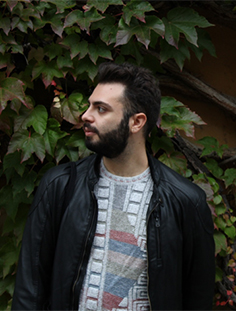
Federico Battisti
I obtained my master’s degree cum laude in Building Engineering and Architecture from University of Padova in 2021. Through the Erasmus+ program I spent a year at ETSAM – Universidad Politécnica de Madrid, a semester at Universidade do Minho in Guimarães and a semester at Bezalel Academy of Arts and Design in Jerusalem. At the latter I started my thesis research about urban history and regeneration proposals for Akko’s old town. Currently I’m a freelance building engineer-architect, mostly working with energy efficiency and seismic retrofitting. In 2016 I joined a volunteer program in Nepal, where I helped with reconstruction following the earthquakes of 2015. This experience brought me closer to the themes treated in the Summer School, which I’m eager to deepen.

Darda Bencheikh
Architect interested in sustainable architecture and passive design, passionate about
built heritage, notably , vernacular architecture and earthen building materials, and their thermal and energy performances.
Currently, a PhD of architecture, built heritage and environment (Awarded by Saad Dahleb university of Blida), researcher and assistant lecturer at the university of Amar Telidji, Laghouat (since 2018), Algeria. I am working on the improvement of building energy efficiency and indoor air quality (Passive design, renewable energy, sustainable building materials, building energy modeling, etc,), also, on the conservation of vernacular architecture, namely the Kasbah and Ksar that are a part of cultural built heritage.

Giulia Bruni
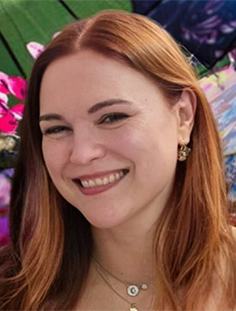
Carmen Burguete
My name is Carmen Burguete Gil. I am architect, although I have always worked as a technical architect. I have developed different jobs both in the private sector and in the administration. These range from on-site work to project development. In my current position I am in charge of the emergency brigades in a town that suffers from floods due to both maritime storms and torrential rains. For this reason, I am interested in the summer school to know how these types of catastrophes are resolved in different places in order to improve my knowledge on this subject to improve my work. I also think that I can contribute with my experience.

Filippo Caimi
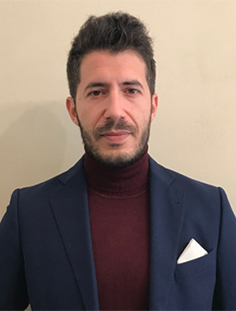
Lorenzo Carletti
My name is Lorenzo Carletti and I'm graduated at the University of Architecture in Florence in a five year second cycle degree.
and I had completed a Master program in Sustainable Architecture organized by the Italian National Institute of Architecture in Rome.
Recently, I followed a postgraduate course at Politecnico di Milano called ``Project management in construction works with BIM``, with units of the Master in
``Project management`` with the teaching unit of the Master in ``BIM Manager”.
During my job experience, between Florence, Netherlands and now In Studio Fuksas in Rome,
I had the possibility to collaborate with many architectural/engineering firms:
I’m managing projects, in concepts, BIM design, 3D modelling and rendering activity, with experience in project management, having the chance to design retail, residential, mixed-use projects and commercial large scale spaces both in Italy than in international sites
The “Summer School After The Damages” would be a great occasion for a presonal growth and a very important spotlight in the “what-to-do” scenario after the ever more various enviromental disaster that are hitting all countries around the world: how to manage the risk, how to proceed after a post-disaster phase and above all how we could prevent them, are necessaries designing tools and knowledge than will make me a better architect and will improve my learning path.
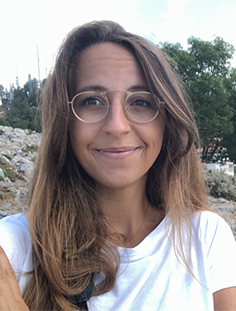
Francesca Cassina
My name is Francesca Cassina, I’m a conservator of Cultural Heritage specialized in stone materials and decorated surfaces of architecture.
After a bachelor degree in architecture I got my master degree in 2021 at University of Turin in agreement with Centro Conservazione Restauro “La Venaria Reale”. I started my professional career taking care of wall paintings and fragments, both in situ and in laboratory.
This summer school in important to me because as a conservator I see how crucial it is to learn from and work with other professional to cure damages and when possible to mitigate them.

Cristiana Castro Paiva Belem De Oliveira
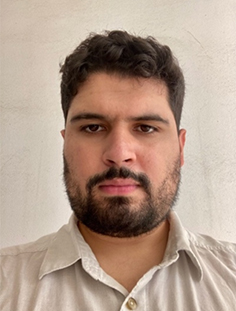
Armando Cepeda Guedea
Academic career: Architect and urban planner
Profession experience: PhD student at Università Mediterranea di Reggio Calabria and member of TREND project at CLUD’s Lab.
Why the summer school is important for you: It is important to share and learn experiences regarding Disaster Risk Management from people from different countries and professional backgrounds.
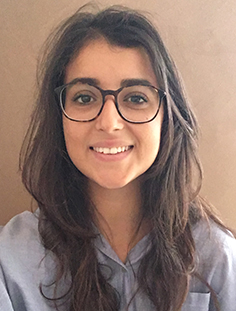
Jessica Comino
Pleased to be introducing myself to the After the Damages International Summer School, my name is Jessica Comino and I am an Italian urban planner recently graduated in the Master Degree course in Planning for the Global Urban Agenda at the Polytechnic of Turin.
Passionate about urban studies and environmental sciences, I had the chance grow these interests throughout a Bachelor in Planning for the City, Territory and Landscape at the University of Florence, where I learnt the basics of ecology, geology, the spatial planning tools, legislation and backgrounds of the Italian territorial context and eventually, conclude my first academic path with an exchange semester at the UNITEC Institute of Technology of Auckland in New Zealand, where I developed my research thesis concerning the evolution of Māori settlements within the contemporary city. This incredible experience enlarged my perspective to a point I was willing to know more about international culture and approaches to spatial planning. Additionally, the remote location of the country and its profound relation with nature along with response and preparedness to natural disasters, introduced me to these themes and fascinated me enormously. The combination of these two factors made me discover the Master Degree course in Planning for the Global Urban Agenda focusing on the comprehension and achievement of the sustainable development goals from the United Nations throughout the discipline of spatial planning. There I learnt the application of geomatics and remote sensing techniques into spatial planning and Earth observation throughout my academic studies, that I further developed joining the Disaster and Recovery Team (Team DIRECT) activities, particularly dealing with hazardous events and territorial assessment. Particularly, I took part to the DIRECT’s mission in the municipality of Elva, as regards the monitoring and assessment of the main infrastructural connection between the Elva Valley and the Maira Valley affected by a landslide in 2019, using laser scanning techniques and drones for data acquisition and 3D modelling. Eventually, also my master research thesis concerned emergency assessment, studying the occurrence of Tropical Cyclone Idai over the coast of Mozambique in 2019 and the happening of another Tropical event, Eloise, in 2021. The study consisted in the collection of multi-source and multi-formats data within a new geodatabase, that has been created in order to develop potential future scenarios, support existing cartography and strategic decision making, along with provide a reliable and open source archive of tropical events in the area so to foster preparedness and enhance territorial comprehension.
The After the Damages International Summer School means to me a unique opportunity to increase my competences, exchange knowledge with academics and professionals from a rich variety of organizations and add a further piece to the puzzle of the personal and professional being I am willing to become.
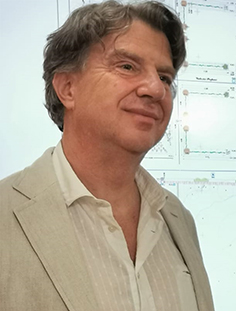
Alessandro Conti
Alessandro Conti is an architect and his background is in the restoration and conservation of the built heritage. He currently collaborates with the Laboratory of Geomatics for the Environment and Conservation of Cultural Heritage of the Department of Civil and Environmental Engineering of the University of Florence, and he has carried out surveys of large architectural complexes in Italy and many other countries.
He participates in the After the Damages Summer School to deepen the application of geomatic techniques to risk management and mitigation and to share his experiences and visions with other professionals and academics.
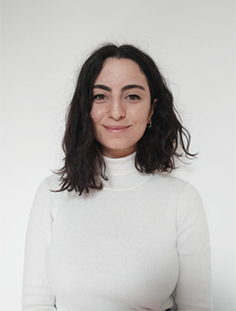
Sheyla Cosentino
My name is Sheyla Cosentino. I graduated from the University of Florence, School of Architecture, in December 2020. I am a licensed architect. I have collaborated with several design firms in Florence, dealing with both private and public construction. I develop the projects I work on using the B.I.M. Through the Summer School I am willing to learn the strategies to save not only lives but also the built and cultural heritage of my native country, which is a unique environment for architecture.

Daniela Cotugno
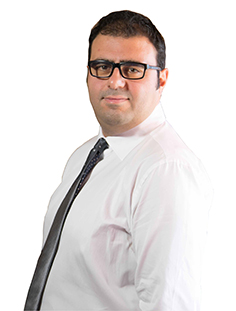
Salvatore Damiano
I am Salvatore Damiano, I am an architect and I have been working mainly on architectural design and energy requalification of existing buildings. Since 2018 I have been a PhD student in architectural drawing. The summer school is fundamental because in recent years the increase in calamitous events linked to climate upheavals has been such that architects and engineers have been obliged to take on additional responsibility in pursuing the collective good. My website: www.damianoarchitect.it
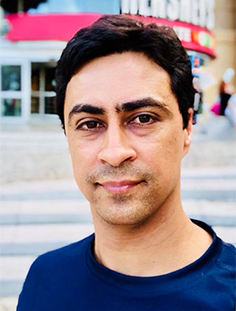
Elivelton da Silva Fonseca
I am currently an adjunct professor in the Department of Geography at the Federal University of South and Southeast of Para (UNIFESSPA), Brazil, where I lead a Geospatial Technologies Laboratory and teach remote sensing and cartography related disciplines.
My research interests involve cutting edge in Remote Sensing and Geographic Information Systems (GIS) technologies for implementation and dissemination strategies in controlling of Neglected Tropical Diseases (NTDs). Current projects: 1) community-based evaluation of the effect of environmental conditions on visceral leishmaniasis transmission; 2) Urban spread of COVID-19 in Brazilian metropolitan areas; 3) Social vulnerability, land occupation and territorial conflicts metropolitan areas.
I have worked in various capacities to perform focused group activities. I was a Post-Doctoral Fellow at the School of Veterinary Medicine – Louisiana State University (2018) where I work with Geospatial modeling for environmental health, specifically with novel technologies in geographical information for NTDs in the Americas. The project has financial support from the NASA Research Opportunities in Space and Earth Sciences program. The objective is to implement a geospatial surveillance and response system data resources for vector borne diseases in the Americas (GeoHealth). My plan is to be a part of a team to model the most important vector-borne diseases, continuing the network we have been constructing along all of these years of partnership Brazil-USA, since 2010.
In 2017, I was awarded a seed grant from The São Paulo Research Foundation, for a Short-term visiting scientist program in the Australian National University, National Centre for Epidemiology & Population Health Research, Canberra, Australia. The objective of the project (2017-2019) is to learn modeling technologies and Bayesian statistics, to promote new strategies for disease programs in Brazil.
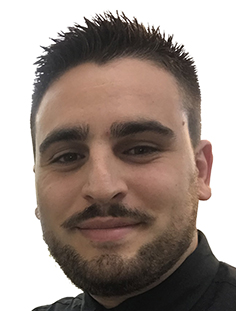
Angelo De Cicco
I am Angelo De Cicco, a graduate in Architecture at the Department of Architecture and Industrial Design of the University of Campania 'Luigi Vanvitelli' with a thesis in SSD Icar-17 in Architectural Drawing on the survey of the Unesco Heritage Site of Berat in Albania. I am the author of numerous scientific publications in the area of heritage protection and valorisation.
My interest in the Summer School stems from the possibility of integrating my knowledge and skills in the field of architecture and cultural heritage.
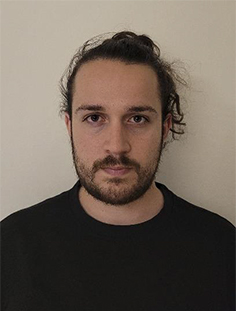
Gianlorenzo Dellabartola
My name is Gianlorenzo Dellabartola. I graduated from the University of Florence, School of Architecture, in July 2021. I am a licensed architect. I have collaborated with several architects in Florence, dealing especially with public construction and restoration. I am interested in digital surveying and, thanks to numerous collaborations with the university of Florence, I was able to learn more about laser scanner and drone surveying methodologies. Through the Summer School I am willing to explore the usefulness of digital surveying for the post-disaster cases.
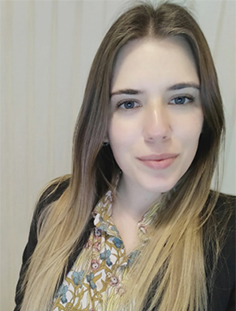
Raffaella di Gregorio
I’m Raffaella di Gregorio, architect from ``Gabriele D'Annunzio`` University of Pescara; graduated with a thesis on restoration whose subject is the de Caro palace located in Pianella (PE). I worked in two architectural firms and one month ago I started the Universal Civil Service. My desire in the future is to access the PhD program whose main theme is cultural heritage restoration; I’m interested in this summer school because I think there is a strong connection between the theme of architectural restoration and the objectives of this course.
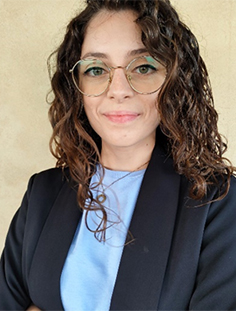
Alessia Di Martino
I graduated in Architecture at the SDS of Siracusa (UniCT) with a thesis on seismic protection of art objects by means of a seismic device and I obtained the qualification to the profession of architect, in 2020. Since 2022 I am a Ph.D. student in Architecture at the “Mediterranean” University of Reggio Calabria. My research project analyses the effects of the earthquakes in the scales of artworks and of built heritage. The After the Damages Summer School is in line with the research and it is a great opportunity to improve my knowledge about the risk management.
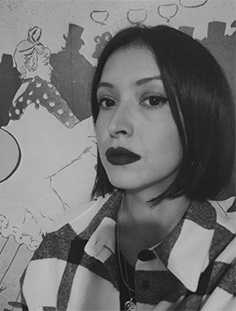
Benedetta D’Incecco
My name’s Benedetta D’Incecco. I’m an architect. My dissertation concerned the recovery and conservation of Pianella. I was able to develop evolutionary hypothesis of the town. I knew criticalities and strengths of the urban organism. I’m a PhD student at University G.d’Annunzio. My lecture speaks about Post-Earthquake reconstruction. This Summer School’s an opportunity for me. It’s a chance to know all dynamics that focus on emergency and I’ll have to new food for thought that will be put on it.
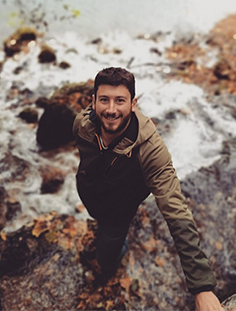
Francesco Di Stefano
Master's Degree in Building Engineering-Architecture at UNIVPM (Ancona, Italy);
Ph.D. in Geomatics (ICAR/06 – Area 08: Civil engineering and architecture) at UNIVPM (Ancona, Italy);
• Profession experience:
Advanced training and research apprenticeship in geomatic techniques and techniques applied to territorial and built environments (at Tecno-Art in Ascoli Piceno, Italy);
Currently a research fellow in the discipline of Geomatics for cultural heritage at DICEA-UNIVPM (Ancona, Italy).
• Why the summer school is important for you:
Attending the Summer School will allow me to increase skills at the professional level and extend those related to technical and scientific research activities. It will give me the opportunity to be able to get involved in a more participatory and collaborative way in projects of various scales, from architectural to land use, as well as to learn more about factors related to the vulnerability of the built heritage.

Anna Dragone
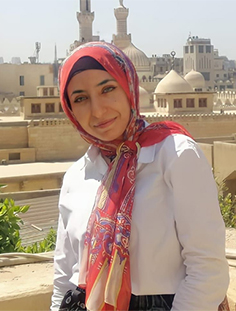
Raghda El-Nezory
• Academic career: Master degree in Architecture Archeology.
• Profession experience: 10 Years in the ministry of Tourism & Antiquates (MOTA)
• The summer school is important for me so I can learn more about the impact on the heritage site after crisis or war and how we deal with a big issue like that. Also, learning new technique about preserving and rehabilitate heritage after crisis in the same time having a good Assessments method for the heritage after preserving.

Reynaldo Esperanza
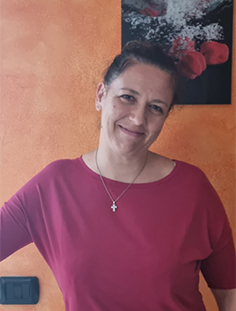
Solidea Faedo
I’m Solidea Faedo, I’m a civil engineer and I graduated at the University of Padova in 2002 with a thesis entitled ``Analysis of the seismic vulnerability of masonry buildings in the area hit by the 1997 earthquake in Umbria and Marche``. I have a Master in “Structural Restoration of Historic Monuments and Buildings” with a final internship and a thesis done at Bath University in the United Kingdom.
I work for an engineering firm in Verona. I’m in charge of a technical area called ‘Restoration engineering’ in which we design and analyze historical buildings, including those that are listed.
In recent years I have been directly confronted with the aftermath of Italian post earthquakes. I went to L'Aquila in 2010 to the base camp of a construction company, built in Onna, a town severely hit by the earthquake. As an observer technician, I heard and saw the difficulties encountered by construction companies and local technicians in living the reconstruction of their land
During the restoration design of the Palazzo del Podestà, in 2012 we had to put in security the palace after the earthquake happened in Emilia Romagna that year. The Palace had been hit very hard.
The last project we are closing in this period concerns a historic building overlooking the Grand Canal in Venice. This work taught us how to deal with the consolidation of a building in that particular foundational situation and which must respond to the phenomenon of high water.
So the management of the disaster, from an economic and social point of view as well as from a technical point of view, is a part of the job that I consider fundamental for my training and career. It would be useful for mastering my high level of expertice.
It could give boost to the technical area I'm responsible for, and expand our point of view beyond the technical aspect, thanks to the insight this academy will give me.
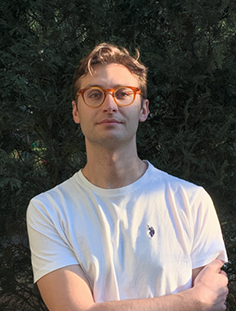
Duccio Fantoni
Academic career: Master degree in Architect
Professional experience: Architect
Participation in the After the Damages Summer School represents a great opportunity to enhance my skills through an intensive course that will strengthen my professional practice in different contexts. I believe that the broad spectrum of activities and areas of in-depth study contributes significantly to improving processes and capacities to act with higher awareness and precision both in the Italian territory and abroad.
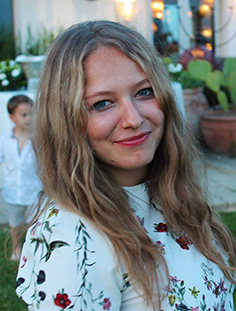
Manuela Forni
I’m Manuela Forni and I’m graduated from the Alma Mater Studiorum of Bologna in 2022 in Building Engineering-Architecture. I have always shown interest in urbanism and the conscious management of the territories, treated during the academic studies and in the one-year collaboration with the Claudia Pescosolido Architecture studio. Here I got deeper into the themes of urban regeneration and sustainable design, with a focus on what architecture can do for the community.
I attended the workshop `` Utopie Reali. Immaginiamo insieme la rigenerazione del quadrante nord-ovest di Bologna `` proposed by Fondazione Innovazione Urbana di Bologna.
I currently work as a Technical Instructor for Invitalia S.p.A. - Post Earthquake Reconstruction 2012 Emilia-Romagna. I strongly believe that participation in this Summer School is an opportunity to address the issue of land management both on the architectural and socio-cultural level, focusing on risk prevention (climate change, depletion of energy resources, etc.) currently affecting our planet.
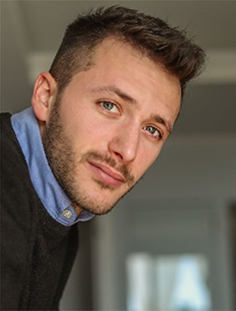
Gabriele Fredduzzi
I am Gabriele Fredduzzi, a graduate in Civil and Environmental Engineering.
I have worked as an energy modeller and I am currently a PhD student focused on the digital transformation of the AECO sector, in particular on Blockchain applications in this sector.
The Summer School is of great importance to me for the definition of methods and tools to evaluate the environmental sustainability of interventions on the existing built heritage, but also to investigate predictive maintenance systems in order to monitor their state of preservation.
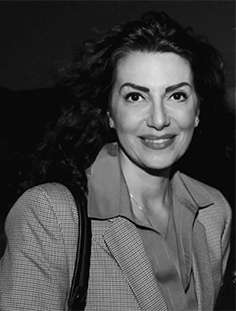
Giulia Fresca
• Academic career : Degree in mechanical engineering, with about thirty years career spent dealing with construction, advanced energy systems, architecture, territorial planning and landscapes, placing great attention to land consumption and the recovery of the existing historical and artistic heritage.
• Profession experience: Project Manager Adv, qualified Euro-designer, EGE and Energy Manager, Risk and disaster manager and specialist for seismic practicability. I spent eight months as a seismic and reconstruction engineer in the places of the earthquake in Central Italy 2016.
I’m currently project manager for the PNRR, Expert in Renewable Energy Sources (RES) engaged in identifying ``suitable areas`` in compliance with anthropic, geological, landscape and historical constraints of the territory, analyzing the risks in case of catastrophic events for the energy system and the environment.
• Why the summer school is important for you. I believe that the International Summer School is a natural meeting point making different knowledges to merge into an unique, highly qualified and recognized competence, usefully placed at the service of the scientific, technical community as well as a social one.
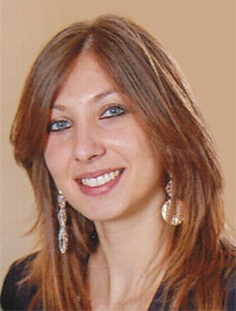
Valeria Giannuzzi
I’m Valeria Giannuzzi, I graduated in Building Systems Engineering at Polytechnic of Bari and now I’m a PhD student in Risk and environmental, territorial and building Development – Innovation Area. Currently, in my research project, I’m working on the experimentation of innovative techniques for monitoring and diagnosis of building heritage's decay through Machine Learning techniques applied on digital images from photogrammetric survey and on the implementation of these results in HBIM and virtual environments. The Summer School experience can be highly constructive for the purposes of my path, offering me new food for thought and comparison to be integrated within the work.
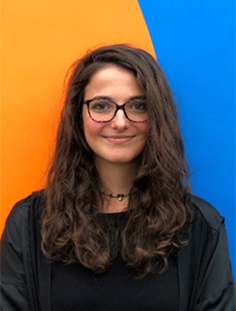
Bianca Gilli
Academic career:
MA student in Conservation and Restoration of Cultural Heritage at “La Venaria Reale” in agreement with the University of Turin.
Specialized in conservation and restoration of stone and derived material and decorated architectural surfaces (PFP1)
Thesis on the restoration of a detached fresco of Bernardino Lanino from the Sacro Monte of Varallo (VC)
Graduation: 29 November 2022
Profession experience:
From January 2022 until today
Internship at Fondazione Centro per la Conservazione e il Restauro dei Beni Culturali “La Venaria Reale”
Why the summer school is important for you
I am strongly interested in the Summer School as I consider this program a useful and necessary step to play an active and proactive role in calamitous events. Indeed, I would like to contribute to optimize mitigation strategies and operational measures for the preservation of cultural heritage.
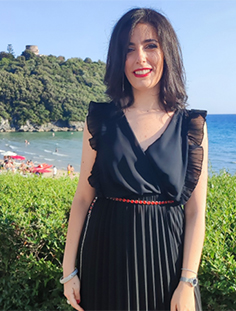
Valentina Giuliano
My name is Valentina Giuliano and I am an architect. I have obtained a master’s degree in Architecture at Sapienza University of Rome and now I’m working in an engineering office where I am consolidating my foreground.
However my main interest is the analysis and the study of the behaviour of buildings during seismic actions in order to try to reduce risks for humans and for the same buildings. In this way I think that the Summer School is an exciting opportunity to evolve my knowledge and find new applications for it.
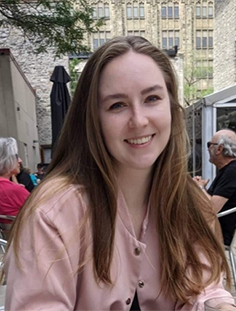
Elyse Hamp
My name is Elyse Hamp and I am currently a civil engineering PhD student at Carleton University in Ottawa, Canada. I completed my Master of Applied Science in civil engineering at Carleton in 2021. I have been involved in the conservation industry in Ottawa since 2020, working on various documentation projects for the Carleton Immersive Media Studio and working for a local structural engineering firm focused on conservation and rehabilitation projects. Through the After the Damages 2022 summer school, I am seeking to advance my knowledge on policy, planning, and economic tools for risk management in built heritage to support my PhD research on the conservation of historic structures.

Ali Jaser Jafari
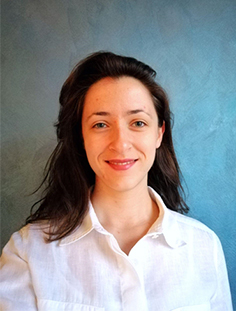
Gaia Limonta
Academic Career:
Gaia Limonta obtained Master Degree in Architecture at Politecnico di Milano in 2022. She got strongly passionate about new buildings risk-based design, retrofitting criteria for risk reduction, structural damages assessment of built heritage, territorial planning and risk prevention.
Profession experience:
She is currently working in Milan Municipality Civil Protection. She collaborates on activities aimed at prevention and mitigation of municipal territory risks, definition of risk scenarios, territorial monitoring in case of alerts.
Why the Summer School is important for me:
It is a special opportunity to learn about relevant projects from all over the world. It is an exceptional contribution to become a specialist in after damages architectural projects and in the field of DRM.
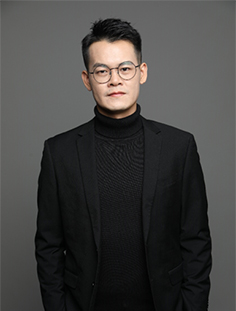
Guiye Lin
Academic career: PhD of Padova University
Profession experience: Scan to BIM, TLS
Why the summer school is important for you: The discussion topic of this summer school is the same about my research file
Presentation:
Master degree in Architecture design in Guangzhou University, China, PhD in “Survey and Representation of Architecture and Environment” in Padova University. Published several essays on the theory and history of methods of representation, dealing, most recently, with the use of ICT for research in the field of interoperable and semantic representation.
He researches deal with:
• Survey with TLS and drone
• Building Information Modeling (BIM), Scan to BIM & HBIM;
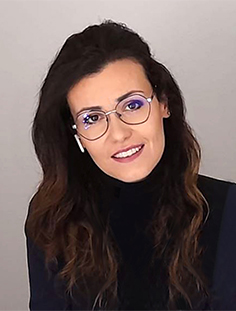
Elisa Loli
I am Elisa Loli, an architect with a passion for landscape architecture, who has developed transversal skills through participation in international courses on GIS issues and in-depth study of cutting-edge issues such as BIM in the professional field. The Second Level Master in Documentation and Management of Cultural Heritage has allowed specialization in the field of Landscape Enhancement as a representative cultural asset of identity heritage, as well as deepening the issues of resilience and adaptability of a territory, contrasting and mitigating climate change.
In the urban context, I intend to further investigate the issues covered by the main professional assignments supported to date, relating to the fight against climate change, by enrolling in the module ``Urban landscapes and climate change`` of the Master in Landscape Design of the Florence Department of Architecture.
I believe that the possibility of attending the After the Damages Advanced Training Course can complete and direct the training of a Public Administration Officer currently operating on an important area of the territory established in 2003 as a Mab Unesco biosphere reserve, as well as Archipelago Tuscan Park characterized by great geological, geomorphological, biological and cultural diversity representative of the Mediterranean region, a frequent scenario of natural disasters, such as the Island of Elba.
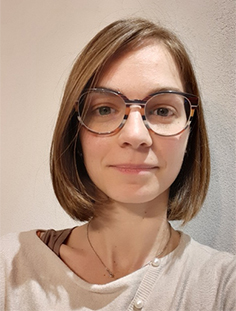
Lia Marchi
I am Lia Marchi, an Architect and PhD, and currently a postdoctoral research fellow, adjunct professor, and teaching tutor at the Department of Architecture from the University of Bologna. I’ve been mainly working in the academia in the field of Technology for sustainable Architecture, but I am also a freelance architect. I hope that ‘After the Damages’ can upgrade my knowledge of disaster management, since up to now I have focused only on chronic disease and challenges of the built environment (e.g., building technical and functional obsolescence).
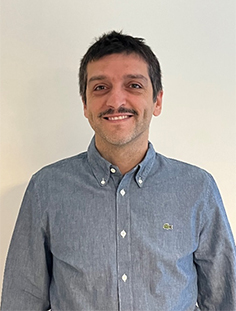
Martino Matteoni
Martino Matteoni is a structural engineer, founder of 2MP engineering company, with over 13 years experience in reconstruction after seismic disaster. Graduated in 2008 in Alma Mater Studiorum in Bologna, dissertation in “Mitigation of seismic hazard in developing countries” developed as research assistant in Rice University in Houston (TX). In 2009 he moved to L’Aquila after seismic disaster and worked on reconstruction of civil and heritage buildings. In 2015 he earned a Master Degree in Restoration and Consolidation of Heritage Buildings. Currently involved in reconstruction after seismic event of 2016.
Since my study and professional life are related to seismic disaster I was really interested to this summer school. I would like to learn some other aspects of how to related to environmental disaster ang also go deeper in skill I have not yet.
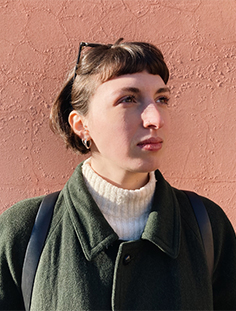
Elisa Mazzoni
My name is Elisa Mazzoni, I’m an architect and collaborator with the inter-university research centre of the University of Florence.
I graduated in architecture with a Master's thesis project that aims at designing a Deep Renovation intervention to achieve nZEB standard and pandemic resilience on a lower secondary school in Florence.
``After the Damages`` is a great opportunity for me to increase my knowledge, especially on the topics of built heritage analysis and resilience.
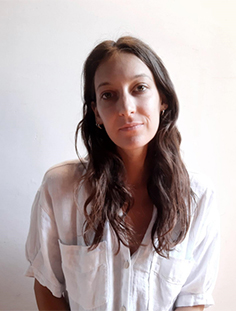
Beatrice Mazzucco
I am an architect graduated with honors at the University of Ferrara with a thesis on urban redevelopment of an industrial area on the Ravenna dock. During my studies I participated in an academic exchange at the USM of Chile (2019), and in a workshop of design and reconstruction of a shelter in the Atacama desert, followed by Professor Camilo Moraes.
After some work experience in architectural studios in Italy, I am currently involved in an international cooperation project for development in Guatemala.
The Summer School will be an excellent opportunity to enrich my knowledge in the field of reconstruction and natural disaster management, tracing the professional path I intend to take.
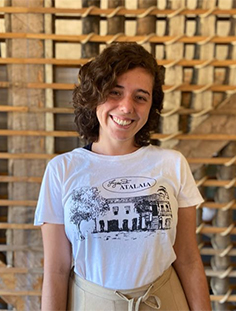
Silvana Meirirelle Cardoso
Historiadora (UNIMEP 2016). Mestra em História da Arte no programa de pós-graduação em História da Universidade Estadual de Campinas (UNICAMP), na linha de pesquisa: Questões de Arte Moderna e Contemporânea na área de História da Arte. Projeto de pesquisa: ``Meu ofício é Arquitetura``: A atuação do arquiteto, decorador e entalhador Miguel Dutra na província de São Paulo durante os oitocentos, sob orientação do Prof. Dr. Marcos Tognon.
Atuou como estagiária no Centro de Ciências Letras e Artes de Campinas (CCLA). Integrante do comitê da organização do Encontro de História da Arte da Unicamp (EHA). Realiza pesquisas junto ao Centro de História da Arte e Arquelogia da Universidade de Campinas (CHAA - UNICAMP). Tem Pesquisa nas áreas de História, com ênfase em História da Arte Brasileira, atuando principalmente nos seguintes temas: Século XIX, Arte Regional, Arte Paulista, Arte e Arquitetura religiosa, Artistas e Artificies em São Paulo. Participou como co-curadora da exposição ``Tipos Humanos Janela da Alma com as obras de Miguel Dutra`` ocorrida no Interfoto - 2018 - Fábrica São Luiz em Itu (Julho de 2018), além das exposições ocorridas no seminário de aniversário de morte do artista Miguel Dutra promovido junto a secretária de cultura da prefeitura de Itu.
Atualmente é coordenadora do setor de comunicação, cultura e educação patrimonial da Fazenda Atalaia - AMPARO.
Trabalho como produtora de comunicação e cultura da Fazenda Atalaia (propriedade histórica que passa por um processo de restauro), desenvolvo atividades ligadas a educação patrimonial além de coordenar o inventário da artista plástica Olga Serra no instituto recém criado para gestão de seu acervo.
Durante a minha formação profissional tive contato com a produção de inventários e educação patrimonial, além de trabalhar na produção de oficinas ligadas a história do patrimônio brasileiro ligado a difusão das técnicas vernaculares presente na arquitetura rural brasileira.
Acredito que o curso contribui em minha formação para desenvolver conceitualmente discussões importantes e atuais sobre a temática do patrimônio ligado ao campo da cultura e da arquitetura, sendo que a sugestão de inscrição para o presente curso uma sugestão de meu Professor Haroldo Gallo da Universidade Estadual de Campinas e Marcos Tognon, professor responsável por minha orientação de mestrado e também por minha carreira como profissional no campo da história da arquitetura, área essa que me dedico na atualidade.
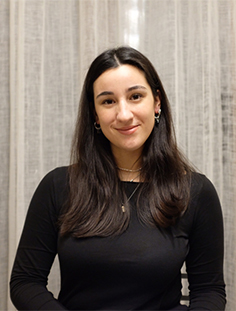
Eleonora Melandri
My name is Eleonora Melandri. I was born and raised in Forlì, Italy. After my Master’s Degree in Architecture at the University of Bologna with a thesis in Heritage Conservation and Restoration, I was a Research Fellow working in EU projects. Last November I enrolled into the PhD Course of Architecture and Design Cultures at the same university with a research project focusing on the management of extreme events impacts due to climate change on archaeological heritage. The Summer School is a great opportunity to gather relevant insights on the topic of disasters and risk management to support my further research.

Wissam Merzoug
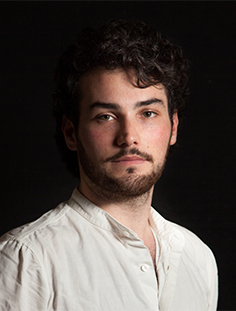
Riccardo Miele
Riccardo Miele is an architect and PhD student in Architecture, Industrial Design and Cultural Heritage - 37th cycle at University of Campania Luigi Vanvitelli. His research activity investigates the themes of the drawing discipline, which is why his participation in the Summer School After the Damage represents a further opportunitỳ for in-depth study of innovative survey and representation methods alongside the management of the built heritage and post-damage interventions.
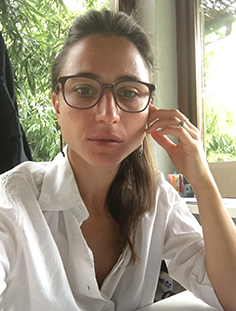
Giulia Anna Milesi
Nata a Bergamo e cresciuta a Cortona, in provincia di Arezzo, studio in Svizzera presso l’Accademia di Architettura di Mendrisio. Mi laureo, nel 2011, con Shelley McNamara e Yvonne Farrell dello studio Grafton con un progetto di Housing a Londra. Nel 2008 mi trasferisco a Barcellona dove lavoro presso lo studio Archikubik.
Da agosto 2011 collaboro con lo studio Archos, con sede a Bergamo e a Montalcino, occupandomi prevalentemente di progettazione architettonica, ristrutturazioni e coordinamento dell’area concorsi e progetti esteri.
Nel 2021 creo il mio personale atelier (oonatelier) rivolto ad un architettura sostenibile, favorendo quei progetti caratterizzati da budget limitati e utopie realizzabili.
Vivo tra Bergamo, Lecco e Trieste.
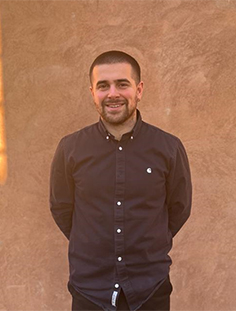
Michele Millosevich
I attended the Dosso Dossi High School of Art in Ferrara graduating in 2013, following the architectural course.
I have attended the University of Ferrara since 2013 at the Faculty of Architecture. During my university years I undertook two exchange programs abroad, at the universities of La Coruña in Spain and later in Cartagena de Indias in Colombia, in 2016 and 2017. In December 2014, I participated in an international workshop at the cities of Ahmedabad and Jodhpur in India, with the intention of understanding what preservation and maintenance processes should be adopted for the protection of historic properties in the two urban centers under consideration. I graduated in 2019 with a thesis in urban planning developed at the city of São Paulo In Brazil.
From March 2021 to March 2022, I participated in a Level II master's program on BIM management at the Polytechnic University of Milan, developing a thesis applying BIM technologies to an integrated survey project at the Independence Monument in the city of São Paulo.
From August 2019 to January 2020 I stayed in Hasselt, Belgium, for a working period with the A2O studio, working on a new hospital hub for the Limburg region.
Then I moved to Spain, in Barcelona, in June of the same year where I collaborated with Toni Gironès until March 2021, working on projects of various sizes, generally residential.
Since August 2021 I have been collaborating with the DIAPREM research center, at the University of Ferrara, developing architectural survey projects to protect historical heritage.
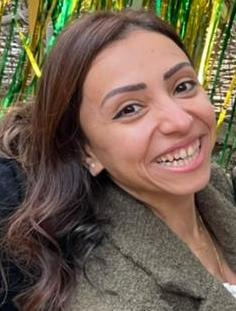
Sarah Adel Mohamed
My Name is Sarah Adel, I work as an Architectural Team Leader in one of the leading companies in Cairo, Egypt. I have been equally devoted to the research side; as I concluded my diploma degree in 2015 in Environmental Design, followed by the master degree in environmental engineering in 2020. My dissertation is entitled {Applications of Agricultural Wastes as Natural Thermal Insulation Materials – Case Study of Residential Buildings to Achieve Sustainability}. This study investigates the use of thermal insulation materials, and its implications for buildings. With this research, I have been working to secure a place for myself in the scholarly community. In the past 2 years, I have delivered one paper at a respectable online magazine, SMC issue number 11,2020; entitled “Climate action and SDGS’ attainment: insulation materials’ impacts assessment”, and two papers at the WREC 2021 conference held in Lisbon, Portugal; entitled “Buildings’ Thermal Insulation Materials’ Market and Drivers: Global Outlook and Assessment in the Context of SDGs” and “The Role of Circular Economy in Mitigating Climate Change Impacts: Thermal Insulation Materials’ Assessment in Developing Countries”. These three papers were done with the cooperation of my co-author and mentor Professor, Doctor Mohsen Abolnaga.
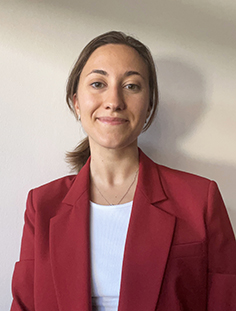
Greta Montanari
I am Greta Montanari, Architect recently enrolled in the Order of Architects of Bologna.
I graduated this October at the University of Architecture in Ferrara, with a thesis that focused on the urban regeneration of an industrial area on the Ravenna dock, on which was carried out a research and study that focused on the theme of smart cities. In particular, with the support of Professor Gabriele Lelli, we focused on how to bring more physical movement within the daily rhythm of the citizen, to increase his psycho-physical well-being within urban life.
During my studies I had the opportunity to enrich my path through international experiences, such as a period of Erasmus mobility at the Technische Universität in Vienna, where I had occasion to see a completely different modality of design and treatment of the built. I also attended the International Summer School of the Porto Academy, where I had the possibility to meet professionals from around the world in the context of the Portuguese School of Architecture. During this period, I attended an intensive workshop created by the Norwegian architecture and landscape studio LCLA Office. Encountering ideas and approaches so different from each other has certainly contributed to my professional and personal growth.
During my studies I did an internship at the Designo Architecture Studio, where I had the opportunity to approach the project for the Italian Pavilion for the Venice Biennale 2021. Later, I also worked as an architect in this studio. After graduation I also collaborated with the Mazzucco-Altoè Architecture and Engineering Studio, where I was in charge of the survey of a residential building in the Treviso countryside.
Currently I work at the Consorzio Futuro in Ricerca as a freelancer, where with the Departmental Research Centre D.I.A.P.Re.M. I’m experiencing Scan to Bim procedures for the Civic Archaeological Museum of Verucchio, archive work for the Fassa Bortolo Sustainable Architecture Award and survey CAD procedures on historical monuments with archaeological importance on international scale.
Why the summer school is important for me
I am strongly interested in attending the Summer School After the Damages because for me it would be an opportunity to acquire techniques and procedures for the survey and analysis of damage that I previously did not deepen during my studies. I also believe that such an experience can enrich my skills to work more consciously on the built and that this awareness could add value to my contribution within the Research Department in which I am currently working. The international nature of the discussion with other professional figures, to discuss the topic of risk management, also draws my attention. This is therefore an opportunity for me to grow both personally and professionally, in a context of continuation of my studies.

Raghda Nasr
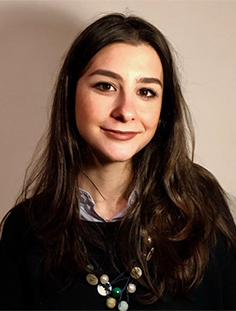
Sofia Pansoni
In October 2020, I graduated in Economics and Management for Arts, Culture, Media, and Entertainment with a major in Arts Markets, Heritage, and Culture. In the last two years, I worked in the communication and promotion of cultural heritage, collaborating with cultural and research institutions. I believe that the opportunity to attend the After the Damage Summer School will be fundamental to enriching my academic background and acquiring new competencies on how to manage emergencies in heritage sites with a sustainable perspective.
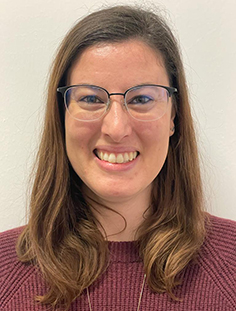
Erica Isabella Parisi
Erica Isabella Parisi is a Conservation Scientist with a PhD in Science for Conservation of Cultural Heritage (XXVIII cycle). Since 2017, she has been part of the GeCo Lab at the Department of Civil and Environmental Engineering of the University of Florence. Her research activity focuses on the use of geospatial technologies for the documentation, monitoring, and analysis of the built and landscape heritage, through sensors active in different ranges of the electromagnetic spectrum mounted on aerial or ground platforms. Applying her multidisciplinary background on the topic of risk assessment, mitigation and management is her primary interest in this summer school.
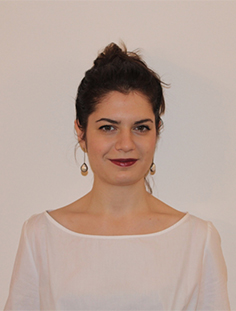
Francesca Pasqual
My name is Francesca Pasqual and I’m an architect (Master’s Degree in 2017), specialized in Architectural and Landscape Heritage at the SSIBAP of the Iuav University of Venice (in 2020). Currently, I’m a PhD student in Innovation for building and Cultural Heritage at the same University. I believe that the summer school After the Damages can be an important opportunity to deepen some issues related to risk, and in particular to the seismic risk, which is close to the topic of my current research.

Francesca Peyron
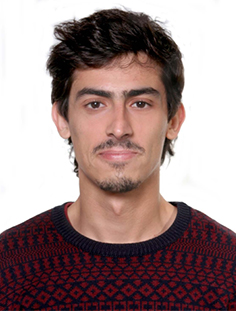
Matteo Piscicelli
My name is Matteo Piscicelli, I’m an architect and I graduated at the University of Ferrara where I developed a master thesis on the reconstruction of the village of Santarcangelo di Romagna, then I attended the Postgraduate School in Architectural Heritage and Landscape at La Sapienza University of Rome. I worked as a research fellow at the Unife Architecture Department focusing on the restoration and digitalization of cultural heritage, with ongoing projects in Italy and abroad. I also collaborated with Studio Berlucchi, Studio Leonardo, ARS Progetti in Rome and RiO Urbanisme in Paris. I applied for the Summer School because I think is important to create a network of people in order to increase the awareness of our cultural heritage in post-earthquake scenario.
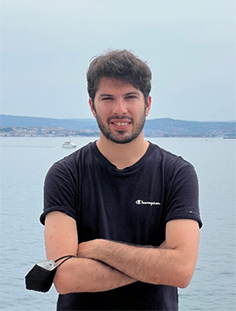
Fabio Planu
Fabio Planu, architect. As grant researcher at the Department of Architecture of the University of Ferrara he carries out research activities developing strategies and solutions for risk mitigation through the use of 3D survey methodologies, BIM and integrated digital tools for intervention on the existing built heritage. He graduated with honours in architecture; during his academic career he did international experiences at the Chinese Culture University of Taipei, at the University of Applied Science in Stuttgart and took part in International Workshops in India and Georgia.
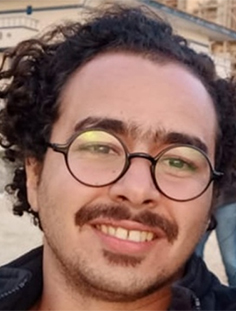
Abdallah Ragab
Academic career:
I finished my pre- MSc in environmental architecture design, and now I’m writing the thesis ”Blue-Green Systems for Microclimate Enhancement and Efficient Resources Use in Informal Settlements of The Developing Countries”.
Professional Experience:
I’m a practitioner architect who worked in the construction supervision field, interior design and product design field, landscape field, and project management field.
Nowadays, I’m part of a team is working on the conservation and adaptive reuse of the Mohamed Ali Gabakhana building in Masr Al-Kadima, Cairo, which is a 19th-century building - a gunpowder factory and a military barracks -. The building area is more than 20000 meters square. My roles in this project are: making the project time plan with the owner, the conservation consultant, and the adaptive reuse designer, coordinating site surveyor work, coordinating architectural documentation work, coordinating the interior design work and providing any missing data, supervising works, besides administrative and paperwork.
This summer school is important for me because:
The heritage environment is an anchor point of the city's image and people’s collective memory, as they witnessed significant events in the old city's history. In Egypt, the urban fabric is very chaotic. The dominant urban tissue of Cairo consists of informal red bricks and concrete buildings, deteriorating parts of historic Cairo and its heritage buildings, and modern heritage buildings. informal settlements have the biggest share as they form more than 60% of Cairo's urban area, which is very dense, populated, inadequate, undeveloped, and very vulnerable to climate change impacts. In this context, heritage buildings can play a very important social and cultural role in the local community towards its development and tackle environmental challenges on the microscale. I’m seeking to address environmental challenges in a heritage building via analysis and intervening to mitigate it.
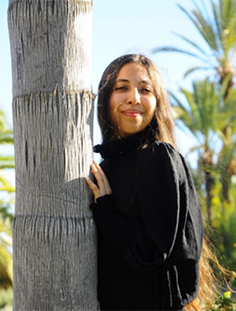
Abdari Rim
. Master (second year- second semester) Architecture Student at Internatuinal University of Rabat 09/21 – Now
. Master (second year- fist semester) Architecture Student at LaSapienza University of Rome 09/21 - 02/2 . Bachelor in Architecture at International University of Rabat 09/17 - 06/21 . Baccalaureate Graduate at June 2017. major: Physics. 06/17
PROFESSIONAL EXPERIENCE: - Work placement: Architect Quarmochi Najib Supervised by Leonardo Marangi (August 2018) - Internship: Tarik Zoubdi Architecte in Mohammedia (September 2020)
Mohamed Amine Siana Architecte in Casablanca (February 2022) - Participated: -Velux Student Constest (July 2020)
-Riba Competition New Mosque near Preston, Lancashire (April 2021)
-Roca One Day Challenge Morocco 2022 (May 2022) - Renovation work: Renovation of a Notary Office in Casablanca (November 2020)

Nicola Rimella
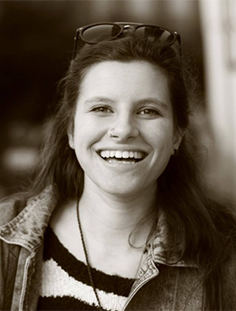
Federica Riva
ACADEMIC CARRER: Master’s degree in Geology. University of Milano-Bicocca
PROFESSIONAL EXPERIENCE: I have worked in micro-seismicity projects in Norway (micro-seismicity of Svalbard ridge), in Donegal (Ireland) during my Master Thesis and I have collaborated in experiment for installing the DAS (fiber optic cable) for monitoring geothermal field, avalanches (Austria) and active faults (Alto Tiberina Fault)
WHY THE SUMMER SCHOOL IS IMPORTANT FOR YOU: I would like to start a PhD program in natural hazard and risk reduction. For this reason, this Master school can enhance my knowledge in the risk mitigation and assessment and can also give me different point of view on the subject working with international and multidisciplinary groups.
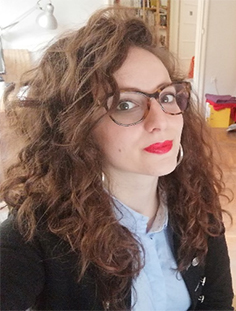
Iolanda Rocca
Architect Specialist in Conservation of Architectural and Landscape Heritage.
Her master’s thesis discussed in December 2018 was about conservative and structural restoration of the wooden building “Albergo delle Fate”, Sila (CZ). About it, she collaborated with her thesis supervisor on the drafting of an article in the scientific magazine ``ArcHistoR``.
Her thesis of specialization school, discussed in March 2022 , under the supervision of Prof. Carbonara, was about the restoration and valorization of the Roman Baths, Acconia di Curinga (CZ).
Actually she is working in a professional firm in Rome dealing with the survey and restoration of cultural heritage. The experience at the Summer School is an opportunity to enrich her training, increase her skills and acquire new knowledge with respect to intervention practices in the national and international sphere, an opportunity to deepen the topic of damage prevention in historic buildings.
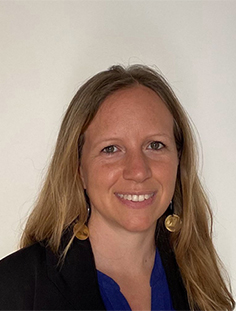
Francesca Rogers
I grew up in London and Milan, and throughout my education I studied at Central Saint Martins, Politecnico di Milano, the UPC of Barcelona and the AA in London. After having worked for various practices, I set up my own practice with a colleague, working mainly on commercial and residential renovations. I chose Architecture as a way to contribute through my profession to making a positive impact in people’s lives: this workshop is a full-immersion into themes that I hope will bring me closer to this purpose.
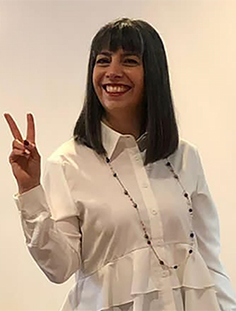
María Sánchez Vega
History Ph.D., Art Studies Master’s Degree, Art Studies Special Degree, Architecture B.A.
Professor at the Universidad del Claustro de Sor Juana and Universidad Iberoamericana. Worked at Museo Nacional de Historia, Museo Franz Mayer and Coordinación Nacional de Monumentos Históricos of INAH. Have given lectures, conferences, and published articles on cultural heritage and museums in Mexico.
The Summer School is relevant because it´s an opportunity to know about the experiences in different countries regarding the reconstruction of heritage damaged by disasters.
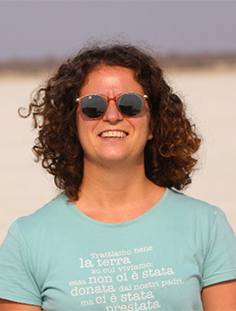
Silvia Scholl
SILVIA SCHOLL, DRR/DRM architect and urban planner, disaster reconstruction specialist, graduated at Valle Giulia School of Architecture of La Sapienza University of Rome in 2010 with a thesis about “Housing in HafenCity of Hamburg”. Her academic experiences bring her to study in Portugal and Germany thanks to different European programs. Her professional 12 years’ experience took place, until now, mostly in different well noted firms, but also as freelancer, in Italy (Rome) in EsseGi Ingegneria, Lab71, EDGE architects’ studios, France (Paris) in Mutabilis Paysage and Laurence Jouhaud studios, Spain (Barcelona) in EMBT Miralles-Tagliabue studio. It has been in different fields from architectural planning and design to urban and landscape planning. She studied, implemented BIM projects, and taught parametric architecture (Revit BIM) in Rome before to start to work in Mozambique in the last 5 years collaborating with ONGs (ASF-Arquitectura Sin Fronteras) and UN agencies (UN-Habitat) as DRR (disaster risk reduction) and infrastructure recovery specialist in the central and southern regions. Her activity in Mozambique is based on the strategic implementation and technical assistance to include resilience in infrastructure and urban projects. The experience on the field started before with the urban upgrading project in the slum Chamanculo C of Maputo and after with the resilient (re)construction of schools and hospitals all over the county after the cyclones Dineo, Idai, Kenneth, Chalane, Eloise and Ana.
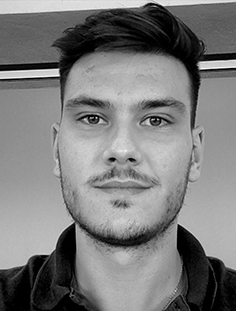
Andrea Sias
He graduated in Urban Planning at the University of Sassari in the Department of Architecture, Design and Urban Planning in 2019 and took a second-level master's degree in landscape construction in 2021.
Nowadays is working at GRA·VIS LAB in the same Department. He is involved in territory modelling and representation, looking for a new type of design communication.
Participating in the Summer School represents a significant opportunity to investigate issues relating to protecting cultural heritage and deal with different points of view on the subject.

Pedro Silvani
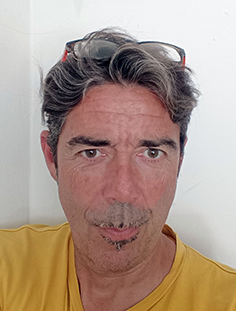
Francesco Tioli
I graduated in 1988 from the Faculty of Architecture of the University of Florence, with a thesis on the survey and representation of the bell towers of the Basilica of Santa Croce in Florence.
In 2002 I obtained the title of PhD in Survey and Representation of Architecture and the Environment at the Department of Planning of the Florentine university; the doctoral thesis, entitled: ``The churches of the crusader castle of Shobak in Transjordan: archiving and management of survey data`` concerns the study of the typological and geometric aspects of the churches present within the castle and is inserted into a multidisciplinary research concerning Crusader sites in the Holy Land.
I actively deal with architecture in both the university and professional fields by participating in various researches, especially in the cultural heritage sector, paying particular attention to the operational aspects of the survey and management of the collected data.
My experiences include traditional and advanced methods, with a view to increasingly integrating skills and technologies. I have worked in different fields by extension and typology, from archaeological survey to territorial survey, combining different methodologies and instruments.
My interests in the last period have turned to the cognitive investigation of building organisms with particular attention to conservation and reuse aspects.
After the damages Summer School represents for me an opportunity for growth and knowledge towards a holistic approach to the issues of prevention, risk reduction and reconstruction.
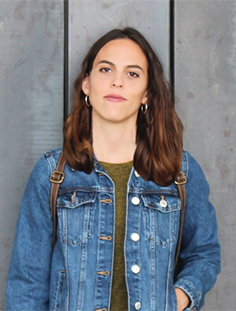
Eva Tortajada
My name is Eva Tortajada, I’m a Spanish architect with a specialisation in heritage conservation. I am currently working on a PhD thesis about the effects of depopulation on traditional architecture and during this summer school I hope to learn how governments and inhabitants deal with natural hazards in depopulated areas, before and after they occur, and actions carried out to preserve vernacular architecture.
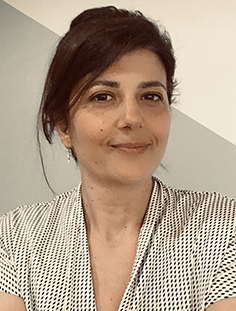
Elisa Trapani
Elisa Trapani, Professional Degree Architecture, MSc Conservation,
My professional focus has been conservation, rehabilitation and development of historic urban landscape and buildings, archaeological areas and environment .
My career history includes extensive consulting work with the Aga Khan Trust for Culture and other important companies.
My design approach is rooted in the philosophy that exceptional places are shaped by the thoughtful integration of context, imagination, sustainability, economics and pragmatic development. The idea of community should represent a place that enriches the lives and experiences of all its people and fosters social equity.
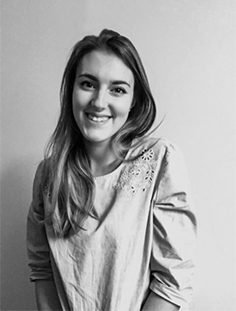
Eleonora Trebbi
My name is Eleonora Trebbi and I graduated last year in architecture at the University of Bologna with a thesis in urban requalification. Since graduation, I have started working in an architectural firm that also deals with urban redevelopment and sustainability.
I began to understand the importance of preserving cultural heritage after the Emilia-Romagna earthquake, and in particular when I first went to Mirandola as a summer camp volunteer. I had the opportunity to see how people and the local administration have dealt with this situation.
I sent the application to the Summer School because, as an architect degree, I think it is really important and interesting to see how other architects and other countries deal with calamitous events and I would like to deepen my knowledge on the issues of post-disaster and reconstruction in order to face situations unexpected events.
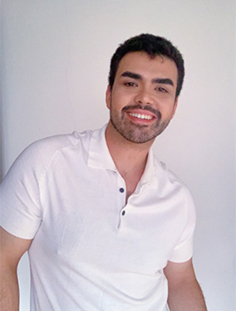
Arthur H A Vieira
My name is Arthur H A Vieira, I am an architect and urbanist from Brazil, graduated from the Pontifical Catholic University of Goiás in 2018 and currently a student of the Postgraduate Program, Professional Master's Degree in Restoration and Conservation of Monuments and Historical Centers (MP-CECRE) from the Faculty of Architecture of the Federal University of Bahia (FAUFBA) with work entitled ‘Elaboration of Norms and Criteria for intervention for the Safeguard of the Pioneer Nucleus de Goiânia-GO’. This work deals with the perseveration of the culture heritage of the city of Goiânia, state of Goiás – Brazil – and of other Brazilian cities, as it raises the discussion about the normative voids in protected areas in Brazilian cities and their interface with urban development policies, which ignore or even destroy architectural, urban and environmental values that anchored the process of patrimonialization of the downtown area of the city.
In light of climate change and the natural disasters that have occurred in recent years in Brazil, the scope of this research is expanded and begins to incorporate risk management and conservation plans for the preservation of the built and cultural heritage. Examples of this scenario are the rupture of the mining tailings dam in the cities of Mariana (2015) and Brumadinho (2019) - Minas Gerais, the floods in the city of Petropolis - Rio de Janeiro (2022) and the landslides in Ouro Preto. – Minas Gerais (2022). These cases point to the need to articulate the preservation of cultural heritage and the management of risks in affirmative actions, capable of containing the losses and damages caused by climate change and anthropic events.
Alumni 2021
All International Summer School Alumni 2021
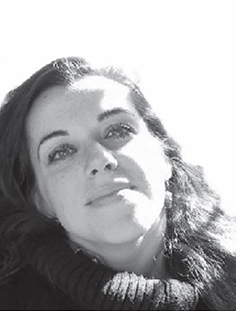
Ioanna Adrakta
After my graduation in Architecture in the University of Pescara, I was specialized in buildings’ restoration, firstly with a Master in the Design of the Historic city in Naples and then, with a Specialization Degree in Architectural and Landscape Heritage in the University of Genova.
I consider my research on “The military fortifications of the Palmaria Island in Portovenere”, my participation on the Italian Association Conference 2018 for the Industrial Archaeological Heritage and my collaboration as Intern Specialist Conservation Architect with the
Superintendency of Archeology, Fine Arts and Landscape in Liguria as the most important experiences of my career. Currently, I am collaborating as an architect with an international office in Italy, focusing on public tenders, preliminary and executive projects, often regarding restoration.
I believe in the significance of continuing education for architects, especially for the specialists in restoration, that is why I have chosen to be part of this ATD Summer School.
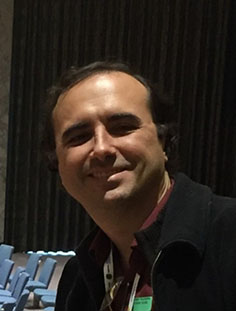
André Araújo Almeida
I am André Araújo Almeida, from Fortaleza (CE) Brazil; architect (BArch) from Politecnico di Torino and UFC; with master degree (MArch) and PhD student from Mackenzie Presbyterian University; I have 17 years of international experience in urban and housing design/planning (NGO’s, public sector and consulting firms) and since 2011 also university professor/researcher at UNI7 and UNIFOR. The importance of ATD is because it brings a larger view about vulnerabilities and risks to cultural heritage.
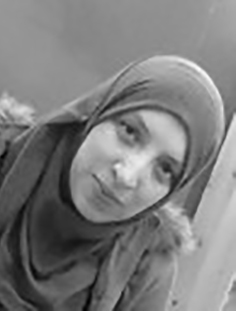
Racha Amrani
Graduated in Architecture in 2014 at the University of ``Sciences and Technologies of Oran - Mohamed Boudiaf (USTO-MB)`` in Algeria, with a dissertation on the theme ``Sustainable Industrial Architecture». Since 2015, she has been working as an architect in the public administration. Since 2018, she is a doctoral student of the laboratory ``City, Architecture and Heritage`` at the Polytechnic School of Architecture and Urbanism, EPAU of Algiers. She works on a research axis that is involved in the documentation of architectural heritage using ICT, with a focus on traditional architectural heritage, knowledge bases and ontologies. She is an international student at the Faculty of Architecture of Sapienza University, Rome, in the frame of a doctoral mobility for one (01) semester (September 1-28 February 2021-2022) under the Erasmus+ exchange program. She has participated to international conferences with conference proceedings. Participation in the ``After the damages`` 2021 summer school is an opportunity to acquire the latest technical tools and skills in post-disaster management, preservation of architectural heritage through digital documentation (models) and databases, and also in coordination and communication with stakeholders.
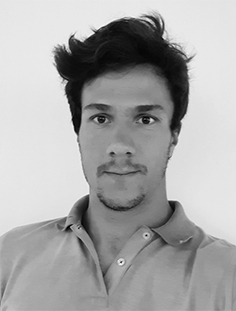
Davide Aschieri
Born in Turin in 1996, received the M.Sc. in Civil Engineering at Politecnico di Torino in 2021. He is currently a PhD candidate at Politecnico di Torino, Department of Structural, Geotechnical and Building Engineering (DISEG) with a bursary that deals with the prevention and mitigation of extreme events in alpine areas with the creation of a Digital Twin platform to manage a process a vast database of both point data and real-time data.
Starting from a structural and geotechnical background, he is now a researcher in the group coordinated by Prof. Osello at the drawingTOthefuture laboratory, where research and training related to BIM and Virtual Reality are constantly integrated and developed. He cooperates also with DIATI (Dipartimento di Ingegneria dell’Ambiente, del Territorio e delle Infrastrutture) and DAUIN ( Dipartimento di Automatica e Informatica) to deepen the themes related to GIS and Big Data Analysis.
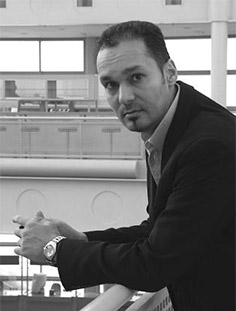
Issam Ballouz
I'm a German-Syrian Architect (Diploma/TU Dresden) located in Berlin. I've worked earlier in urban planning, architectural design and rehabilitation of traditional architecture (Damascus, Dresden, Frankfurt), as well as in renewable energies in architecture.
Since 2013 I was coordinator of a digitization and archiving project (Syrian Heritage Archive Project), setting standards, developing methods and implementing data standards for an open access digital archive.
Starting in 2017, I coordinated the sub-project “Aleppo Built Heritage Documentation and Damage Assessment”, with its digital database, in conformity with the European Standard `{`EN 16069`}`. Out of this, we issued until now several rapid documentation and assessment files, as well as three methodical guides.

Xhejsi Baruti

Eugenio Bosco
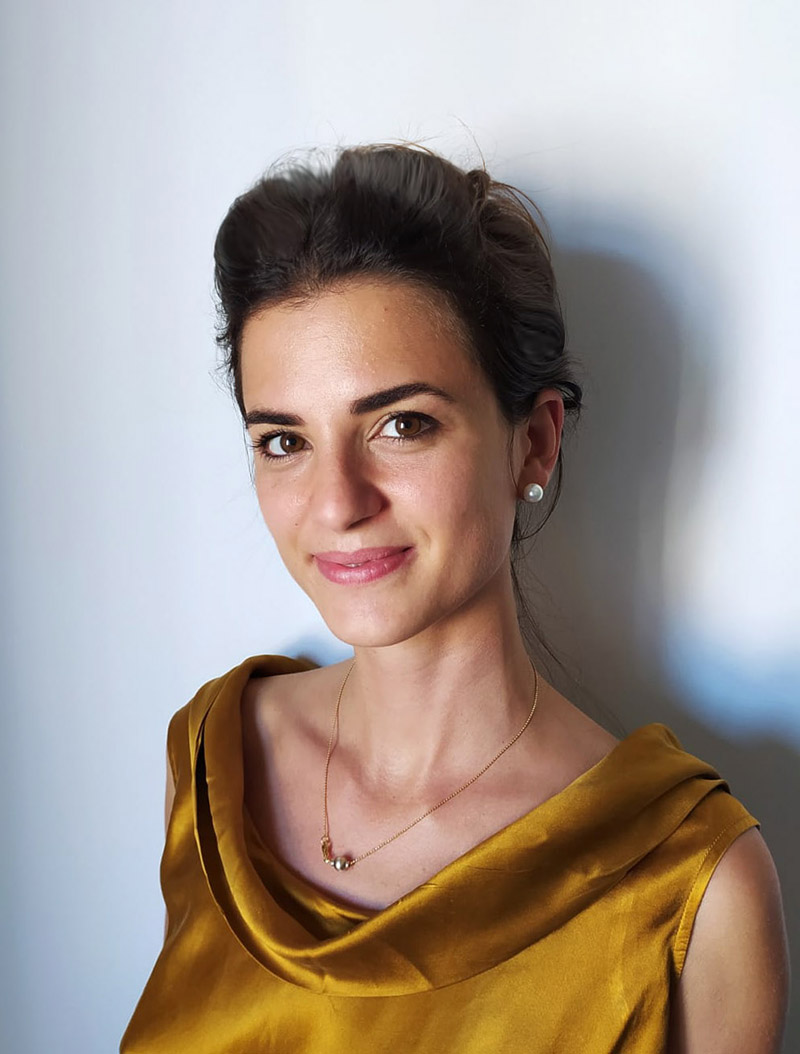
Maddalena Branchi
Maddalena Branchi, Architect specialised in Architectural Heritage and Landscape at the University of Florence. Currently a PhD student in Conservation of Architectural Heritage. Focused on the preservation of historical monuments and the use of diagnostic analysis for the architectural heritage. AtD summer school is an opportunity to deepen important issues such as damage analysis and risk mitigation, having the opportunity to confront on case studies conducted by experts in the field.
Maddalena Branchi, architetto specializzata in Beni Architettonici e Paesaggio presso l'Università di Firenze. Dottoranda in Conservazione dei Beni Architettonici. Grande interesse e attrazione per la conservazione dei monumenti storici e sull'utilizzo dell'analisi diagnostica sul patrimonio architettonico. La summer school AtD è un'occasione per approfondire temi importanti come l'analisi del danno e la mitigazione del rischio, avendo la possibilità di confrontarsi su casi studio condotti da esperti del settore.

Silvana Bruno
PhD and Research fellow at Polytechnic University of Bari, DICATECh
I held the title of Doctor Europeus at Polytechnic University of Bari, DICATECh, under the supervision of Prof. Fabio Fatiguso, Prof. Guido Raffaele Dell’Osso and Prof. Lamine Mahdjoubi from University of West England (Bristol, UK), with the thesis “The implementation of automatic diagnostics and monitoring towards Diagnosis-Aided Historic Building Information Modelling and Management”.
Afterwards, I started the investigation in the project VERBUM – Virtual Enhanced Reality for Building Modelling, as researcher in BReD srl, the spin-off of Polytechnic University of Bari, with the aim to develop a web-based Virtual Environment to support all the actors involved in the process of refurbishment and restoration. I was lecturer of some courses about the BIM approach: “Building Information Modeling - Progettazione Integrata Multidisciplinare Bim Based” A.A 2018/2019 at Polytechnic University of Bari; “BIM architecture” in IdeaAcademy, and “Dynamo” for an Italian engineering and architect society.
Then, I started the research fellowship in the PRIN 2017 project named Bes2ecure, aimed at structuring virtual training with extensive models (GIS and BIM) and fast models (based on Virtual Tours), in order to enhance knowledge and awareness about Built Environment risks and suggest safe behaviours, directed to expert and non-expert users towards Sudden Onset and Slow Onset Disasters (SUOD and SLOD).
Profession experience
I collaborated in the projects of steel structures, windows and metallic doors for residential buildings and public infrastructures, such as rail stations, for renovation and consolidation. I spent almost one year as trainee in the Technical Management office of Aeroporti di Puglia Spa, in the sector of public procurement, BIM-based bid, infrastructure monitoring and maintenance and safety management according to EASA (European Union Aviation Safety Agency) regulations.
Why the summer school is important for you.
I decided to attend the Summer School to contaminate, in a very positive way, previous personal knowledge and share observations, comments, suggestions with academics and professionals involved in this experience, with the aim to structure a holistic approach, boosted by digital technologies, to prepare resilient communities against disasters.
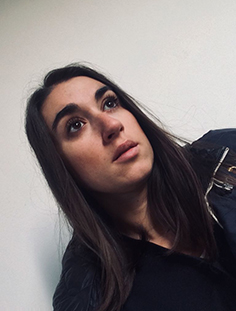
Annamaria Buonavoglia
I graduated in Building Engineering-Architecture at the Polytechnic of Bari in 2013 with full marks and an experimental thesis in Architecture and Architectural Composition II entitled: “Urban Densification Strategies”. Since 2014 I have practiced the profession of Engineer and since 2016 I have also qualified as an Architect dealing with architectural design, dealing with the themes of recovery of the existing building heritage and restoration of the historical-artistic heritage with particular passion and sensitivity. In this way I have the opportunity to develop continuous collaborations with public administrations through professional assignments.
In recent years, having constantly held roles as well as a designer also in the supervision of construction sites of listed monumental assets, I have developed a continuous professional experience from 2014 onwards with public bodies and MiC, I have also had the opportunity to carry out activities of planning and executive management of project activities. The passion for the themes of restoration and consolidation led me to obtain the III level diploma in Architectural and Landscape Heritage at the SSBAP of Federico II in Naples during which I increased my scientific and professional experience by participating in workshops and carrying out a Internship at the Regional Secretariat for Puglia.
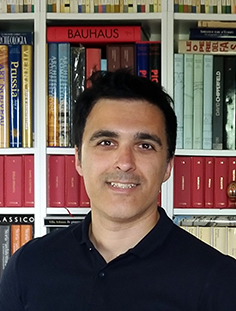
Davide Calanca
Degree in architecture (University of Ferrara, 2004), Specialization diploma in Restoration of Monuments (Politecnico of Milan, 2009), PhD student (University of Parma, XXXV cycle, 2019 - ongoing). Architect since 2004, designer and construction manager in the post-earthquake reconstruction of Emilia 2012, writer of monographs and articles on the history of local architecture (Modena area). External professional working at the Ministry of Culture for the 2016 Central Italy earthquake since 2019. Particularly interested in Disaster Risk Management and in the complex and participatory management of decision-making processes for risk mitigation on historical and cultural heritage.
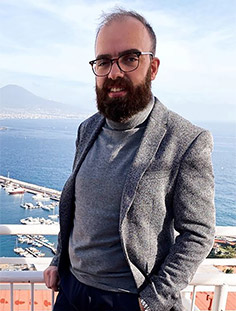
Davide Carleo
Graduated in Architecure at Department of Architecture of University of Campania “Luigi Vanvitelli”, with international thesis in collaboration with the Escuela de Arquitectura dell’Universidad de Alcalà in Spain, currently PhD Student in Architecture and Cultural Heritage. The curriculum is characterized from relation to conferences, international publications, and abroad periods. The Summer School represents an occasion to expand the knowledge for the conservation of cultural heritage.

Matilde Caruso
Academic career:
2021 PhD candidate | Universidad Politécnica de Valencia
2019 Post degree Master in Architectural Heritage Conservation | Universidad Politécnica de Valencia
2018 Master degree in Architecture, Italian LM-4 class | Universitá di Bologna
Professional experience:
2021- On going: Researcher at Res Arquitectura, PEGASO, Universidad Politécnica de Valencia
01/08/2019 – 30/09/2019: traineeship at TAMMELA Conservation Centre Rauma (Finland)
05/03/2018 – 02/07/2018: traineeship at RES ARQUITECTURA, IRP Universidad Politécnica de Valencia
12/09/2016 – 08/10/2016: curricular traineeship at Lares lavori di restauro srl, Venice (Italia)
I pledged my academic formation and my career to heritage analysis and conservation. During my experience, I have come up with the belief that planned and focused strategies are essential for ensuring heritage preservation, regardless of its source or typology. Attending this summer school is, to me, a precious chance to increase my skills about risk evaluation and managing and also to exchange my knowledge and opinions with experts from worldwide. I think that this experience will be a great occasion to develop new visions and ideas that will make me a better professional.
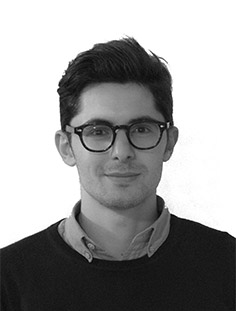
Francesco Chiacchiera
I am currently PhD student at Marche Polytechnic University in Ancona, Italy, where I graduated in July 2019 in building engineering and architecture master degree. As a architecture/engineering student I acted always with curiosity and resourcefulness, participating to various national and international workshops and seminars, as well as design competitions with various partners. I am co-founder of the cultural association ``Cento55`` which aims to promote architecture/construction related activities such as exhibition, conferences and events. After a year abroad in Lisbon, Portugal as part of Erasmus + programme, I started to overlay didactic support activities in Architecture courses, and in 2018 I was part of Univpm-Leibniz University of Hannover 2nd prize winning team in the International Design Competition for the new Unesco Buffer Zone of Villa Adriana (Tivoli). In 2020 I graduated in the Itinerant Master “Architecture for Archaeology” promoted by Accademia Adrianea di Architettura e Archeologia Onlus.
I am currently interested and studying cultural heritage/built heritage based processes of regeneration, and adaptive reuse of exhisting building case studies.
I am interested in all kind of creative forms, especially architecture, art and photography.
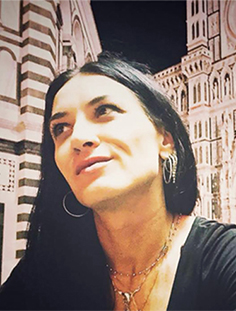
Margherita Cicala
Margherita Cicala Received the M.Sc. degree in Architecture in 2016 from the University of Campania “Luigi Vanvitelli” in Aversa, Abbey St. Lorenzo ad Septimum. Where she is currently pursuing the Ph.D. in Architecture, Industrial Design and Cultural Heritage, focusing her research on the following thematic area: Survey and Representation. The intensive course presented by you Summer School After the Damages International Academy, turns out to be for me a valid opportunity for study and research in favor of a personal cultural educational.
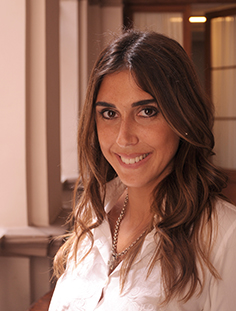
Victoria Andrea Cotella
Victoria Cotella got a double master’s degree in Building Engineering-Architecture at the UNISA, Italy and at the UNC, Argentina, developing a thesis on Digital Conservation of Cultural Heritage.
Currently she is carrying out research activities in the area of Building Condition Assessment at the University of Aveiro, in Portugal. Simultaneously, she collaborates in teaching activities at the University of Naples Federico II in the field of design and graphic representation, where she will begin her PhD studies in the end of this year.
This experience could represent the combination of the skills acquired throughout the academic and professional career: the application of digital survey techniques in the field of digitization of historical heritage, its processing and application of BIM system and finally direct them towards the prevention of risks in the cultural heritage.
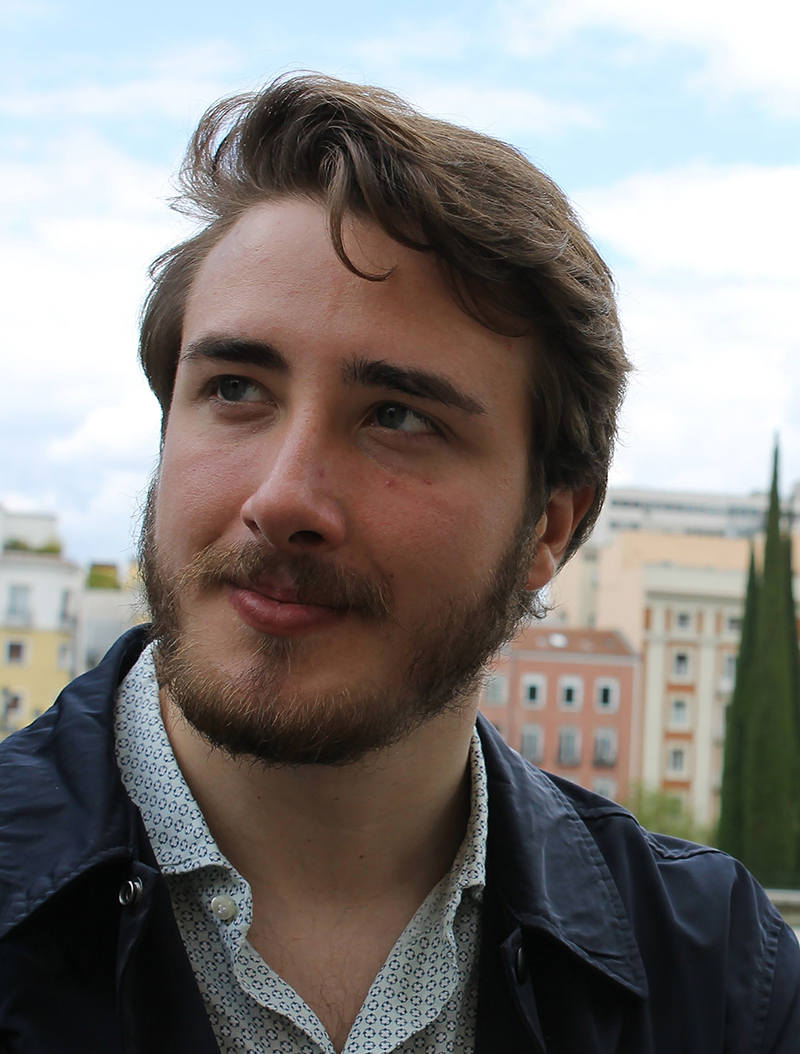
Domenico Crispino
Graduated with honors in Architecture in 2018 at the University of Campania ``Luigi Vanvitelli`` with a thesis on drawing entitled ``Il disegno del Petit Trianon di Versailles: analogie ed affinità in ambito europeo``. Since 2019 he is PhD candidate of the PhD School in Architecture, Industrial Design and Cultural Heritage, University of Campania ``Luigi Vanvitelli``, scientific disciplinary subject ICAR/17 ``Drawing``. He studied at the Escuela Politécnica Superior - Universidad CEU San Pablo in Madrid and at the École NationaleSupérieure d'Architecture de Paris-Val de Seine within the ERASMUS programme. He has participated as author in several international conferences. “Participation in the summer school is of great relevance because of the possibility to access advanced training in relation to potential crisis scenarios and the consequent methodologies for mitigating the social impact on cultural heritage through risk reduction”.
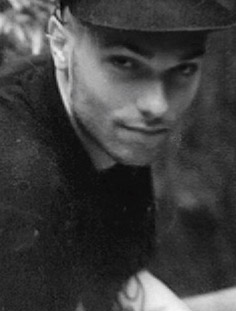
Gianluca Croce
I graduated in architecture at the Engineering and Architecture Department of the University of Trieste, with a thesis entitled “Surfing Crisis,” a research with a theoretical-critical approach that investigated the connections between architecture and the 2008 crisis. I participated and collaborated in international and interdisciplinary workshops that investigated: the design of public spaces in contexts afflicted by conflicts and ethnic contrasts; the issue of abandonment of the building stock in the various manifestations of shrinking cities; the redevelopment of fragile areas through promoting a slow, environmentally and socially sustainable forms of tourism. I am currently a PhD candidate and the research project I am developing ocncerns the issue of subtraction in architecture, analyzing how the effects of disasters, or simply those related to the natural degradation of buildings, profoundly modify both the building and the very concept of the design process. Starting from these premises, I investigate how some contemporary architectural practices use the tool of subtraction - whether simulated or real – as a design device capable of trasmitting a sort of “learnign from disasters” approach. Therefore, “After the Damaes” summer school is a precious opportunity to investigate the problems related to the analysis and methods of recovery in risky contexts.

Sara D'Addario
Graduated with honors in 'Architecture of big complexes' in 2005 in Pescara with a thesis in collaboration with the Ecole d'Architecture de Paris Belleville. Graduated with honors in Architectural Engineering in 2008 in L'Aquila with a thesis in sustainable technical architecture. Architectural, Executive and Coordinator Project Manager with international experience in France and in Italy in architectural firms as AS Architecture-Studio, Archea Associati and in management companies as Builders & Partners from 2005 to 2017. Stage in the firm Shigeru Ban Europe in 2004. Collaboration with the major French Real Estate as Cogedim, Bouygues, Icade, Leon Grosse, Strabag, Seedland. Back in Italy in 2017, she worked as curtain walls project manager in french market for 2 years.
Sara chose in 2019 to push her architectural specialisation in the hospitality sector in italian firms as architect and general director and becoming a consulting & innovative researcher.
In 2020 she founded the innovative start up Hospitality REsign S.r.l. to sensibilize to the quality regeneration of hospitality buildings in a sustainable certified key and started her PhD in 'Environmental sustainability and wellbeing' in the University of Ferrara with the thesis ‘Identity and value. The sustainable regeneration of the historical heritage in hospitality buildings’.
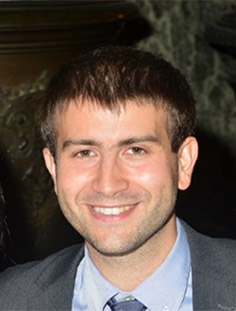
Matteo Del Giudice
Matteo Del Giudice, born in Turin in 1987, received both M.Sc. in Building Engineering and the Ph.D. degrees in Innovation Technology for the Built Environment at Politecnico di Torino in 2011 and 2016, respectively. He is Assistant Professor (RTD-A) at Politecnico di Torino, Department of Structural, Geotechnical and Building Engineering (DISEG) in the drawingTOthefuture laboratory led by Prof. Osello.
Since 2009, he has studying and applying the BIM methodology, deepening themes of interoperability on real case studies at national and international context, optimizing data management of the existing architectural heritage with BIM and GIS.
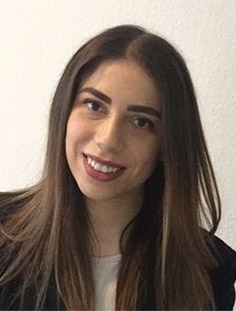
Maria Giada Di Baldassare
Engineer, PhD candidate at Polytechnic University of Marche, where she graduated with honours in Building Engineering and Architecture (2018). PhD Visiting Fellow at the Faculty of Architecture and Landscape Sciences, Leibniz Universität Hannover, Germany (2019-20). Currently focusing research activities on the thesis “Designing Resilience: Trans-scalar architecture for resilient habitats” and the PRIN project “B4R–BRANDING 4 RESILIENCE”. mariagdibaldassarre@gmail.com
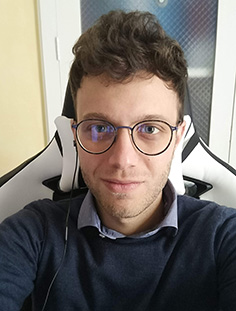
Andrea Di Filippo
I am Andrea di Filippo, a PhD candidate at the University of Salerno currently involved in a project that deals with the application of BIM methodology to the documentation of the building fabric, with a focus on Scan-to-BIM techniques. Acquiring skills for the coordination of conservation activities would be fundamental for me and the tasks included in your course would allow me to obtain a complementary preparation on subjects I have already covered in the past, as well as an additional one for better and more efficient risk management.
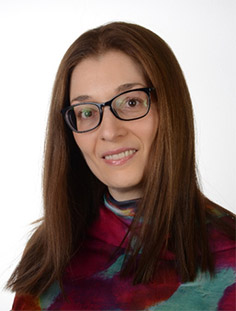
Chiara Donà
Academic career:
Degree in “History and Conservation of Architectural and Environmental Heritage” in the University of Architecture in Venice (IUAV).
Doctorate in “History of Architecture and City, Science of Arts, Restoration” at the Foundation School of Advanced Studies in Venice (SSAV) - 18th cycle.
Profession experience:
Architect officer of the Regional Secretariat of the Ministry of Culture for Veneto; MiC’s regional referent for Directive 2007/60/CE on flood risks; development of the information platforms of Risk Charter and Vincoli in Rete for ICR; member of the UCCR-MiC and in the activities with the regional Civil Protection.
Why the summer school is important for you.
It is very important to have an international comparison for bringing innovation inside the Ministry of Culture, exploiting the interdisciplinarity offered by the application of emergency management international studies about reduction risk and increased resilience in various scenarios, as suggested in the Sendai Framewokd for Disaster Risk Reduction 2015-2030.
It is fundamental, for example, in order to improvement and implementation the information platform of Risk Charter and for an efficacious and quick response in natural disasters.
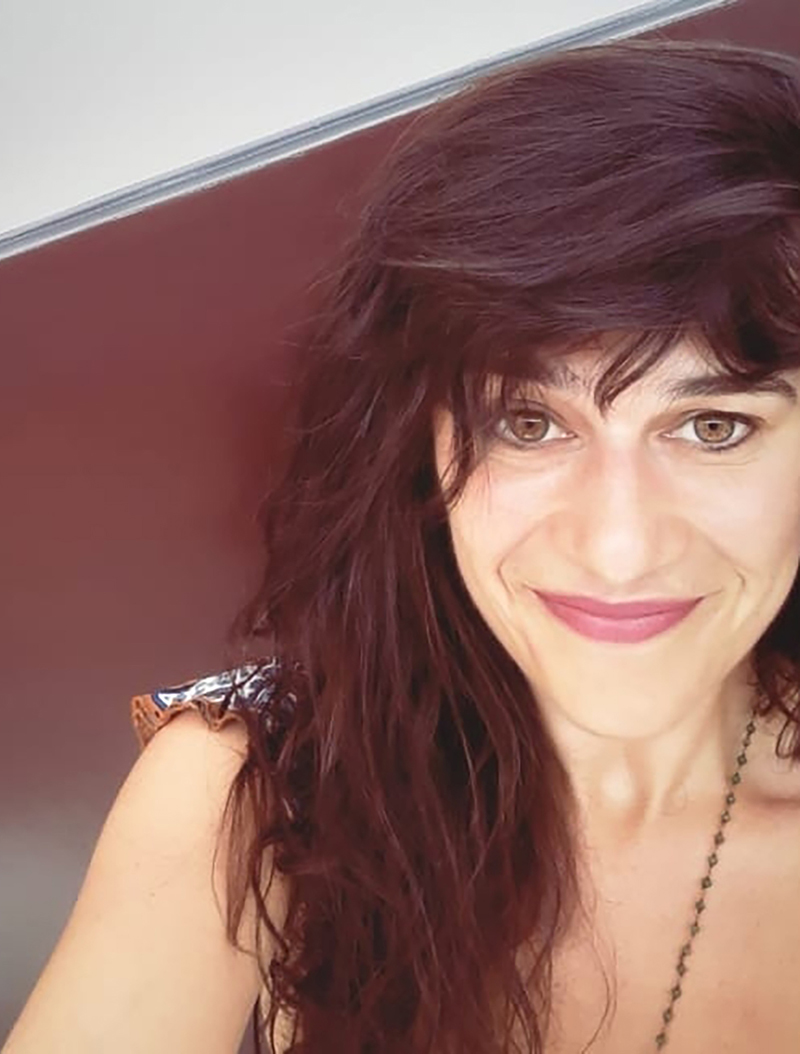
Mariacristina D'Oria
Architect and PhD Candidate at the University of Trieste, Department of Engineering and Architecture
Starting from the Master Degree Thesis Expost: the recycling of the event // the recycling event (2015), , she developed a trajectory in the professional field working on public spaces (Stradivarie Architetti Associati, 2015-2018). Her PhD research, Mean Time. Expiry Date Architectures, focuses on strategies and processes that architectural discipline activates to respond to traumatic events. The “After the Damages” International Summer School will provide an excellent occasion to sharpen her research methods to read the current entropic condition we are immersed in.
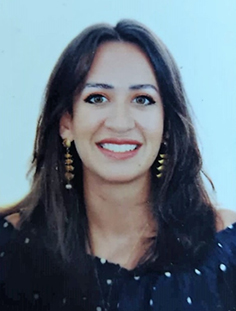
Maryam El Sharkawy
Dr. Maryam ElSharkawy attained her PhD from Cairo University, Faculty of Engineering, Architectural department. Works as a part-time Lecturer and Researcher. Her experience in building performance simulation and enhancement has expanded since she received LEED Certificate by the USGBC in 2014. Currently she works as head of BIM architectural unit in ISC, Cairo, Egypt. After the damages summer school is extremely significant to uncover the potential in enhancing existing heritage structures and linking current technologies to salvage material merit and to enhance performance for possible sustainable reuse. Because our own identity cannot be revealed without a strong connection to the past.
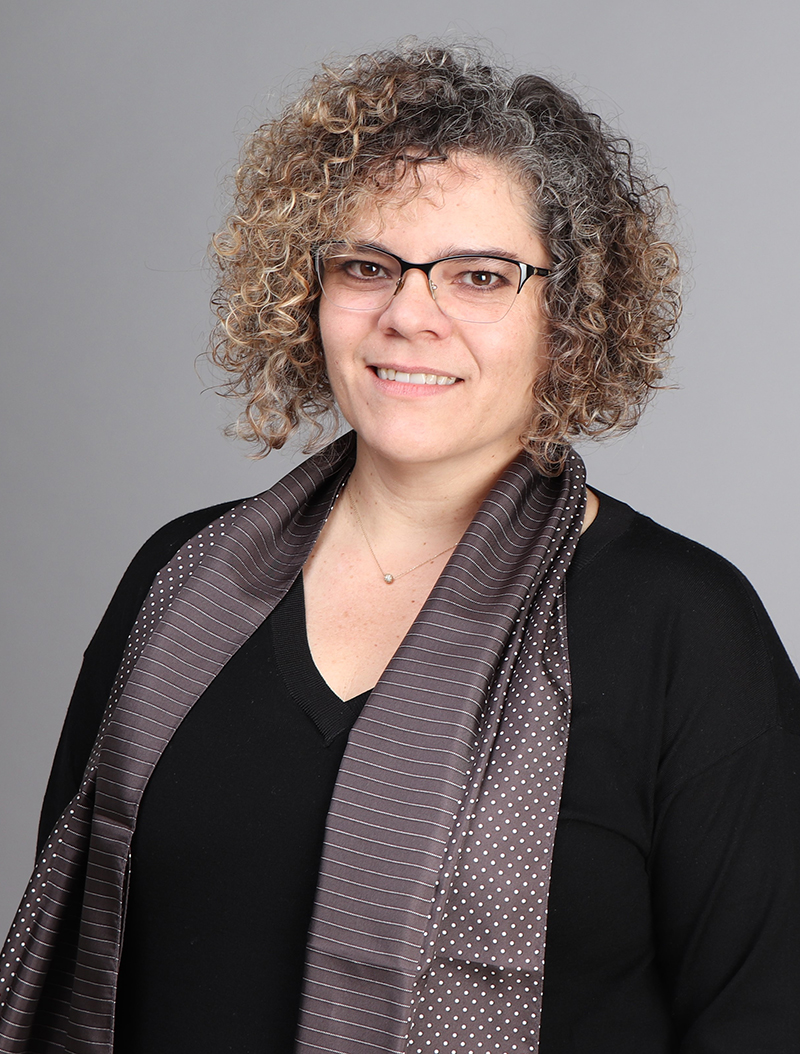
Gabriela Estrada - Diaz
Architect, Ms in Urban Studies at El Colegio de México, PhD in Urbanism and Urban Planning at École d’Urbanisme de Paris.
Professor at Universidad Iberoamericana. Co-funder of Local & Global Ideas, a consultancy firm on urban planning, climate change and housing. Along with my teaching activities, I participate in research projects within the academy, and in consultancy projects for local governments and federal agencies.
The summer school will allow me to explore innovative ideas that support the development of reliable solutions for disaster prevention in the built environment.

Anna Faiella
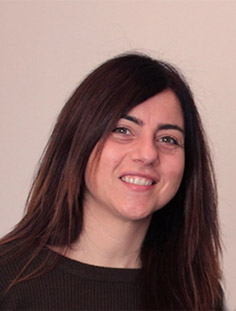
Stefania Farina
Graduated in Architecture at Politecnico di Milano.
Freelance architect in Puglia, specialized in recovery and renovation of rural buildings. Energy and environmental sustainability certifier.
Actually, PhD student at Universitat Politècnica de València.
I think that the learning activities of the Summer School could give me useful skills for a future planning of territorial management interventions, in order to protect my homeland where normally I live and work.

Cynara Fiedler Bremer
I am a Civil Engineer from Brazil, with master and doctorate in Structural Engineering, Post Doctorate at the Universität des Saarlandes, Germany and also at the Universidad de Granada, Spain.
I am a professor at architecture and urbanism and design courses and also at lato and strictu sensu courses at the Federal University of Minas Gerais (UFMG), Brazil.
I am very honored to have the oportunity to learn from Ferrara University about disasters, earthquakes, pathological manifestations and prevention and safety solutions!
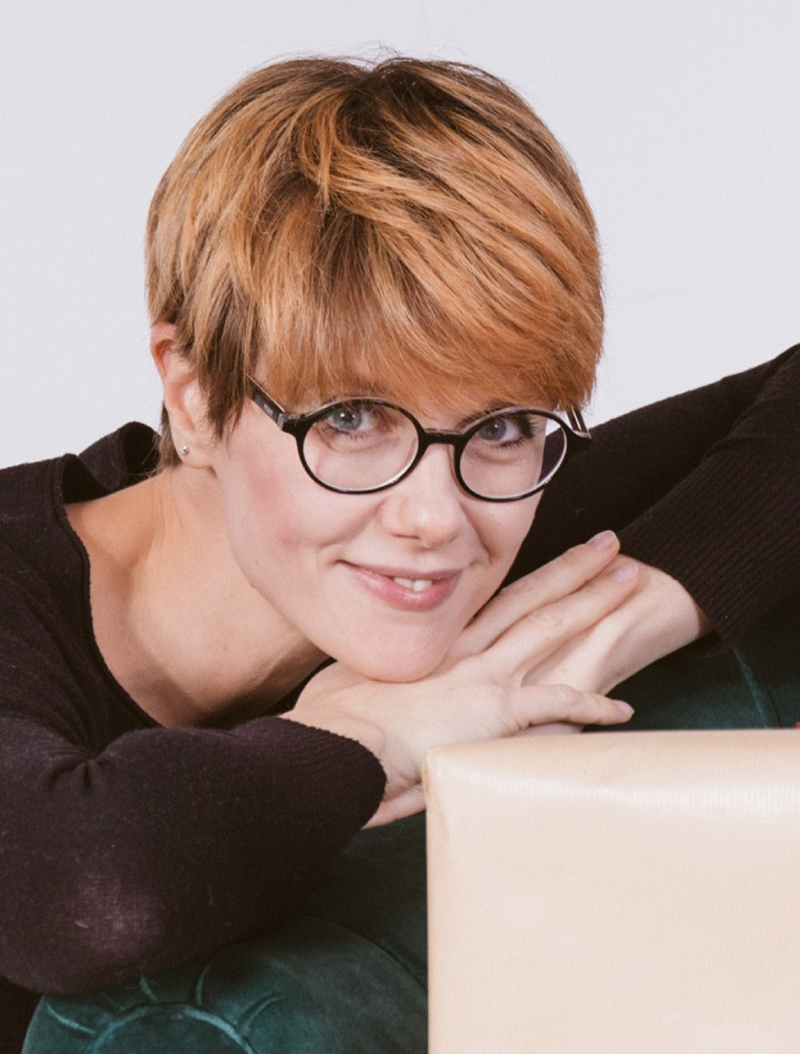
Marika Fior
Academic career and Profession experience: Marika is an urban planner by training. She is Adjunct Professor in Urban Planning and Urban Design at Politecnico di Milano. Her research interests are regard to urban planning, natural risk disasters, landscape, and historic centres. Since 2015, Marika is a member of the National Association of Historic Centres Board. Since 2020, Marika is research fellow in Territorial Fragility Project at Politecnico di Milano (DAStU, Dipartimento di Eccellenza 2018-2022).
Why the summer school is important for you: The Summer School will enrich my specific knowledge on case studies and good practices of intervention for integrated risk management. The Summer School might better orientate my current research on the relationship between companies, territories, natural hazards, and climate change. Bearing in mind that many businesses (craftsmen, professionals, hoteliers, etc.) carry out their activities within the historical city, it is crucial to know how urban planning can improve the business’ resilience concerning their operating sites, protecting private and public spaces.
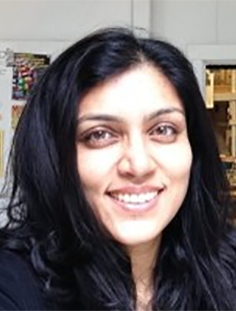
Rashmi Gajare
Rashmi Gajare has a Bachelor's in architecture from India, a Master’s in Historic Preservation and Planning from the City and Regional Planning Department at Cornell University, a Master's in Digital humanities from Universite Ca'Foscari, Venice, Italy, a Master’s in Indology from Tilak Maharashtra Vidyapeeth and a Masters in French translation from Pune University. She has previously worked as a preservation architect in New York and has been a visiting faculty at Tilak Maharashtra Vidyapeeth in Pune. She is the founder of the digital humanities organisation, Tertön Humanities, that focuses on projects connecting technology and heritage. She is currently pursuing a PhD in Architecture at the University of Texas at Austin and works on the 3D scanning and modeling of historic structures.
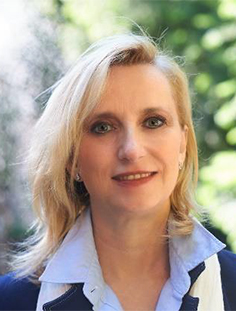
Nicoletta Gandolfi
I’ve dealt with residential, commercial building and hospitals.
I’m a CAM expert and becoming a member of ICOMOS.
I address issues related to the value of our historical and enviromental heritage, collaborating in the past with the dep. of Architecture and Territorial planning of the faculty of Engineering of the University of Bologna , and now in the Culture and Enviromental Commission of the order of Architects of Bologna.
I’ve also written articles and volumes with the University of Bologna albout these topics.
I hope to underline these themes during the Summer School, also linked to the conservation of the identity of the communities.
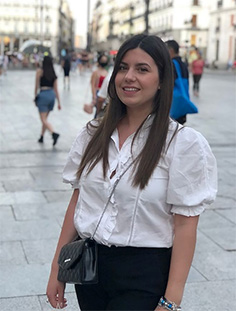
Martina Gargiulo
PhD student and graduated in Architecture at the Department of Architecture and Industrial Design of University of Study of Campania “Luigi Vanvitelli”, with international thesis and final result 110 e Lode/ 110. She has participated in several international conferences, with activities period of research in Spain and Albania. The participation in Summer School allows to improve the curriculum and to expand the knowledges in new themes.

Mima Krupuskaya Grossi Feltrin
Architect and Urban Planner at the Pontifical Catholic University of Rio Grande do Sul with academic exchange at the Universitat Internacional da Catalunya, Barcelona, Spain (2017). Awarded by the Institute of Brazilian Architects Honorable Mention José Albano Volkmer for developing an academic project for preventing floods in the city of Porto Alegre, from the perspective of City Architecture and Existing Infrastructure. She is currently an Architect and Urban Planner at Konisberger Vannucchi Arquitetos Associados, São Paulo and a Master's student at the Federal University of Rio de Janeiro.
They maintain research interests and main projects in the following themes: City Architecture and Urban Form, Public Spaces, Waterfronts and Environmental Disasters and Climate Change.
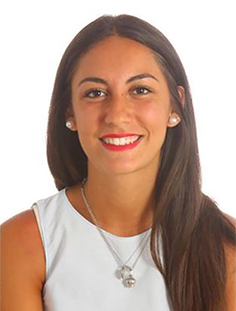
Fabiana Guerriero
Graduated in Architecture with 110 cum laude at the University of Campania Luigi Vanvitelli. PhD student in Architecture, Industrial Design and Cultural Heritage (SSDs Icar17- Icar22) with a thesis on International joint supervision. Participating in the Summer School allows the improvement of skills in risk management and mitigation in order to preserve the original building systems of historical buildings and to identify the best monitoring and intervention strategies in case of risk.
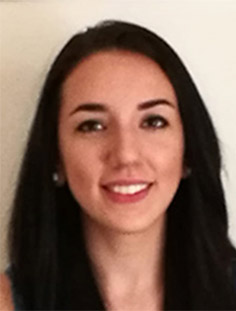
Caterina Gabriella Guida
Caterina Gabriella Guida obtained her master degree in Construction Engineering and Architecture at the University of Naples ``Federico II``. She is a PhD student in ``Risk and Sustainability in Civil, Building and Environmental Engineering Systems. Integrated vulnerability assessment of the built heritage: diagnostic protocols and conservation`` at the Department of Civil Engineering, University of Salerno. His research concerns the Scan-to-BIM process, focusing on data collection and survey, HBIM modelling, and data integration to manage, monitor, and enhance Cultural Heritage. His previous studies allowed me to develop an interest in the conservation of the built heritage, related to the nature of the Italian territories, characterized by a rather dated building stock, therefore in line with the concept of sustainability; his attention has always been focused more on the conservation and enhancement of the existing rather than the construction of new structures. Participation in the International Summer School After The Damages represents an opportunity to acquire a wide range of technical and managerial skills in risk management and prevention related to the effects of environmental and anthropogenic disasters on the existing built heritage and the skills necessary to manage complex decision-making processes.
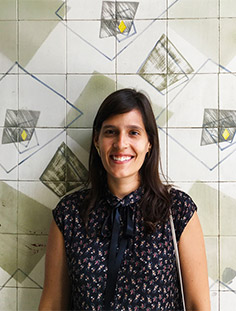
Natália Hesz Ferrari
Brazilian architect. I´m attending a master's degree at the Institute of Arts of UNICAMP, I attended the Master on Architectural Restoration at RomaTre (2012) and I´m specialize in curating and art criticism for PUC-SP (2017). I have been working for more than 10 years with restoration projects and activities related to the built cultural heritage. The course will add up and create new relations between the concepts already learned so far, it will give impetus to new approaches in my professional experiences and in the research for the master's degree in progress.
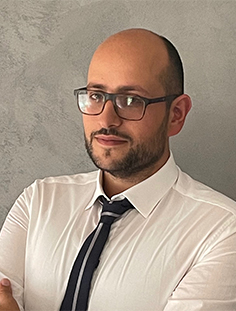
Gianpietro Imbrogno
I'm Gianpietro imbrogno, geologist and freelancer. I have a specialization in natural hazards, and I am an expert in photogrammetry and photointerpretation. I work in a geological and engineering consultancy company, at the University of Calabria. I deal with risk mitigation (geological, geomorphological, hydrogeological and seismic risk). I believe that the summer school introduces me to new issues, related to the emergency and how to manage the after-damage phase.
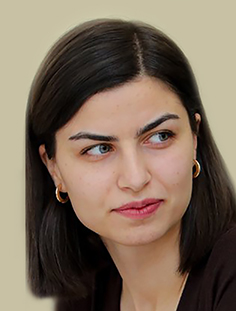
Anna Khachatryan
I am motivated to participate in this course to broaden my horizons and strengthen my professional skills.
Since the beginning of my studies, I have been interested in urban development and the architectural heritage of cities.
I continue to study the issues that contribute to the creation of cities and places and am interested in multi-layered study and exchange of experience of the problems faced by cities. Also, I research methods, theories, and strategies for preservation and sustainable re-use in a global context of the architectural heritage of cities.
In an urban planning project, I usually consider the main sectors which are composed of economy, sociology, geography, politics, and culture. These include cultural heritage preservation, restoration, and valuation.
However, those urban issues cannot be addressed by a single discipline. Now I study the principles and methods of participatory architecture and planning which studies all possible aspects that have an impact, crisis situations, disasters, anthropogenic effects, and others. Also, it attempts to actively involve all stakeholders in the design process to help ensure the result meets their needs and is usable and will enhance the stakeholders’ sense of ownership, identity, and pride. Historical heritage is an integral part of this.
As an aspiring architect, I am especially eager to become acquainted with different design styles and techniques. The course aims to promote the development of different awareness and skills that I believe will help to deepen my knowledge and give me a new look to improve planning and policy-making decisions that will be extremely valuable for my further studies and work.

Christine Kousa
Christine Kousa is a PhD Candidate at the Faculty of Architecture and the Built Environment, Delft University of Technology (The Netherlands), and a KAAD and a Gerda Henkel Stiftung “Patrimonies” scholar. A Research assistant and a docent in Master programs at the Detmold School of Architecture and Interior Architecture, OWL University of Applied Sciences and Arts (Germany) since 2018. A Member in Graduate School for Applied Research in North Rhine-Westphali, ‘Building and Culture.’ Department (Germany) and A researcher at Centre for Global Heritage and Development (The Netherlands). She obtained Bachelor of Architecture in 2011 at the Faculty of Architecture, Aleppo University (Syria) and a Master of Rehabilitation of Historical and Islamic Cities in 2015 at the same faculty. Here she worked as an assistant professor and academic researcher from 2012–2016. In the years 2014–2016 she also was a lecturer at the Faculty of Fine and Applied Arts at Aleppo University. In 2016/2017, she worked as a coordinator of the university’s affair, at the Presidency of Damascus University (Syria).
Her PhD research aims to rethink the conservation and recovery of post Syrian Civil War residential heritage in terms of sustainable development. She beliefs that the Summer School “After the Damages” 2021 Edition fits perfectly to her PhD topic, and its objective is really relevant and valuable to her research. So, it would be most helpful for her to attend and benefit from the presentations scheduled and discussion during the program.
Christine Kousa can be contacted at: C.Kousa@tudelft.nl / Christine.kousa@stud.th-owl.de

Federico Mario La Russa
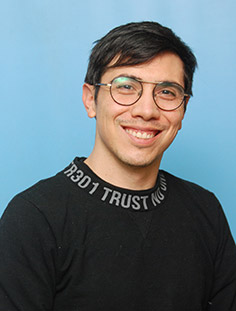
Juan Augusto Labriola
Academic career:
Architect (National University of Córdoba), currently student of the master’s degree in Urbanism (Córdoba, Argentina). Participant in several students exchanges around the world.
Profession experience:
Professor and researcher of the National University of Córdoba and independent professional developing different competitions and works.
Why the summer school is important for you:
In my opinion, to participate in the summer school program “After the Damages” offers the possibility of discussing and think about a complex phenomenon while debating with other professionals from different parts of the world. In this way, I pretend to acquire technical knowledge as well as interdisciplinary tools and skills that allow managing complex decision-making processes. I want to develop this knowledge in my academic activities, not only as a teacher and as a student of the Master in Urbanism, but also as a professional work.

Gennaro Pio Lento
Gennaro Pio Lento, graduated in Architecture in May 2020 with an International thesis with University of Lisbon in Architectural Drawing (Icar 17), now Currently PhD Student in Architecture and Cultural Heritage. at the Department of Architecture and Industrial Design of the University of Campania “Luigi Vanvitelli” with a thesis on International Co-direction Italy-Albania. My interest in the Summer School stems from the possibility of expanding my knowledge and skills in the field of cultural heritage. In addition, I am very interested in approaches that deal with post-disaster management, having dealt in my PhD (ICAR17) with places that are often abandoned or ruined.
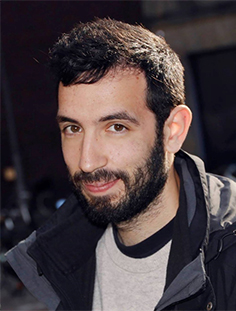
Sergio Manzano Fernández
I’m Sergio Manzano Fernández, architect by the Universitat Politècnica de València (UPV), and Master in Preservation of Architectural Heritage, also by UPV. In recent years, I have focused my work and my research towards the area of architectural heritage, both its documentation and characteristics as well as its conservation. This has led me to start my doctorate on the natural, social anthropic risks that threaten it (especially earthen architecture), so this summer school seems to me to be an excellent opportunity to reflect on and broaden my knowledge of them. A greater understanding of the most efficient actions and management of heritage after such disasters will enrich my research to find the most appropriate solutions, which is why the summer school could be really interesting for me.

Bianca Manzon Lupo
Professor in the undergraduate courses in Architecture and Urbanism at the University of Mogi das Cruzes (UMC) and at the University Nove de Julho (UNINOVE). Currently, she is a PhD researcher in History and Fundamentals of Architecture and Urbanism at the University of São Paulo (FAU USP), institution where she obtained her Master and Graduation Degrees. Specialist in Museology at the Centro Universitário Belas Artes de São Paulo (FEBASP). She also had an exchange experience at Politecnico di Milano (POLIMI). Affiliated to the Brazilian Committee of the International Council of Museums (ICOM-BR). Author of articles published in national and international academic magazines.
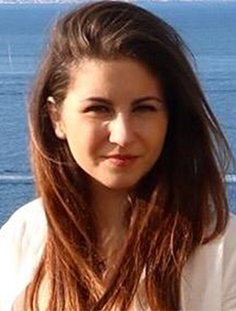
Paola Martire
I am an architect, specialist in Architectural Heritage and Landscape.
As academic research assistant, I work with Prof. Andrea Pane at the University of Naples Federico II, coordinating different Conservation courses.
As Architect, I am a consultant for different offices Naples based.
Author of 5 publications for national and international journals, my research studies are focused on the conservation of damaged Heritage.
Currently PhD student at ``Politecnico di Milano``, I believe that the Summer School will improve my technical and behavioral skills as well as my competencies in risk management.

Gustavo Mastrobuoni
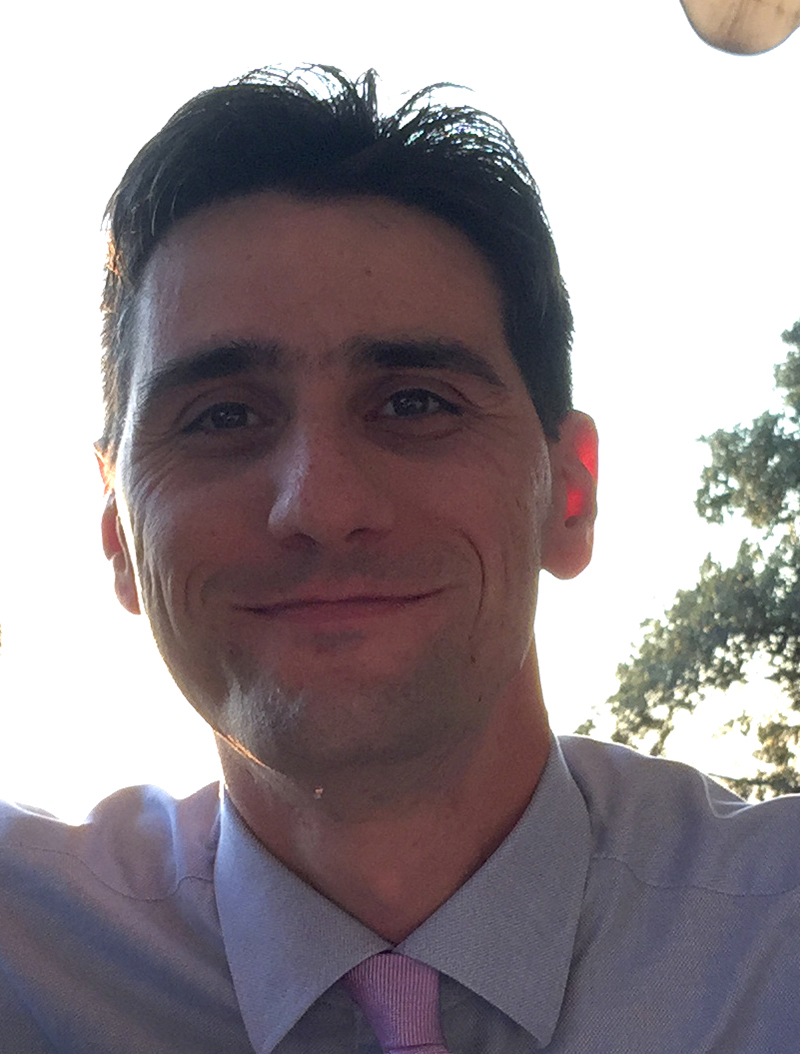
Roberto Mazzi
Profession experience:
Activities related to freelance in companies, collaborations with important architectural design studios, teaching activities in the BIM field at the University of Parma and at external training institutions, research fellow in the eBIM field with modeling with Bim methodology of the case study former San Francesco prison (PR)
Why the summer school is important for you:
An in-depth study of issues related to risk management and management activities is one of the most interesting purposes for me. Trying to organize and prevent (some) events that are difficult to anticipate is a high challenge, aimed at greater awareness in the design phase. If by definition a project is unique, designing and planning the management of calamitous events becomes a mentally stimulating challenge
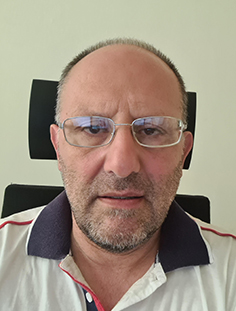
Antonio Memeo
I am an Architect Specialist in ``Architectural and Landscape Heritage`` and I work as a Construction Engineer in the Administration of Defense (Ministry of the Navy), where I deal with disposals of defence properties, no longer useful for institutional purposes, including those that can be decommissioned through State - owned Federalism.
From 1997 to 2000, I have carried out architectural design work, construction management, PCS for the design and execution of the works (Temporary and mobile construction sites (D.Lgs 81/2008 and s.m.), especially in the private sector. At the same time, I collaborated with the architecture studio for the design and construction of Buildings of Worship, Churches and I have participated in several national and international Architecture, Urbanistica e Design competitions. From 2000 to 2007, I also worked in the Local Authority of the Province of Milan (in Milan), in the sector of the Environment, Water Resources and Quarries.
Furthermore, since 2007, after moving to Rome, I have been part of and collaborating with the Civil Protection group of the Order of Architects of Rome, with a group of qualified technicians, ready to intervene in order to make damaged buildings safe and fit for use in the event of earthquakes and natural disasters.
The reasons that led me to attend the After the Damages Summer School, they are many…..The most important of them is to deepen topics and issues related to the collaboration that soon with the Civil Protection Group of the OAR.

Sandra Mikolajewska
Architect, Ph.D. and short-term research fellow at the University of Parma (Italy). Her dissertation discussed in May 2021 focuses on the digital technologies for the documentation, conservation and valorization of Cultural Heritage (the case study: the Farnese Theatre in Parma). Her research deals with the survey, three-dimensional modeling of existing buildings and multimedia technologies (video mapping) for the valorization and communication of Cultural Heritage.

Sonia Mollica
Sonia Mollica, PhD student at the ``Mediterranean`` University of Reggio Calabria, develops a doctoral thesis that aims to enhance the cultural heritage by creating replicable BIM-based methodologies. During her doctoral training, she participates in initiatives and workshops based in Italy and abroad, at the KU Leuven and ENSAPLV universities. Consistently with those that are configured as the topics dealt with in the academic field, participation in the “After the Damages” summer school is essential in order to fully understand the strategies aimed at safeguarding the built heritage.
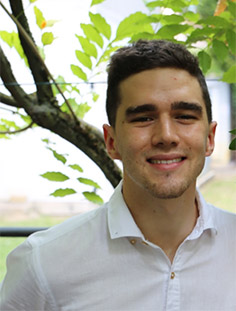
Andrea Momolo
Graduated in 2020 in Building Engineering and Architecture at the University of Padua with a master thesis on conservation and enhancement of built Cultural Heritage.
I am currently pursuing a research grant in collaboration with the Department of Cultural Heritage, focused on the interoperable digital reconstruction of historical buildings.
My research interests concern the survey and representation, BIM and innovative techniques of representing and communicating Cultural Heritage.
I chose to apply for this International Summer School because I believe that the topic on which “After the Damages” focuses is of primary importance as it is extremely current and necessary for the context we live in, as well as for the sector in which I wish to specialize.
I would like to experience it as a huge opportunity to discuss with specialists with the main goal of investigating the management of built heritage, assimilating techniques to deal with natural and anthropogenic risks.
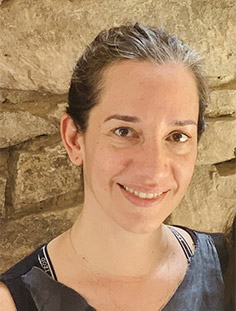
Nadya Nenadich
Nadya K. Nenadich holds a Bachelor of Architecture and a Master of Science in Sustainability from Pratt Institute, and a Master of Science in Historic Preservation from Columbia University. She worked at architecture firms in New York -Kohn Pedersen Fox, Ehrenkrantz Eckstut & Kuhn, and Einhorn Yaffee & Prescott- before moving to Barcelona to pursue a Ph.D. in Architecture at the Polytechnic University of Catalonia. Her dissertation focused on the relationship between memory and space in planned communities in the United States. Upon her return to Puerto Rico, Nadya worked as Associate
Dean at the School of Architecture of the Polytechnic University of Puerto Rico where she also was a tenured professor. Nadya has also taught graduate preservation courses at Pratt Institute wheres she was also the director of the Historic Preservation Graduate Program. Currently, she works as a historic architect. Her research explores the intersections of memory and space as she explores heritage as a tool for resilience.
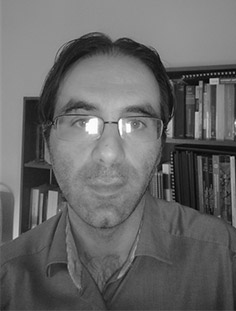
Giuseppe Nicastro
I have a master's degree in architecture at the University of Florence - DIDA, Department of Architecture, discussing the thesis Digital survey and Virtual Heritage: il Castellum Aquarum of Poggio Murelle in Manciano (Gr).
From 2016 to 2020 I went to the Ph.D. school at the University of Florence, curriculum in Survey and Representation and of Architecture and Environment: I am interested mainly in digital survey and 3D technologies applied to cultural heritage.
My interest in the scientific area of Survey and Representation of Architecture cultivated since the thesis of the master’s degree in Architecture and then continued during the PhD course pushed me to submit this candidacy.
During my training I have gained numerous experiences in the field of digital survey and advanced restitution, working on different themes, both in terms of size and complexity acquiring the know-how sufficient to operate with the current technologies of acquisition of the data and 2D / 3D restitution.
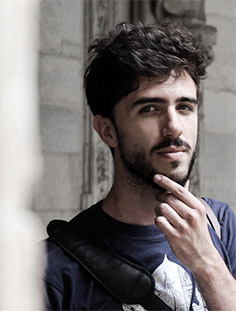
Sergio Ortín Molina
Architect (2017), Master in Architecture (2018) and Master in Preservation of Architectural Heritage (2020) in Universitat Politècnica de València. My final Master thesis entitled 'Notre-Dame de Paris, 2019. The restoration of the century' was focused on analyzing the causes and consequences of the catastrophe in order to propose a new methodology of action in the face of interventions on the Built Heritage. Since then, my main research activity has focused on this field of knowledge.

Danilo Pastore
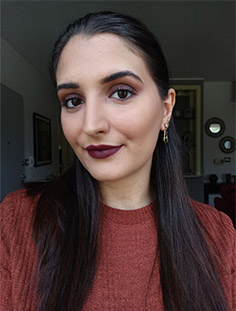
Marta Pileri
My name is Marta Pileri and I took my master's degree in Architecture and Building Engineering with a thesis on intangible cultural heritage. Since 2020 I am a Ph.D. student in the Architecture and Environment course of the University of Sassari; the research topic concerns the representation of tangible and intangible cultural heritage.
I decided to attend the Summer School because it will provide me with new knowledge for my academic studies and a future career.
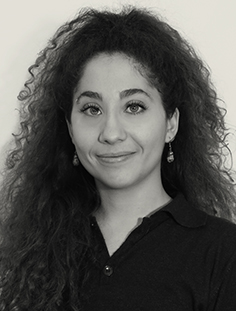
Margherita Rago
I obtained a five-year Master's Degree in Architecture in 2018 at “Sapienza” University of Rome, with a thesis that addresses the issues of urban regeneration, design of public spaces and social integration in the growing suburbs of the capital. I completed several study periods abroad in different countries (Argentina, India, Kenya, Portugal and the USA) and successfully obtained a Professional Certification in Autodesk Revit Architecture in 2018. I currently work as a freelance architect after several experiences in architectural firms. I have experience in urban planning and architectural design in the areas of urban and regional development, cultural heritage and sustainable tourism in the Global South. I collaborated on international projects in emerging and developing countries, in cooperation with local partners, based on funding from international organizations such as World Bank, ADF and other financing institutions. Today my greatest ambition is to pursue an international career in Cultural Heritage Preservation and Sustainable Development of emerging countries. In particular my interest is focused on reducing disaster risk of World Heritage properties.
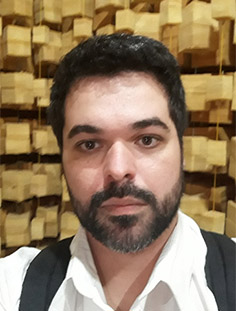
Marcus Vinicius Rosário da Silva
Academic career:
Faculty of Architecture and Urbanism (UFRJ), MBA in Sustainable Buildings, and Facility Management - FM, Master’s degree in Management Systems and Doctorate degree in School of Architecture and Urbanism (USP).
Profession experience:
LEED EB:O&M, GHG, Project.
Why the summer school is important for you:
Develop my skills in the area of risk management, as I have researched FM including applied to the built heritage.
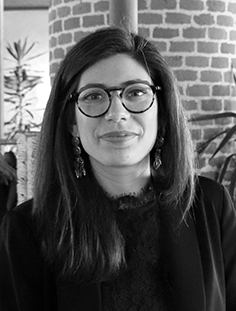
Ilaria Tonti
Architect and PhD candidate in Architecture. History and Project at Politecnico di Torino, where she graduated with honour in 2018. She is a teacher assistant and a PhD fellow at two Interdepartmental Centre FULL (Future Urban Legacy Lab) and PIC4SeR (Polito Interdepartmental Centre for Service Robotics). Her research deals with the interaction between geomatic tools as urban design tools for post-emergencies contexts with a multiscale and multitemporal approach (GIS system). It is focused on the impacts of temporary interventions on fragile territories, their permanent effects and transformations capacities in the medium and long time in-between from event to reconstruction.
Participation at AtD Summer School represents an opportunity to improve knowledge of different post-disaster scenarios and sharpen the research methodologies compared to other worldwide expertise useful for doctoral studies.
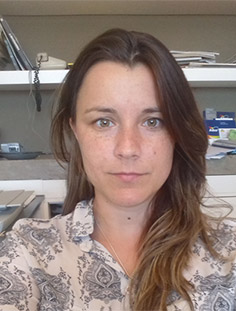
Cecilia Tortone
My name is Cecilia Tortone. I am an Argentinian architect and I work as a Professor in the Mendoza University. I studied in the National University of Cordoba (2010). I also got a Master Degree in Architectural Conservation and Restoration at Rome Tre University (2012). I have taken other training courses, always with the aim of deepening my knowledge on this topic. I currently work in interdisciplinary groups developing surveys and intervention projects in historic buildings. The Summer School After the Damages will give me the possibility to know different perspectives on these issues.
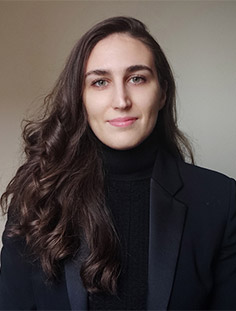
Francesca Trizio
My name is Francesca Trizio, I’m an Architect and Phd Student from Polytechnic University of Valencia, Spain. Before starting my PhD studies, I graduated in Building Engineering and Architecture from Polytechnic of Bari. At present, I’m carrying out a research on flood risk and built earthen architecture. The summer school represents to me a great opportunity to enhance my knowledge and skills in the field of prevention and safety solution on existing built environment.

Veronica Tronconi
I’m a Restorer of Cultural heritage with a Master’s Degree in Conservation and Restoration of Cultural Heritage and now I’m a PhD student in Humanities and Communication at the University of Urbino. My research field focuses on innovative and digital ways of communicating conservation processes and restoration interventions. I believe that my participation in the After the Damages international summer school could be a particularly formative experience for me, in order to become more familiar with the techniques for securing cultural heritage in crisis contexts.
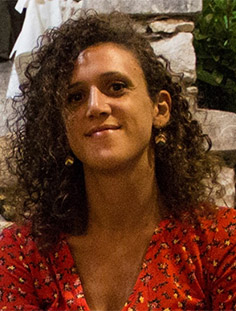
Samanta Tumbarello
Architect graduated from the Polytechnic of Turin, I then obtained a postgraduate in “Architecture and Disaster Risks” at ENSA Paris Belleville. I worked in Italy, France, Spain and Ecuador with many architectural firms and NGOs. I have been working at ENSA Paris-Malaquais since 2018 as an Associate Professor in the field of Sciences and Techniques for Architecture. I am a member of GSA Research Laboratory and I participated in many R&D projects on earthquake-resistant construction.
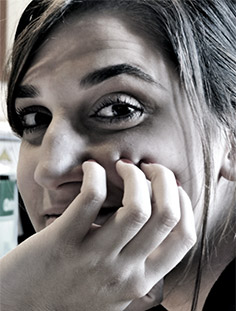
Alessia Vaccariello
Architect specializing in Conservation of Cultural Heritage at Sapienza University in Rome. Her thesis discussed in June 2019 was about restoration, valorization and accessibility of Cultural Heritage focusing on the Roman Theatre of Sessa Aurunca. Very keen on the debate concerning conservation and transmission of Cultural Heritage to future generations, she has worked in a professional firm for two years in Naples having the chance to enhance her expertise on important monuments such as the Colosseum, the Jupiter Temple in Baalkek, Lebanon and many others. At the moment she is working on her thesis of specialization, under the supervision of prof. Carbonara, about the restoration and valorization of the medieval Castle of Rupecanina, Sant’Angelo d’Alife (CE). The experience at the Summer School is an opportunity for dealing with both theoretical and practical issues which might widen and strengthen my expertise.
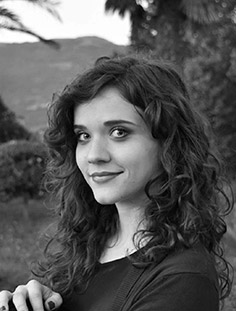
Mara Vertunni
Graduated in Architecture in 2019 at La Sapienza University of Rome with a thesis on the restoration of the Oratory of the “Coroncina” of Velletri in the province of Rome. She is currently a specialist at the School of Specialization in Architectural and Landscape Heritage of the La Sapienza University with a specific focus on restoration of monuments. Always interested in the theme of conservation and safeguarding of cultural heritage, she is currently developing a thesis work on the conservation and enhancement of the archaeological area of Grumentum (PZ) followed by Professor Giovanni Carbonara. The choice to participate in this course represents a stimulus to enrich the training course and acquire new knowledge regarding intervention practices for the conservation and enhancement of heritage.

Cristhian Lao Vorobieff
Alumni 2020
All International Summer School Alumni 2020
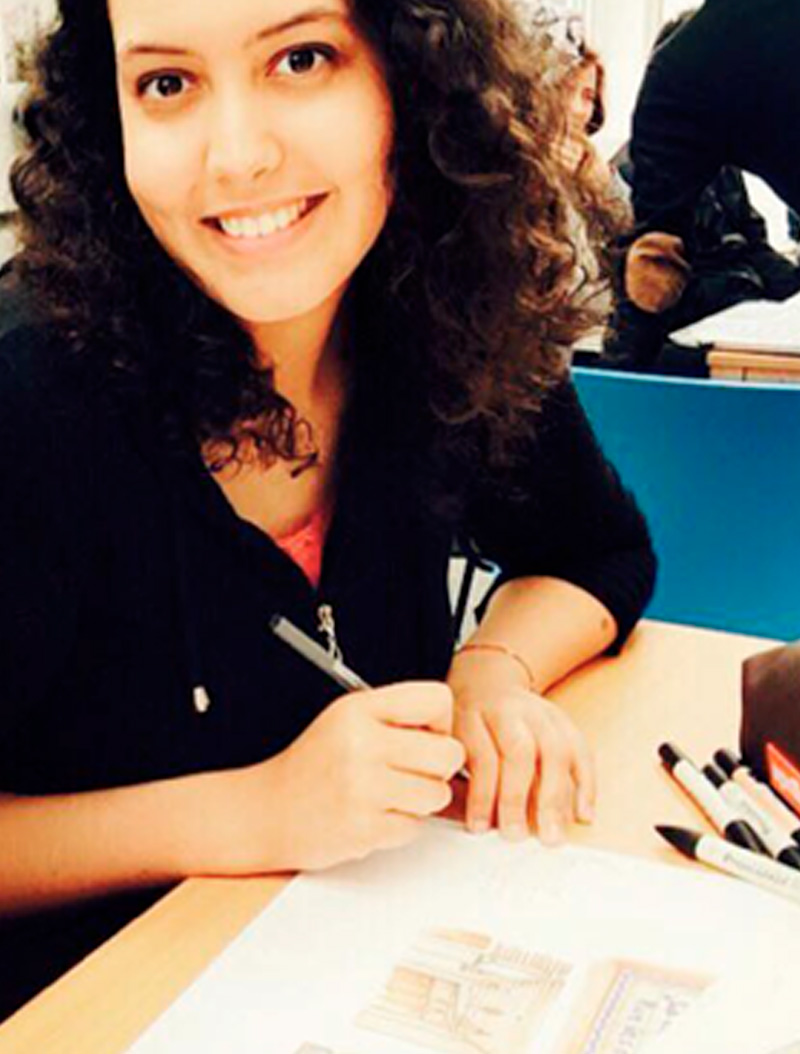
Ainine Lamiae
Lamiae Ainine, young architect from Morocco, graduated from the International University of Rabat (UIR), currently student in master program of architecture and heritage in Rabat (ENA), I am involved in scientific and cultural research and I have the ambition to pursue doctoral studies in architectural heritage.
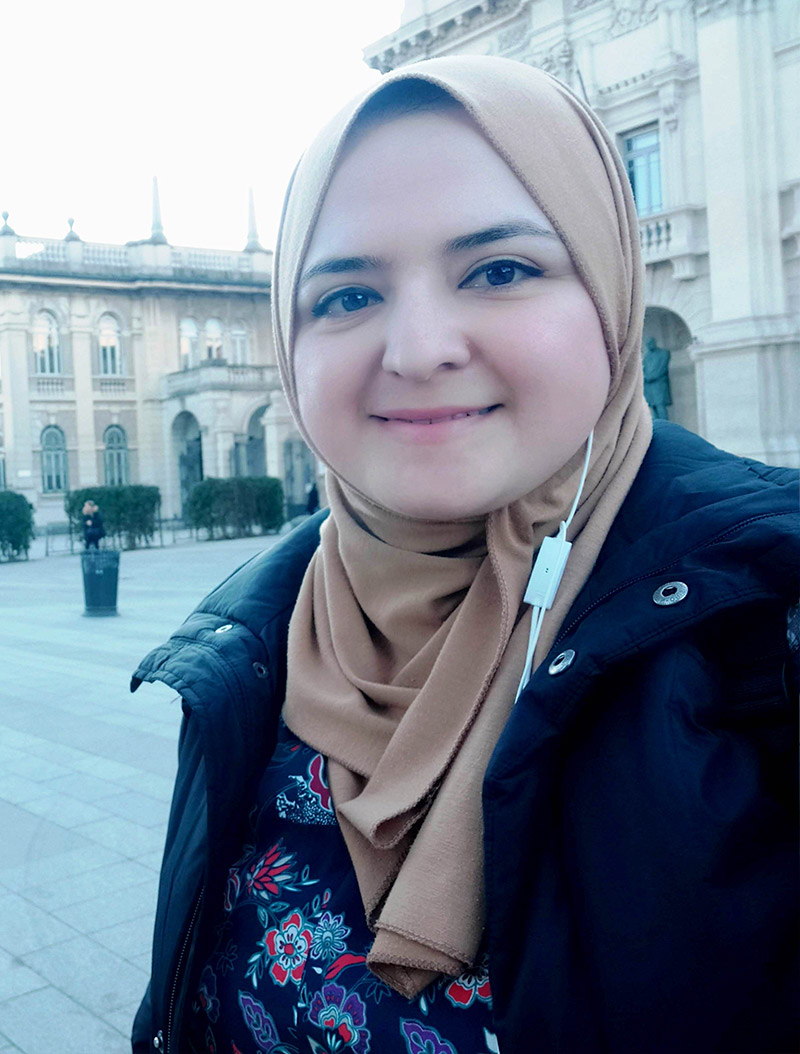
Alomary Ruba
Ruba Alomary is a Ph.D. candidate in the department of architecture and urban planning, Ferrara University interested in heritage, urban revitalization, gentrification, and urban resilience. Her dissertation examines the consequences and implications of implementing cultural, revitalization, and urban development projects on the historical core of Madaba city-Jordan also assessing the processes of spatial, social restructuring, and neighborhood change.
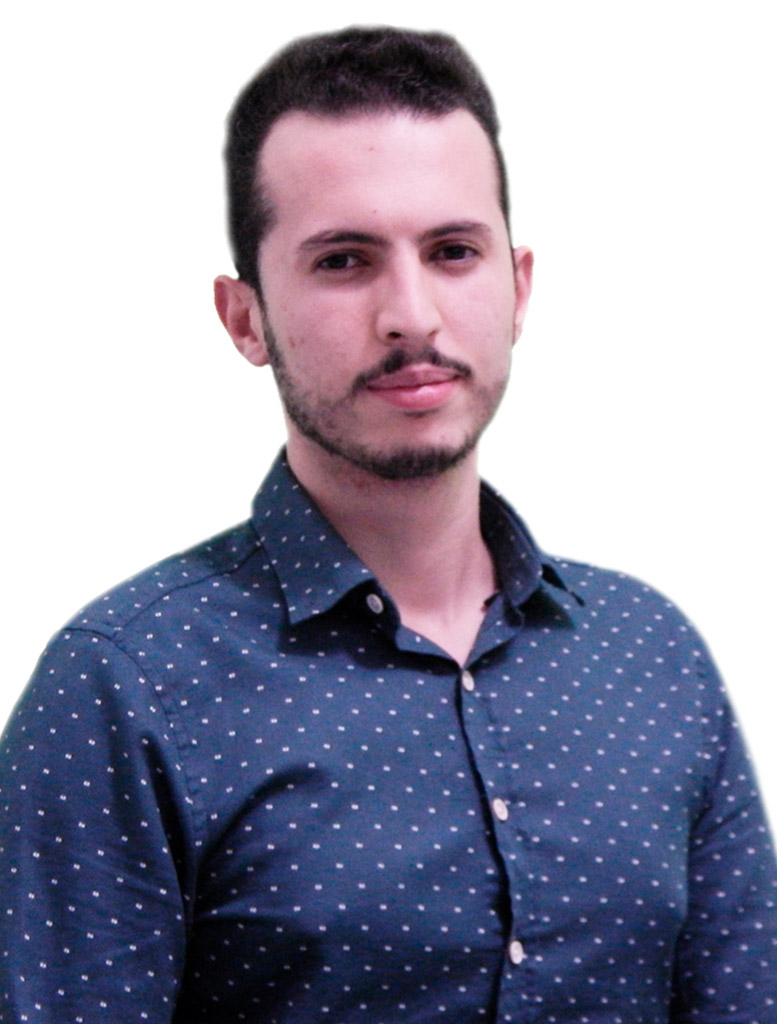
Amani Ilyes
My name is Ilyes AMANI. I am preparing my final thesis as an architect student at the international university of Rabat in Morocco. My thesis approaches the question of how to intervene in a contemporary way in an urban site inscribed on UNESCO’s World Heritage List and respect it.
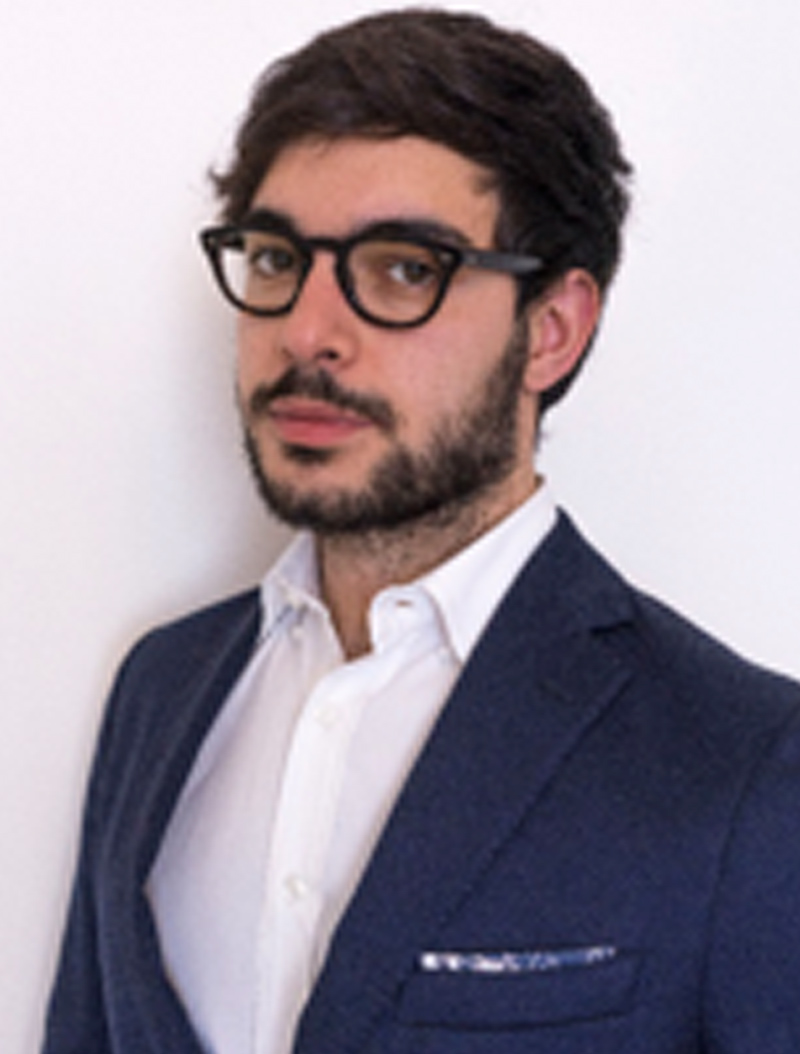
Angelosanti Marco
My name is Marco Angelosanti. I graduated with honour in Building Engineering – Architecture in Sapienza University of Rome with a thesis on refurbishment of villa Palma (TR). Up to now I am PhD student in Engineering-based Architecture and Urban Planning at DICEA in Sapienza, developing innovative rapid tools for assessing open spaces in BE seismic vulnerability. I am a scientific collaborator in several research activities, and teaching assistant for PRRE course in Sapienza.
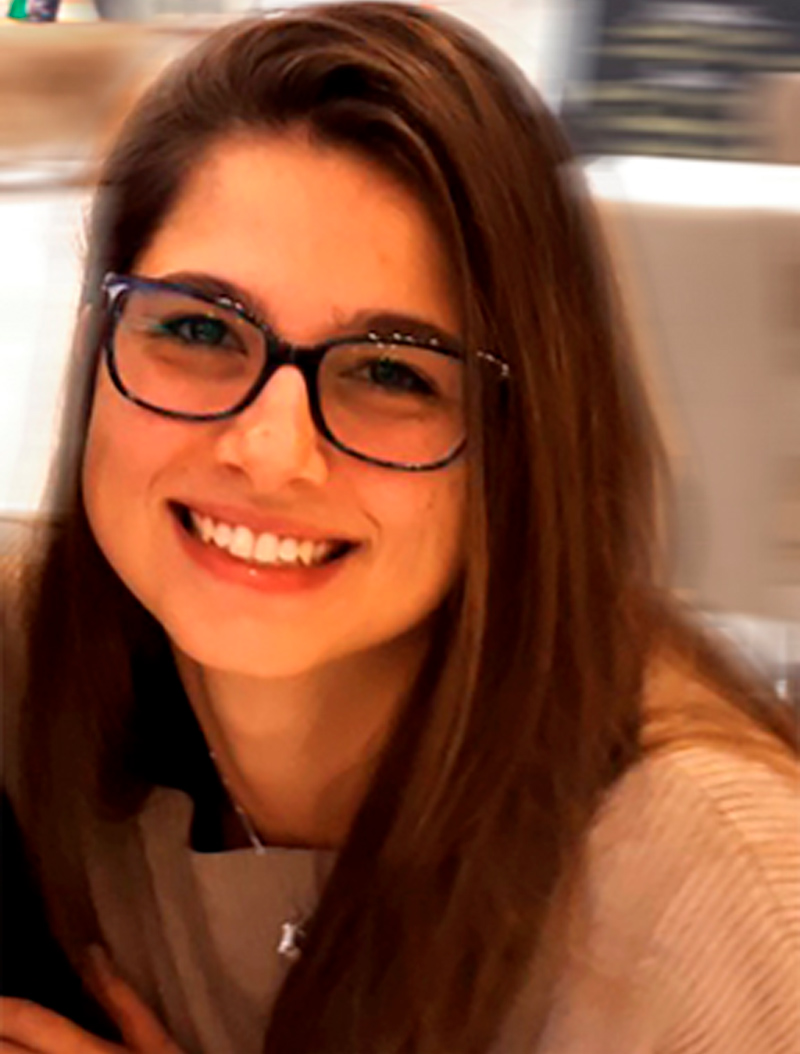
Azul Isabella
PhD student in Architecture and Urbanism at Universidade Presbiteriana Mackenzie. Master's and Degree in Architecture and Urban Planning from Universidade Presbiteriana Mackenzie with International Graduate Final Work / Master Métropoles from École d'architecture de la ville et des territoires à Marne-la-Vallée (2018 / 2016). Architect urbanist and collaborative researcher in the group Architecture and Construction registered by FAU Mackenzie.
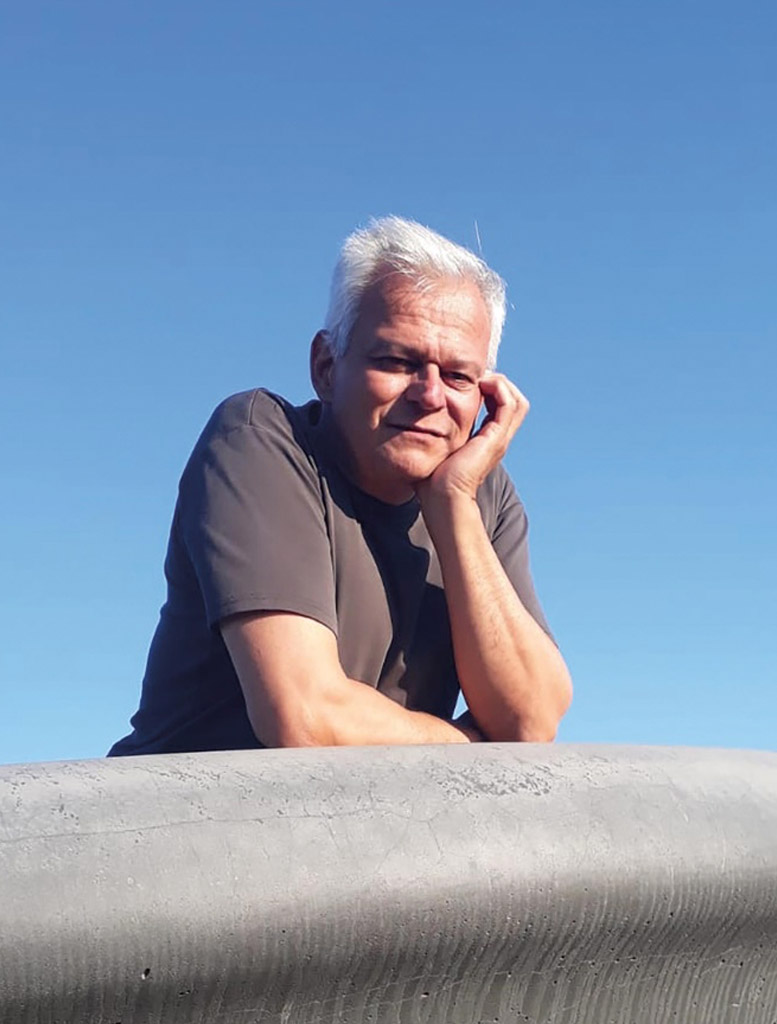
Baeppler Andrès
Andrés Bäppler was born in Colombia in 1960. At the age of 5, he went to Germany and received a solid education and training as an architect. Andrés Bäppler received 2019 the 'special Award for his pioneering work in building with bamboo' as part of the 'First World Prize for contemporary fiber-based architecture FIBRA-AWARD' in Paris.

Batista Costa Nelio Josè
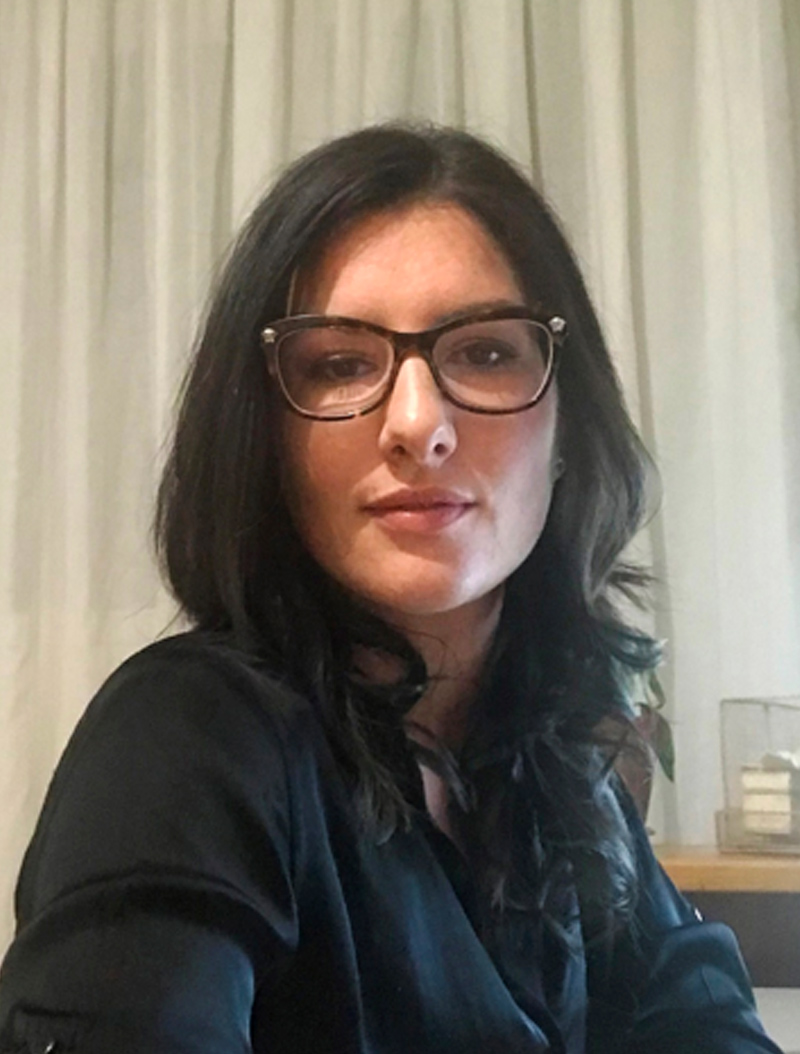
Bernardello Rachele A.
Rachele Bernardello is currently a PhD student at the University of Padova. Her research interests are in BIM and Information exchange referred both to Infrastructures and Buildings, focus on digital workflows through delivered international standards. Her researches deal also with Cultural Heritage Management and Communication.
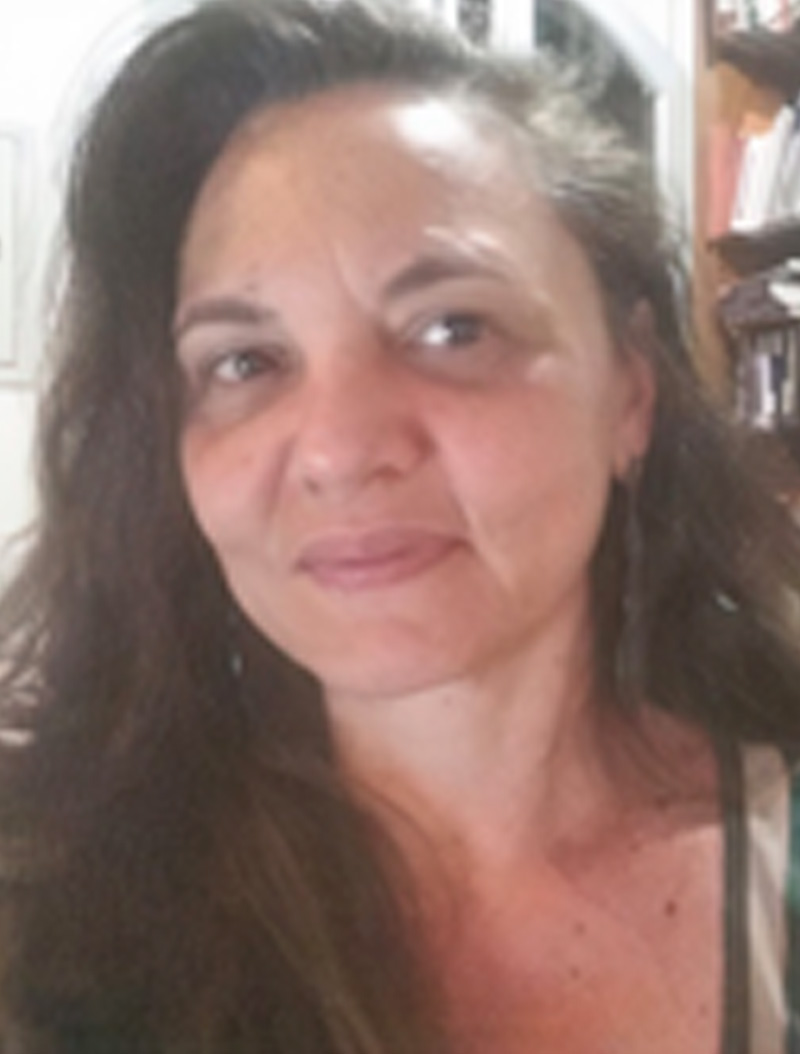
Bordon Mioto Silva Tania Cristina
Tania Cristina Bordon Mioto Silva. PhD Professor, at Mackenzie Presbyterian University (UPM), Reconstruction and Collective Memory, of São Luiz do Paraitinga. Master: (UPM), Restoration of the Chapel of São Miguel Arcanjo. Architect and Urban Planner, member of the Technical Group for the application of the well serial Set of Fortifications of Brasil. Professor and Coordinator of Preserva Laboratory, Universidade Anhembi Morumbi.
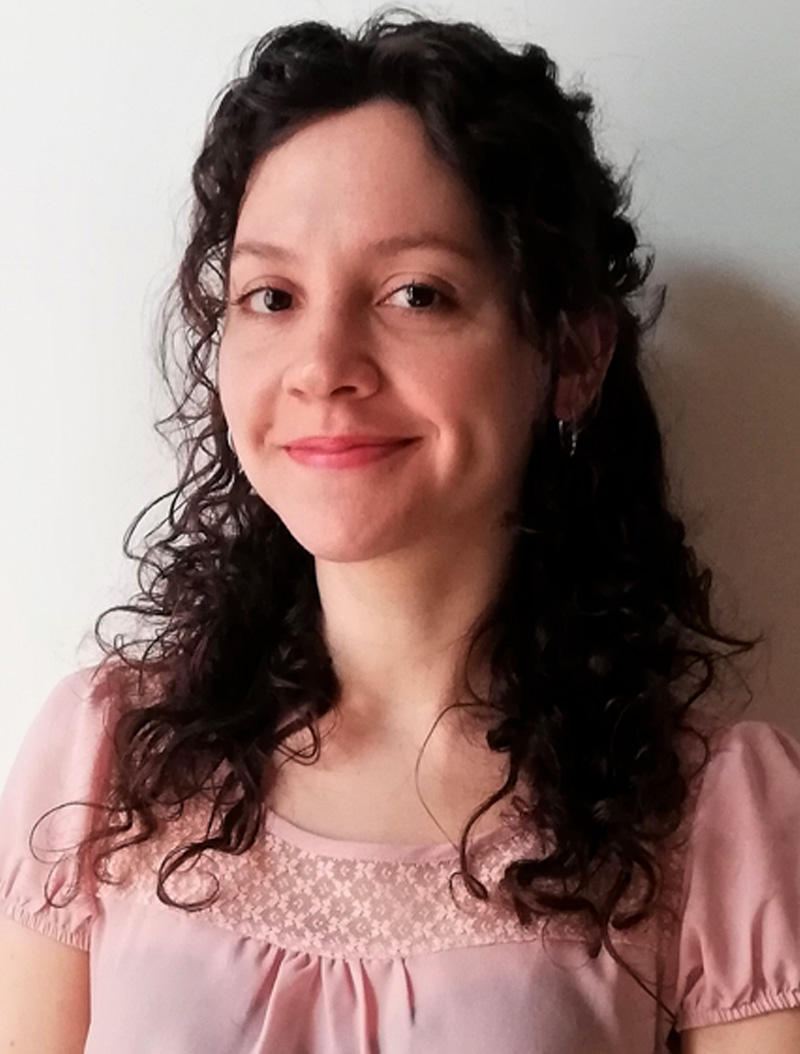
Bufo Giulia
My name is Giulia Bufo and I’m from Abruzzo, Italy. I have attained my Master's Degree in Construction Engineering at the Polytechnic of Turin and I have also achieved the Certificate of Safety Coordinator. My master’s thesis dealt with the refurbishment of the Italy Pavilion at World Expo 2010 in Shanghai.
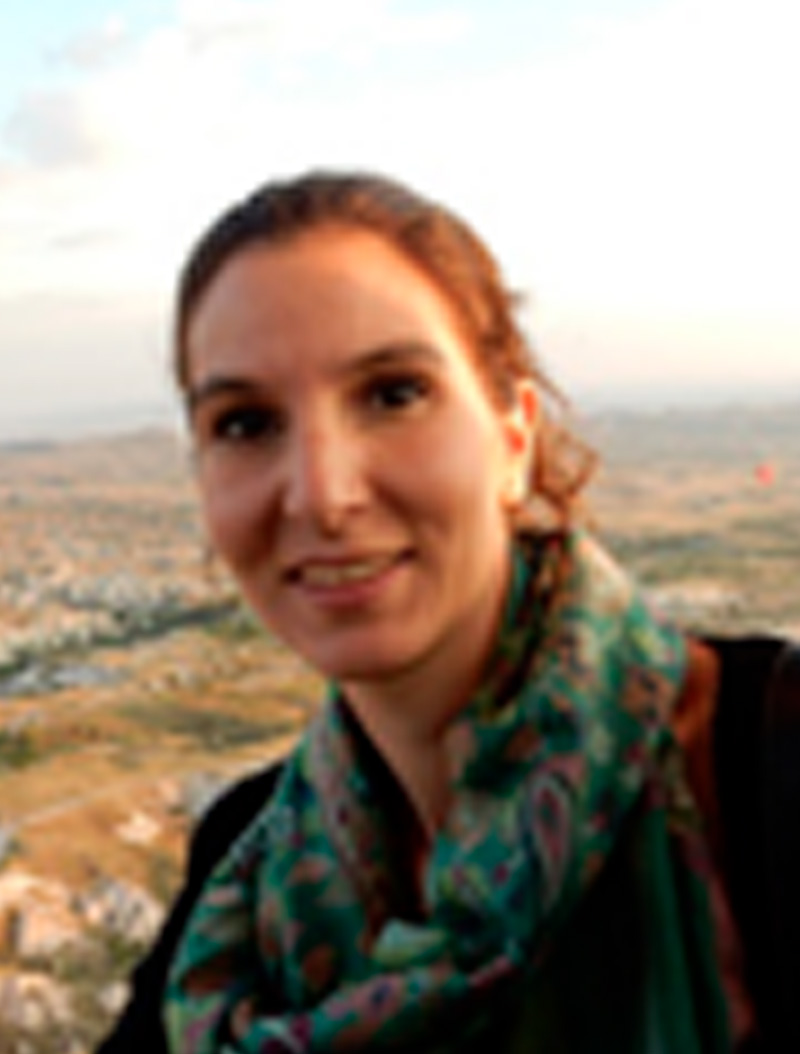
Buscariolli Olivia
Olivia Buscariolli is a Brazilian architect and urban designer graduated from Mackenzie University (2005) and master's in Conservation and Restoration of Cultural Heritage from Federal University of Bahia (2011). Nowadays works in IPHAN - National Historic and Artistic Heritage Institute - and as professor in FMU University (Sao Paulo)

Callegaro Chiara
Graduated in Building Engineering and Architecture and currently research fellow at the Department ICEA of the University of Padua. Specialized in Scan-to BIM process, focusing on data collection and survey, BIM modeling and data integration for the visualization and valorization of Cultural Heritage.
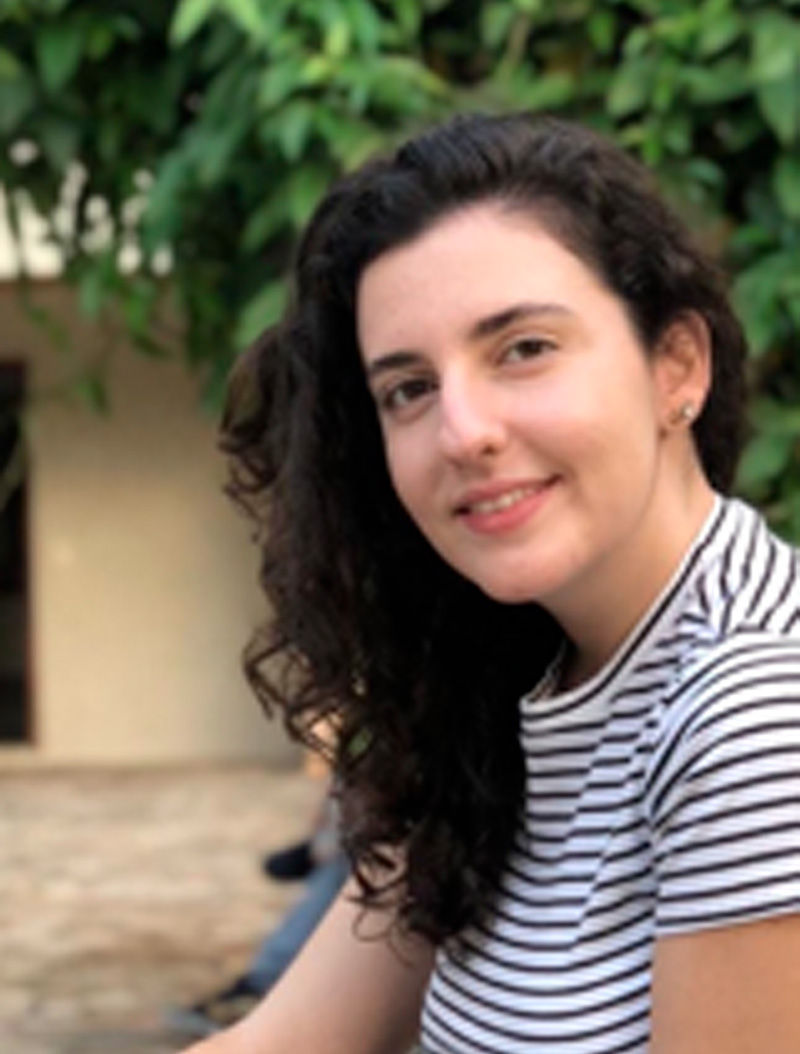
Campiotto Renata
Renata began her studies in the field of heritage preservation in 2013, when she participated in an undergraduate research project that sought to inventory the industrial remnants of a traditionally working-class neighborhood in the city of São Paulo, Brazil. Afterwards, she participated as a researcher in the elaboration of the Conservation Management Plan for the Vilanova Artigas Building, a research project funded by the Getty Foundation through the Keeping It Modern program (2015-2018).
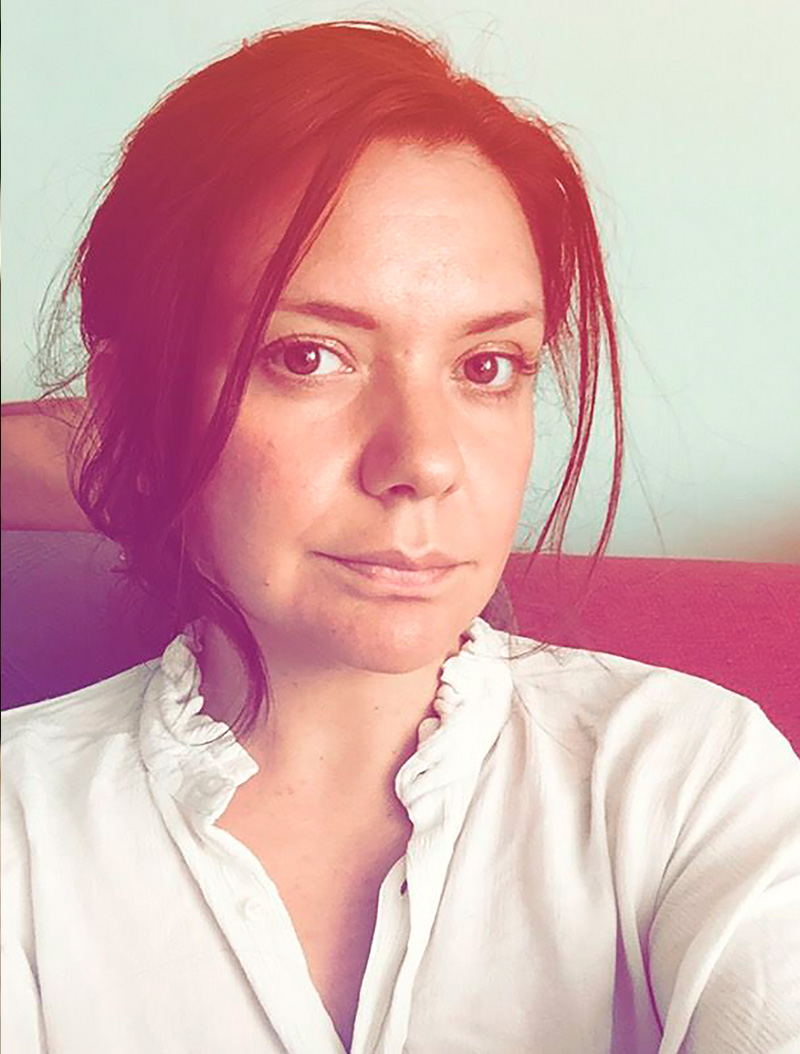
Ciovati Cristina
My name is Cristina Ciovati, I graduated in architecture from the Politecnico of Milan in 2012 and I eventually obtained a specialization in architecural heritage and landscape. I have worked as a freelancer on cultural heritage restoration and management for the last 12 years of my professional career.
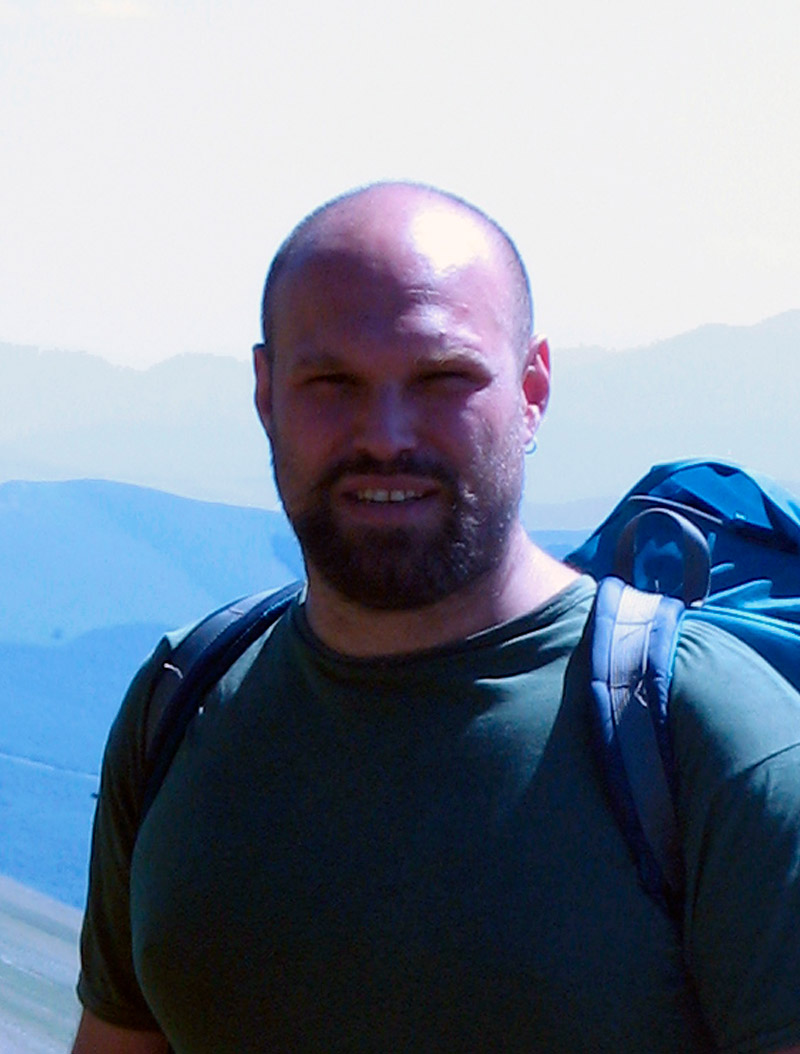
Cornieti Michele
Michele Cornieti holds a phd in architectural and environmental survey. He directed the urban and territorial planning department of the Municipality of Bagno di Romagna from 2009 to 2017.. Since 2008 to 2020 he taught as Adjunct professor at the University of Florence He works as architect at the Ministry of Cultural Heritage, where he deals with the protection of cultural heritage.
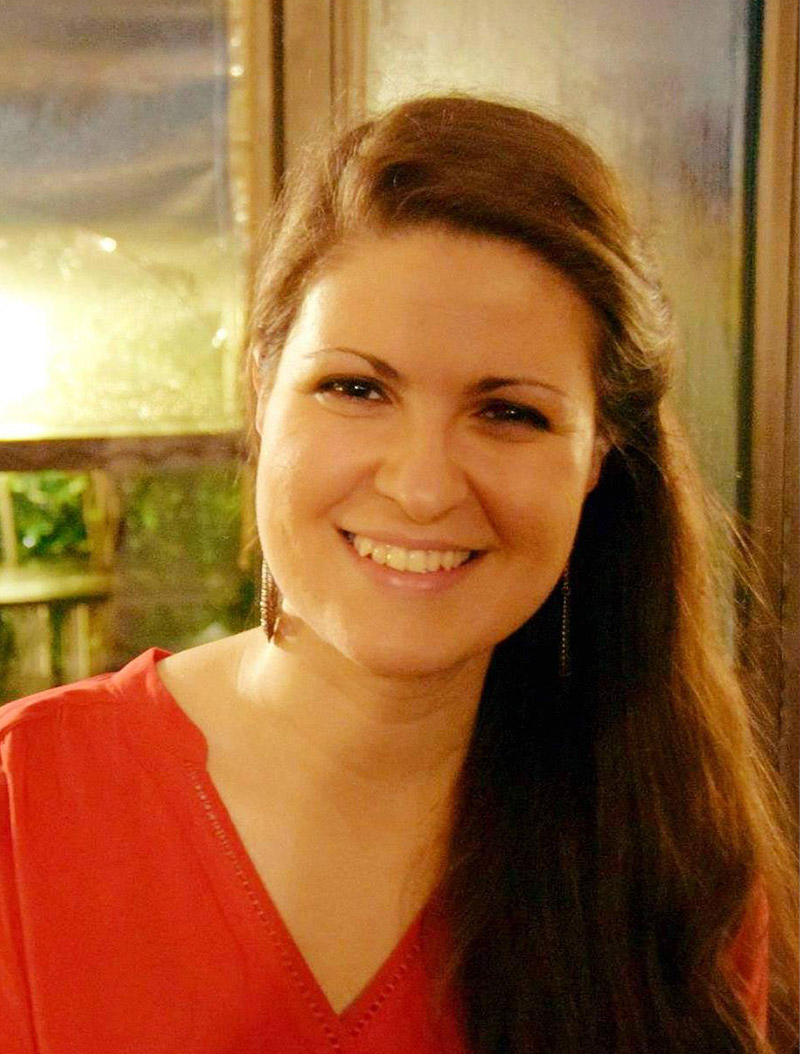
De Marco Raffaella
PhD, Engineer and Research Fellow at University of Pavia. Her research deals with the development of 3D models and databases on historical architecture and Cultural Heritage into international projects on UNESCO sites. She collaborates with the Chair for Strategies on European Cultural Heritage at European University Viadrina (Frankfurt Oder, Germany) with a VIP Fellow (German Academic Exchange Service DAAD 2019).

Del Regno Rossella
Honors Degree in Civil Engineering from Salerno University, April 2008. PhD in Structural Engineering and Building/Urban Recovery, June 2012. From 2016 to 2019 completed research work and scientific cooperation as Research Fellow for the Macro-sector 10/E. Second level Master’s degree in Maintenance and Redevelopment of Constructions, May 2019. Expertise in workplace health and safety.
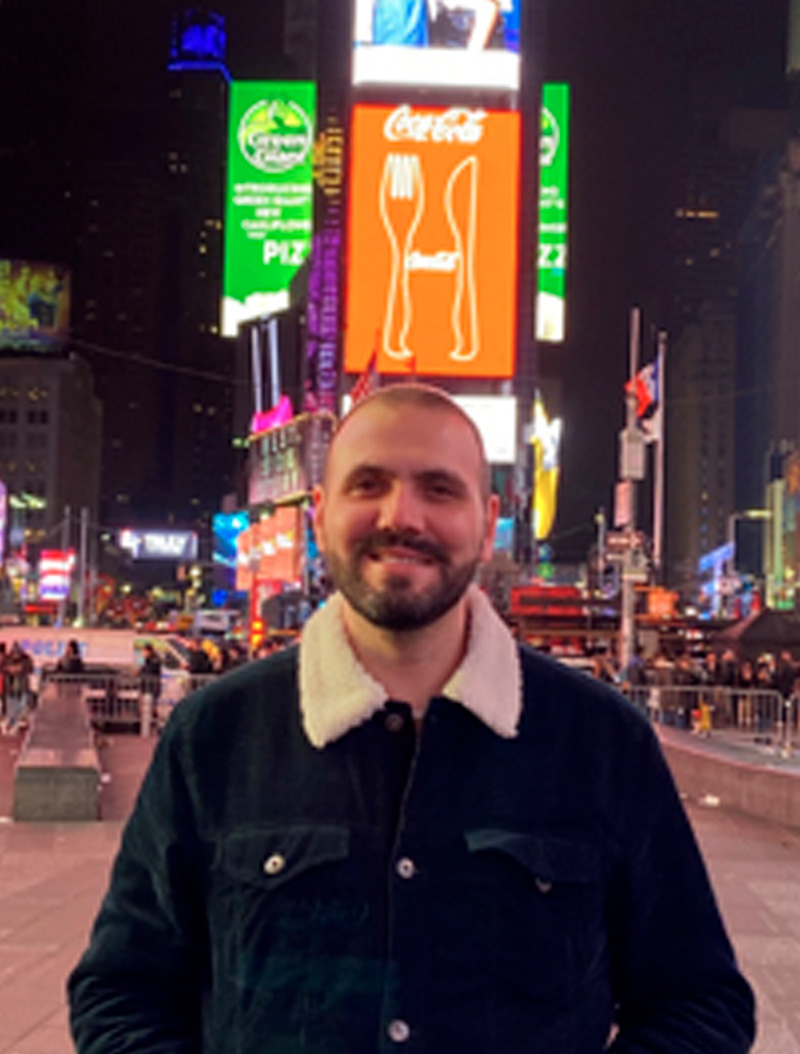
Duarte João
João Duarte. PhD student and researcher at University of Porto (CITCEM) and University of Santiago de Compostela (IACOBUS), in Heritage Sciences. My research goals aim to promote cultural heritage knowledge in Alto Douro Wine Region and to create a theoretical approach in the heritage field, to research in the cultural landscape and territory, and to analyse and to create a management proposal of cultural heritage in Douro Valley, WH.
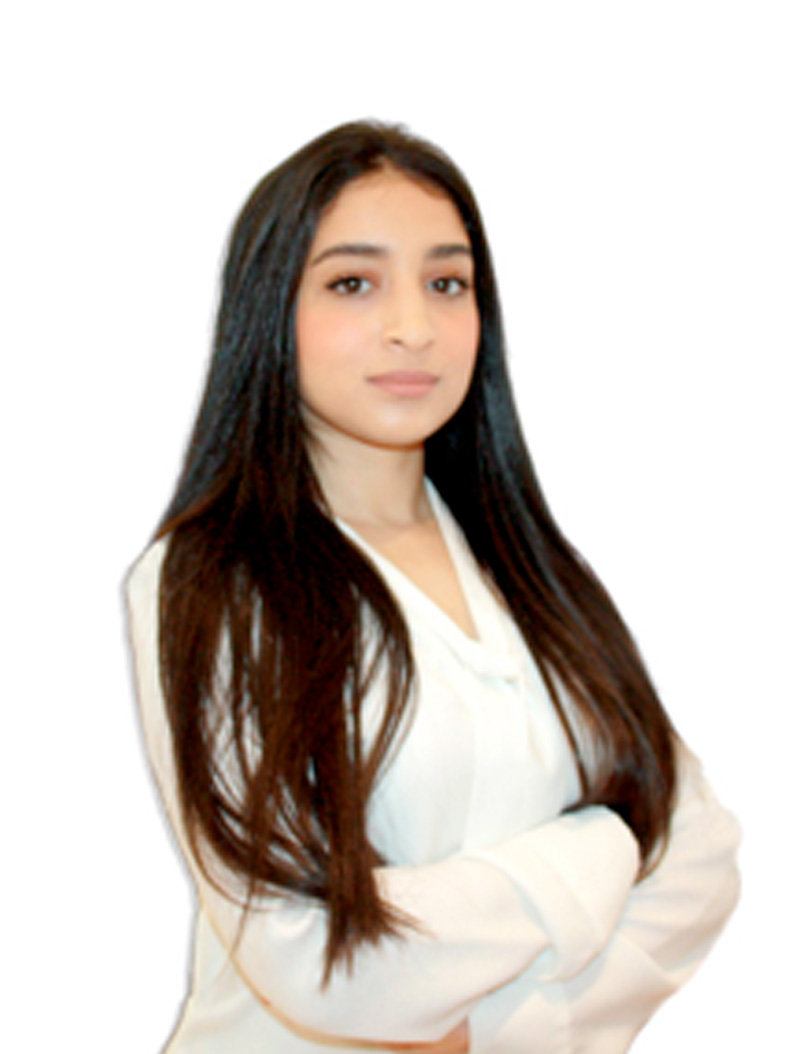
El Mokhlis Leïla
My name is Leila ELMOKHLIS. I’m an Architecture final year student at the Rabat School of Architecture in Morocco.
Through my academic background, I had the opportunity to take courses and attend seminars that evolved around the concept of resilience, as well as the critical role of architects in designing and planning - always locally specific – resilient architecture.
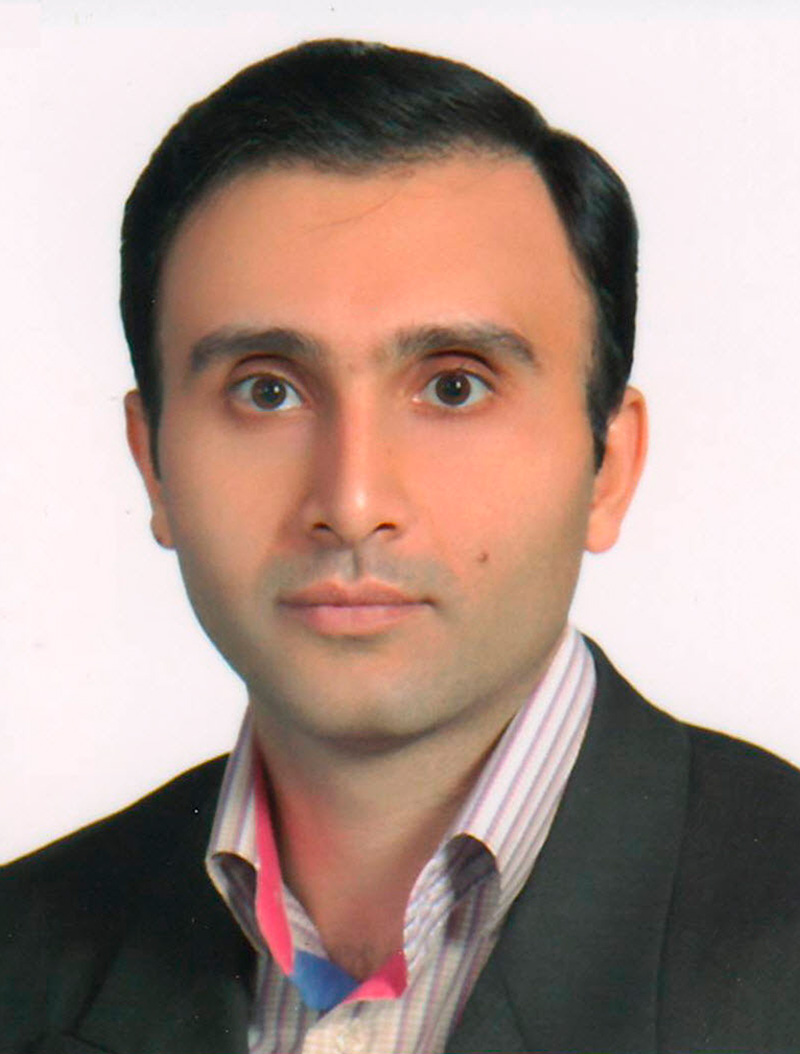
Esfahani Ali Dalalbashi
He is a Ph.D. student in the Civil Engineering Department at the University of Minho. His research area is “mulita-scale investigation of the durability performance of the TRM-strengthened-masonry structures.” Additionally, he holds an MSc in Structural engineering (Iran) and BSc in Civil Engineering (Iran).
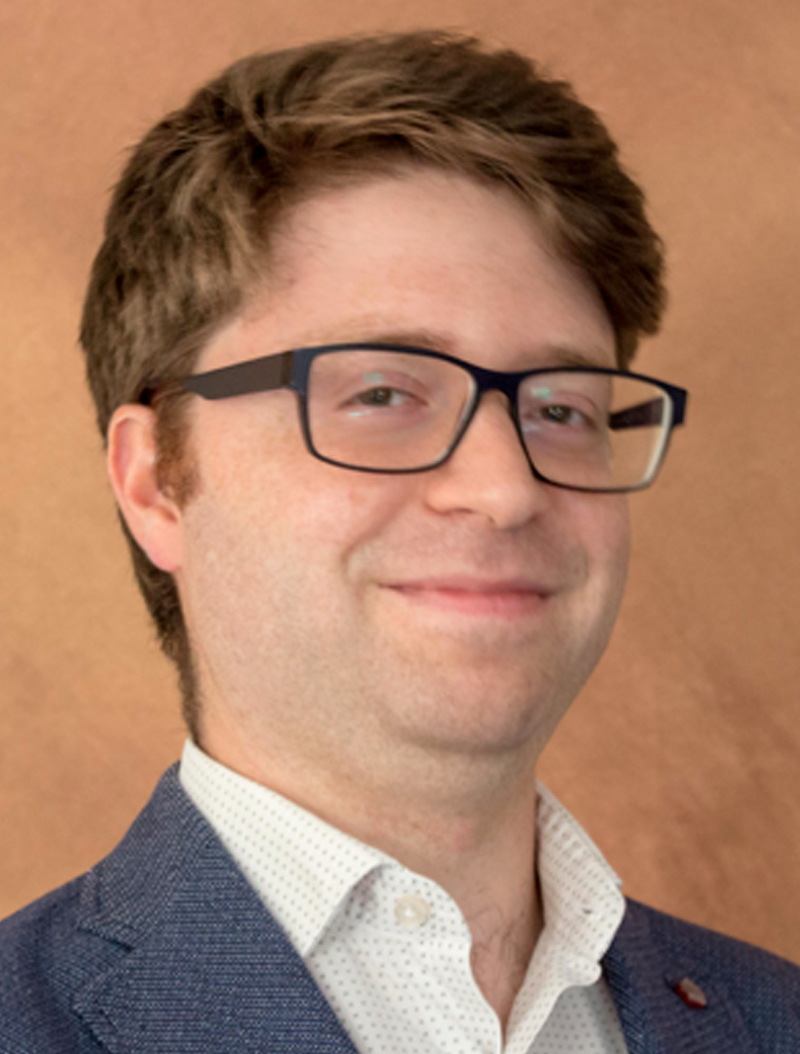
Felli Marco
2016 – Master graduated in Construction Engineering and Architecture, University of L’Aquila, DICEAA 2017 – Visiting Researcher UTSA | University of Texas at San Antonio 2020 – Ph.D. ICEAA | Ph.D. in Civil, Construction-Architectural and Environmental Engineering, University of L’Aquila. 2016 - today – Freelance Engineer
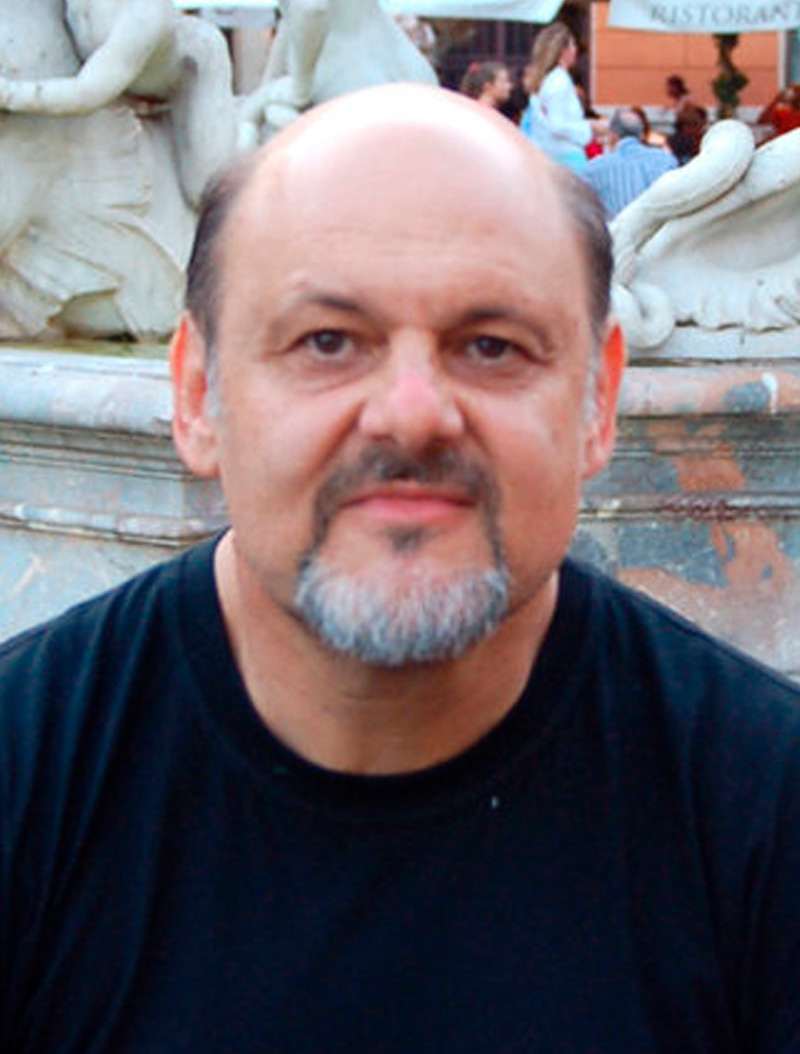
Gallo Haroldo
Architect, Doctor and Full Professorship, has been a teacher for about 40 years in Brazil and abroad, has received two international awards (Biennial of Architecture) between other homages. He dedicated himself to the Architectural Design and Restoration on Historical Buildings, and served public offices of regulatory bodies to the protection of cultural heritage. Currently, he is a Professor at UNICAMP (State University).
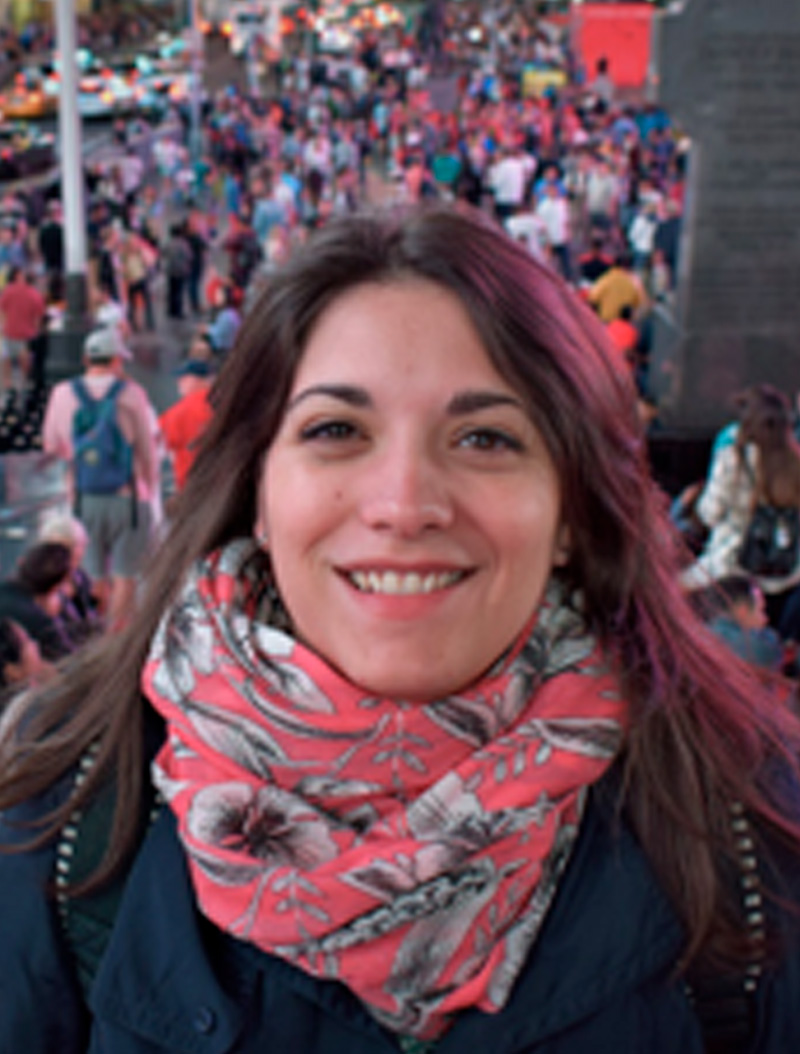
Garozzo Raissa
Ph.D. candidate in Evaluation and mitigation of urban and land risks, University of Catania. MSc in Building and Architectural Engineering. Skilled in expeditious survey techniques, TLS data acquisition and processing, 3D modelling, H-BIM. Interested in ontologies, Artificial Intelligence based approaches, preservation of Cultural Heritage.

Graziosi Francesca
Francesca Graziosi is a conservator restorer . She took her graduation in 2008 at Istituto Centrale per il Restauro in Rome with specialization in canvas, wooden and mural paintings, wooden sculpture and contemporary arts. She’s been working for several years both in contemporary art museums and on ancient artwork in collaboration with public administration. Since 2018 is working for Direzione Regionale Musei delle Marche (MiBACT) in Urbino, Italy,
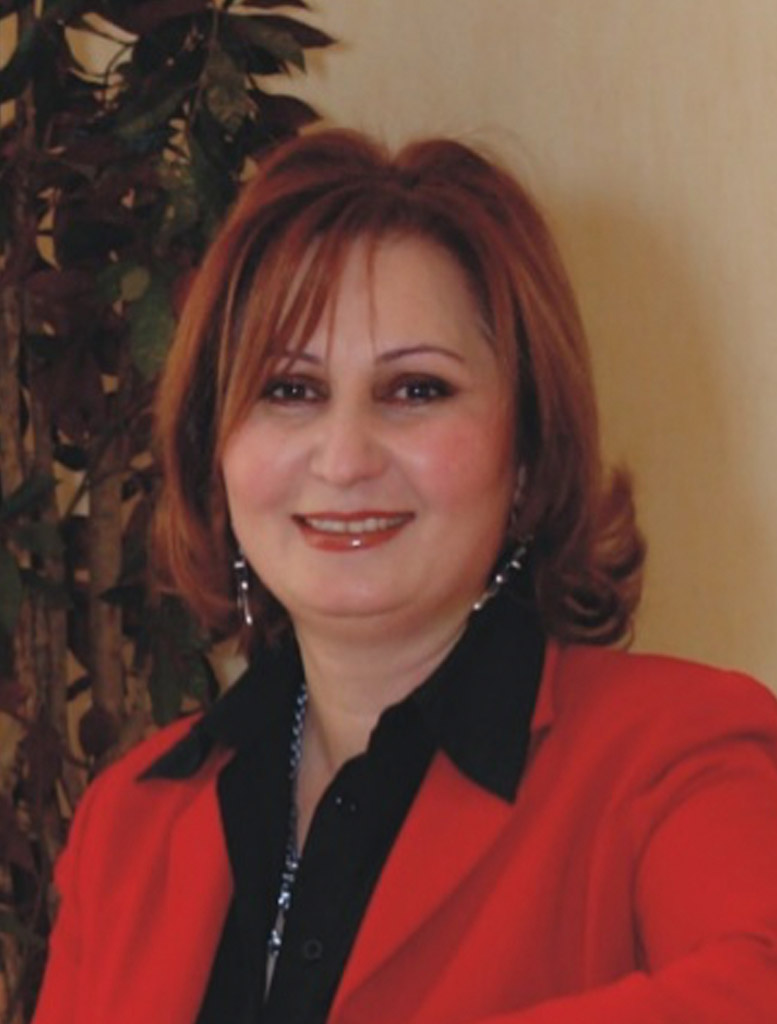
Harutyunyan Emma
Architect, PhD, Professor Head of the Chair of Theory and History of Architecture and Heritage at National University of Architecture and Construction of Armenia.
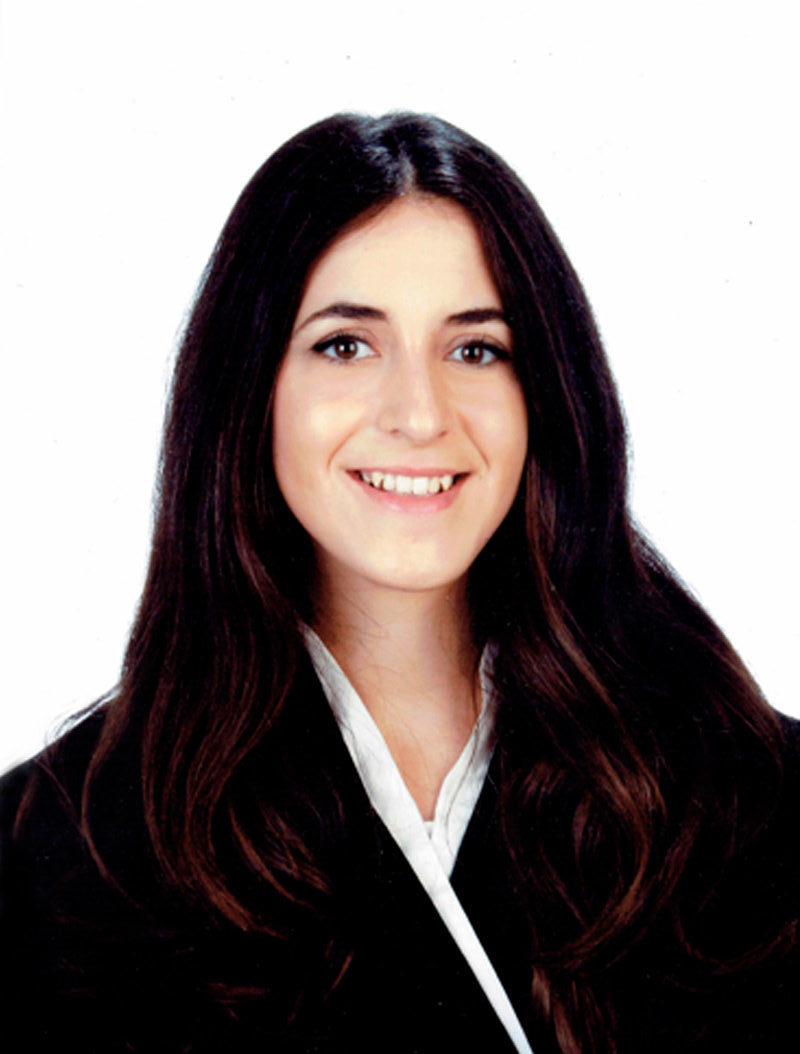
Hueto Escobar Alicia
Architect (2017), Master in Preservation of Architectural Heritage (2019) and PhD Student (2019) in Universitat Politècnica de València. The doctoral thesis is related with half-timbered walls and is funded by the Spanish Ministry of Science, Innovation and University (Ref. FPU18/01596). Researcher Technician in the research group Res-Arquitectura (2016).
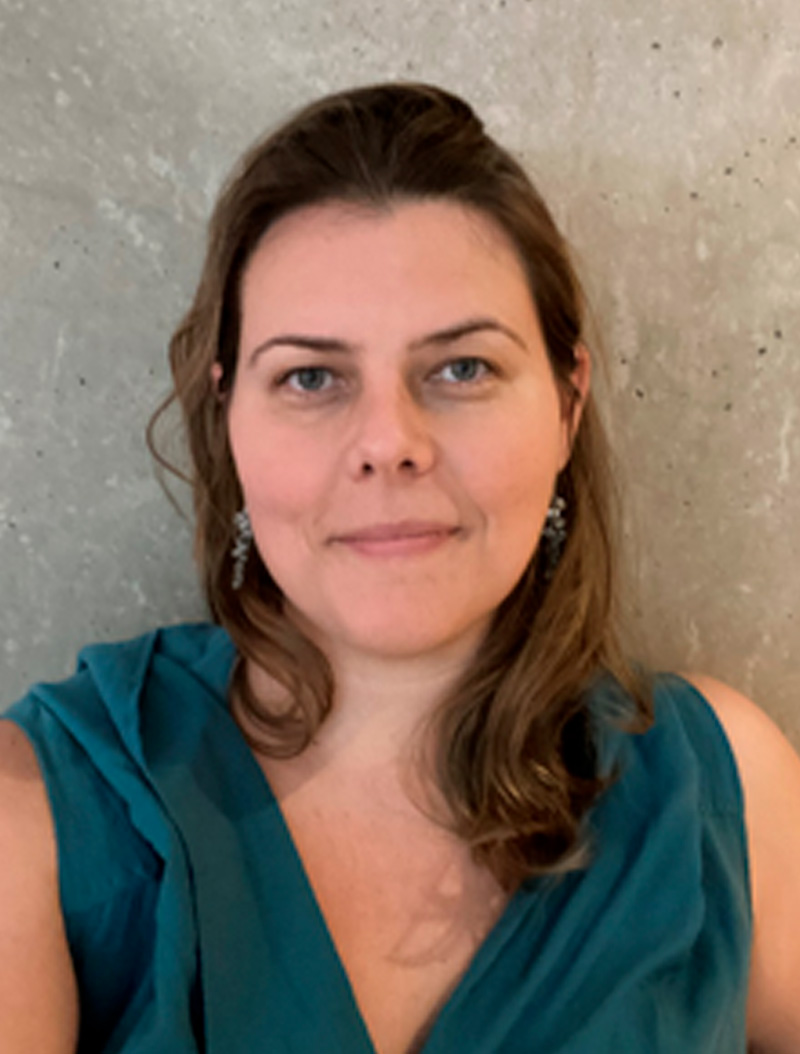
Krohling Peruzzo Janaina
Bachelor's degree in Environmental Design and Architecture, specializations in Sustainable Building and in Architectural Heritage Preservation and Restoration, a Master’s degree in Urban Planning and Urban Design, and currently undertaking PhD research in Urban Sustainability. Participation in projects and initiatives geared towards restructuring conditions that will improve the quality of the environment and of urban living, with a multi-disciplinary approach, mainly through collaboration with academia, municipalities and communities.
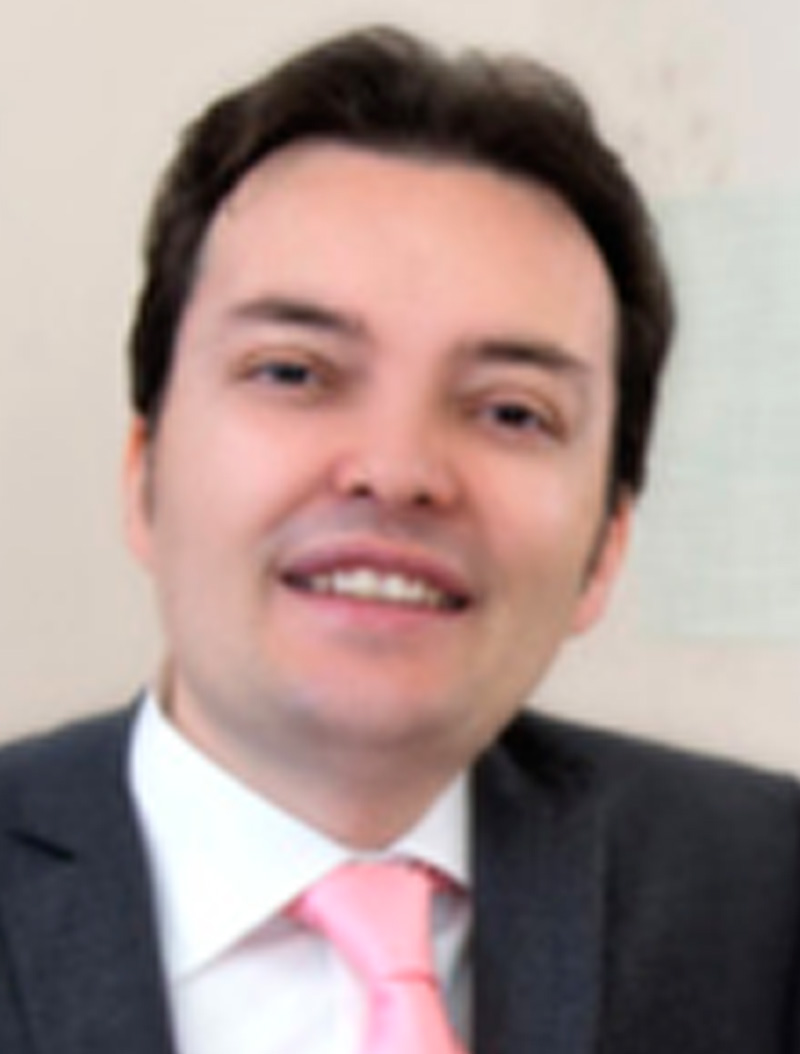
Laezza Gianfranco
Engineer with a highly qualified university-level (master degree cum laude and Ph.D. in seismic engineering), he has a wide professional experience and skills above all in the field of seismic assessment and retrofitting of existing buildings, also including cultural heritage assets.
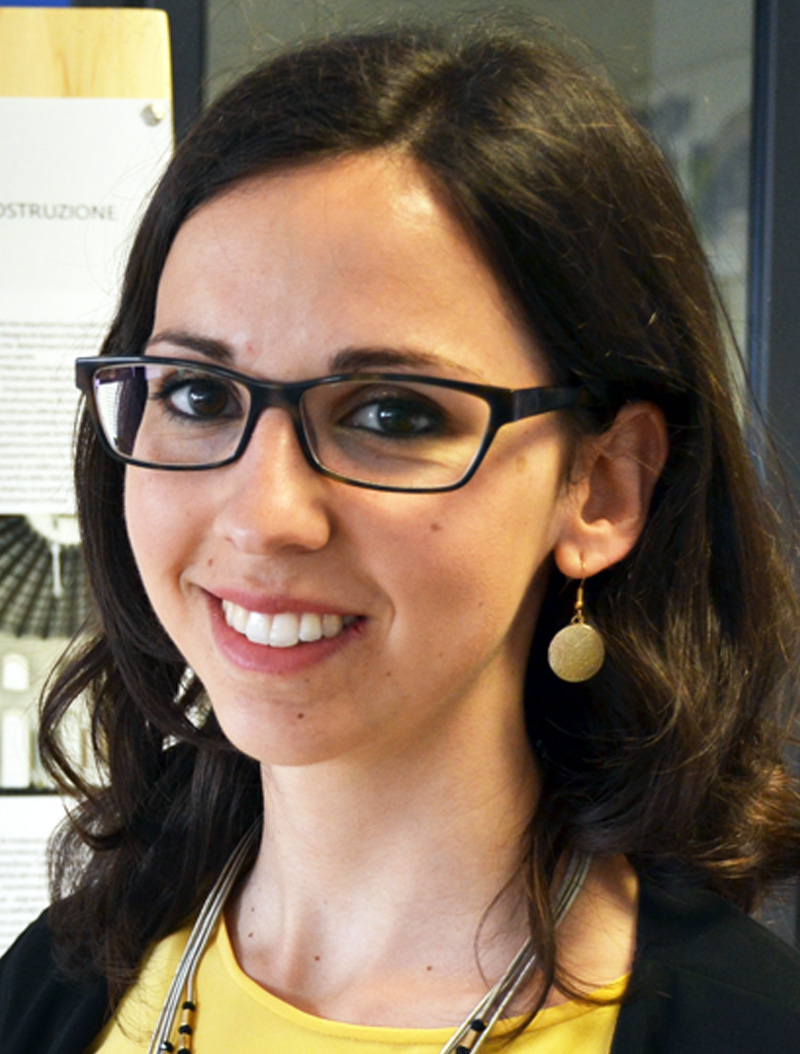
Lattarulo Maria Irene
Maria Irene Lattarulo, architect and PhD, graduated at Politecnico of Bari in 2012 with a degree thesis on post-war reconstructions in Germany. After some work experiences in Italy (Bari) and in Germany (Stuttgart), since 2018 she has been working as an architect at SABAP Pisa-Livorno.
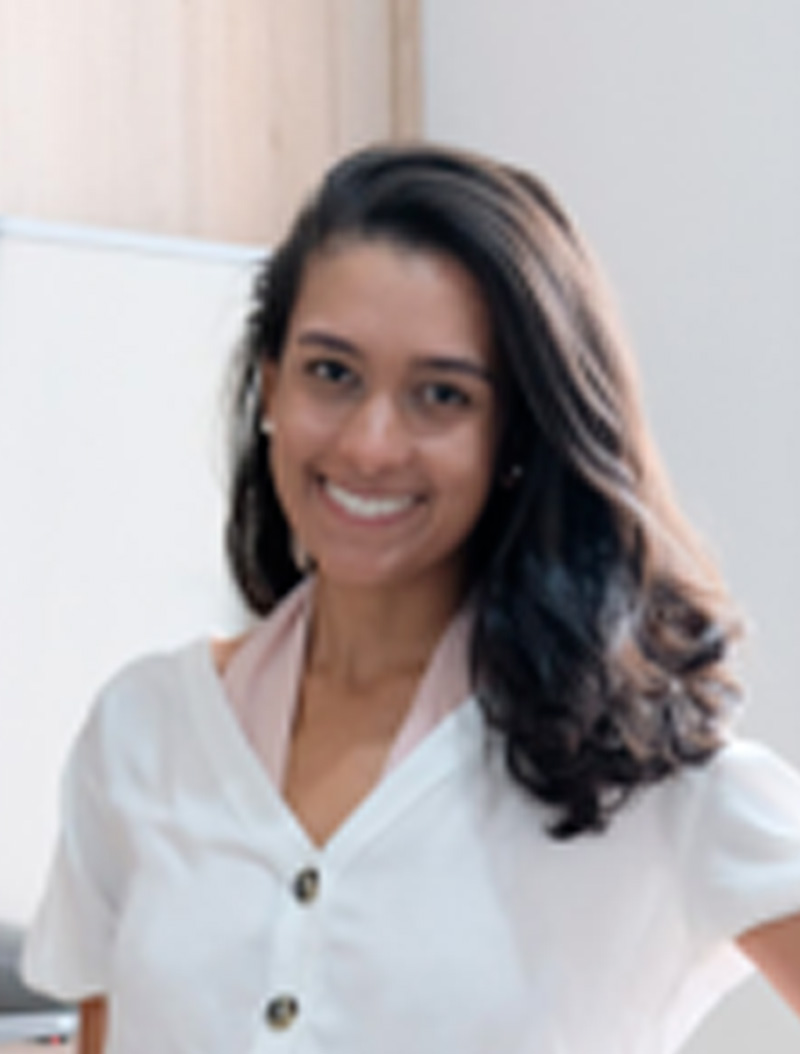
Ledo Marques Andresa
Andresa Ledo Marques, Architect and Urbanist, Ph.D. student in Urbanism at Mackenzie Presbyterian University and a Master in Architecture and Urbanism. She has experience in Brazil and abroad in the area of Architecture and Urbanism, with an emphasis on sustainable urban development.
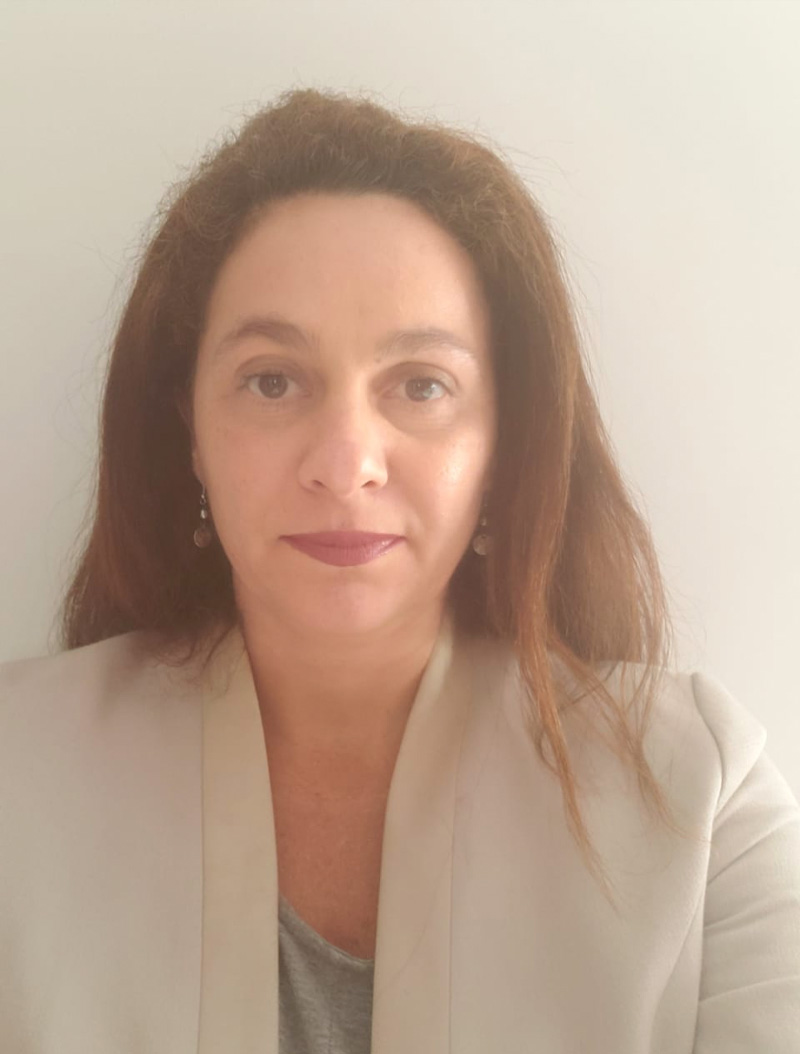
Lessa Paula
Paula Constantino Chagas Lessa graduated in Law from the University of Sao Paulo - USP in 2008, Pos graduated in Public Law in 2010 - UCAM and Master in Law from UGF in 2012. Researcher at the Institute of Comparative Studies in Institutional Conflict Administration (INCT-InEAC), UFF - Universidade Federal Fluminense. Associated to CONPEDI- National Council for Research and Graduate Studies in Law. pHD in progress at PROURB at the Faculty of Architecture and Urbanism - UFRJ, focus on irregular occupations legitimacy in cities. Operates in areas related to Public Security and police institutions.
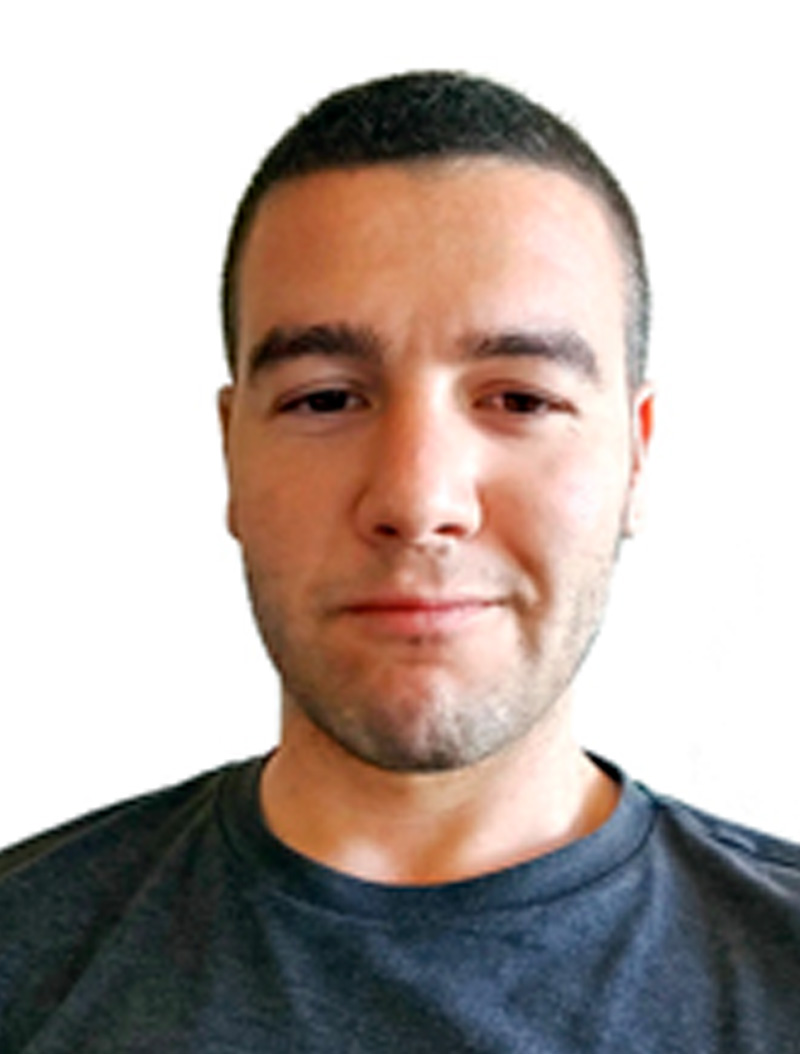
Letizia Bartolomeo
Master's degree in Structural Engineering, engaged at the Regional Agency for Earthquake Reconstruction 2012 of the Emilia – Romagna Region, work on cost of building restoration assessment of public buildings and cultural heritage damaged by the 2012 earthquake.
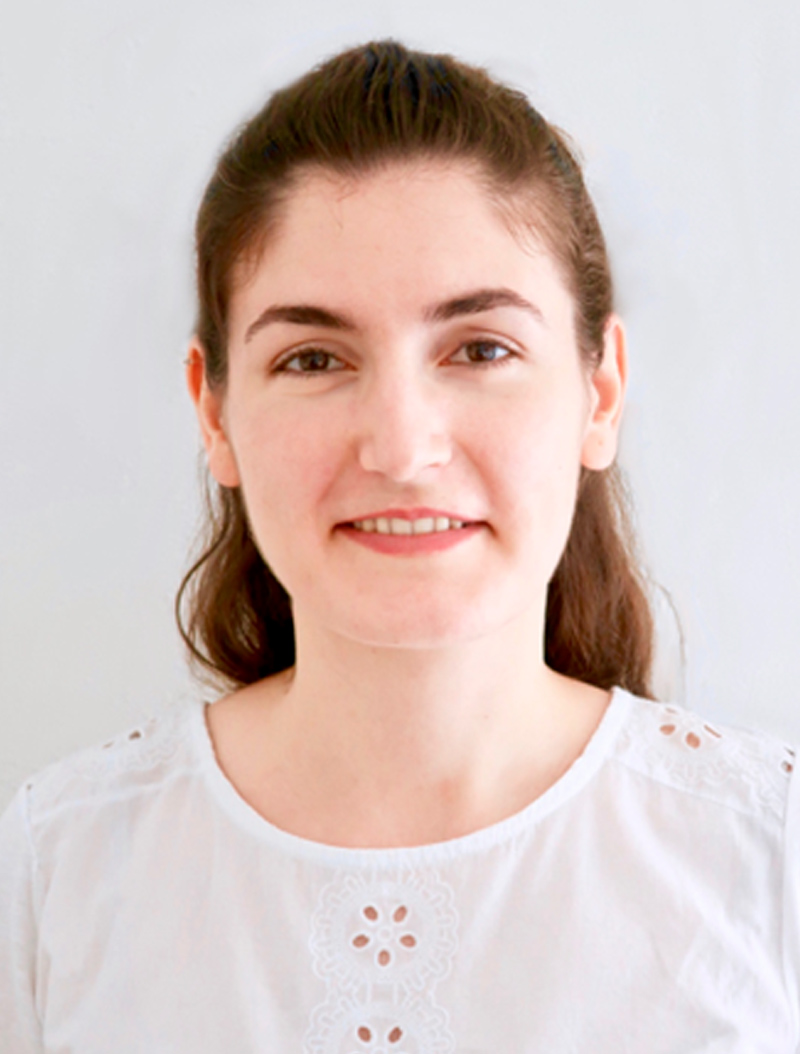
Lidón de Miguel María
María Lidón de Miguel is PhD student, with an FPU scholarship (2018-2021) granted by the MEC Spanish Ministry. She is part of the Res-Arquitectura research group and the PEGASO research centre at the Universitat Politècnica de València. She is architect (2015) and Master in Preservation of Architectural Heritage (2019) by the UPV (Valencia, Spain).
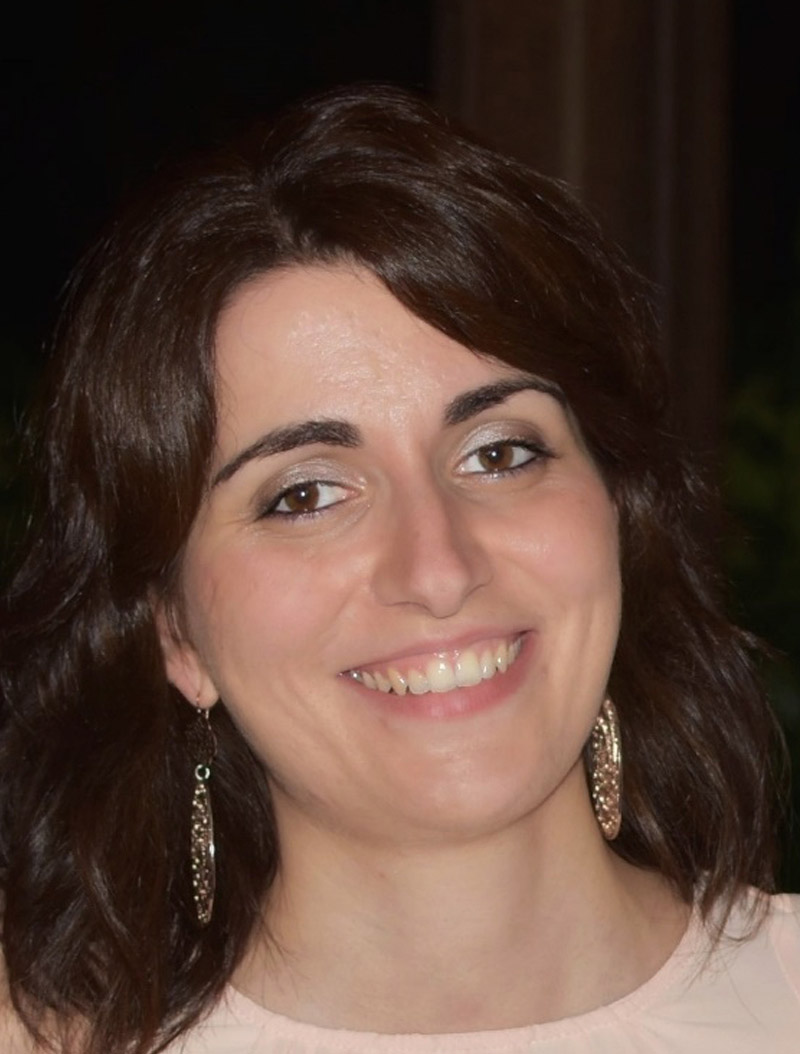
Magrinelli Eleonora
Hi! My name is Eleonora Magrinelli and I graduated in structural engineering at the Polytechnic of Milan (Italy). From 2017 to 2020, I collaborated as a structural engineer on restoration projects with studios of architecture and engineering in Verona. Since 2020, I’ve been working as a research fellow at the Polytechnic of Milan, where my main research activity is focused on the optimization of structural solutions toward seismic actions.

Manetta Ilaria
My name is Ilaria Manetta. I recently graduated in Architecture at the University of Ferrara, with a thesis on restauration. During my studies I have spent a total of 11 months abroad, studying in Canada and Germany, and I’ve made an internship at the Superintendence for Architectural Heritage and Landscape of Bologna.
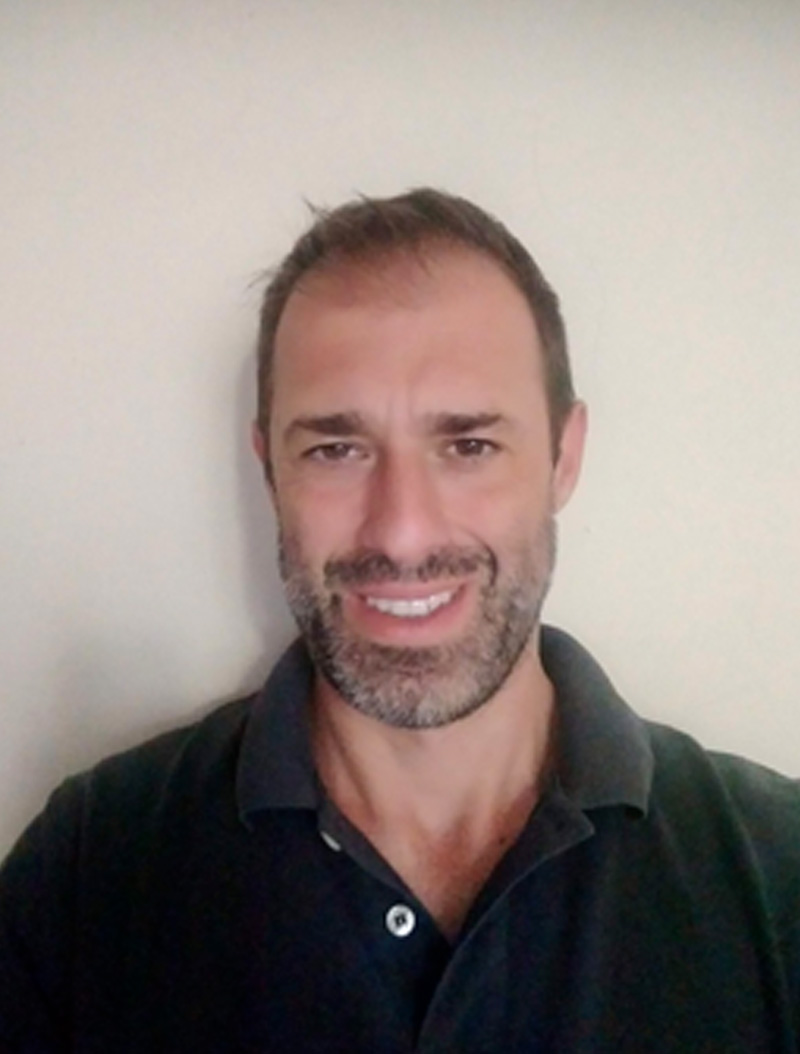
Matis Giorgio
Ho frequentato la facoltà di Architettura presso il Politecnico di Milano - polo Bovisa e nel 2004 ho conseguito la laurea magistrale discutendo una tesi sulla riqualificazione degli spazi urbani e storici dismessi; iscritto all'albo dell'Ordine degli Architetti di Alessandria dal 2006, durante l'attività lavorativa svolta finora come libero professionista ho avuto la possibilità di approfondire mediante corsi ed esperienze dirette tematiche inerenti la Protezione Civile, la valutazione dell'agibilità post-sismica degli edifici, la gestione preventiva dell'emergenza mitigazione in caso di evento calamitoso.
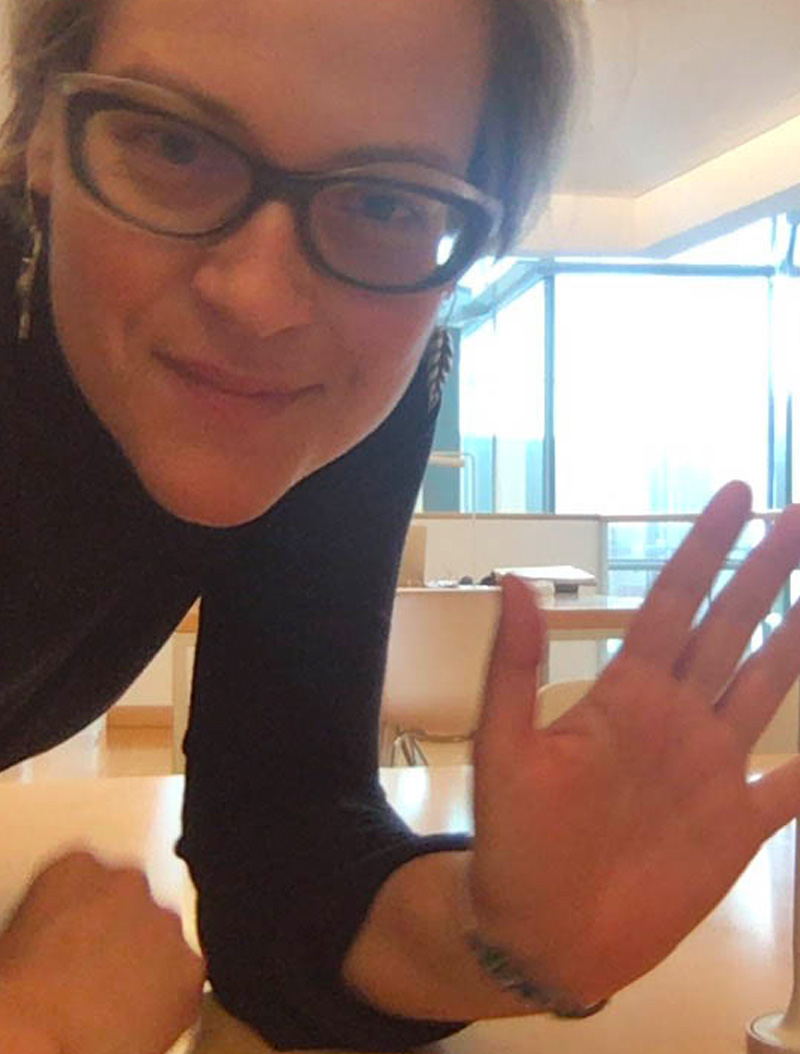
Mazurek Yvonne
Yvonne Mazurek is a PhD Candidate in Cultural Heritage Science at Tuscia University (Viterbo, Italy). She trained in New York, Chicago and Viterbo. Her 15+ year experience in teaching art history on-site inform her take on safeguarding and site enhancement strategies for Italian hamlets.
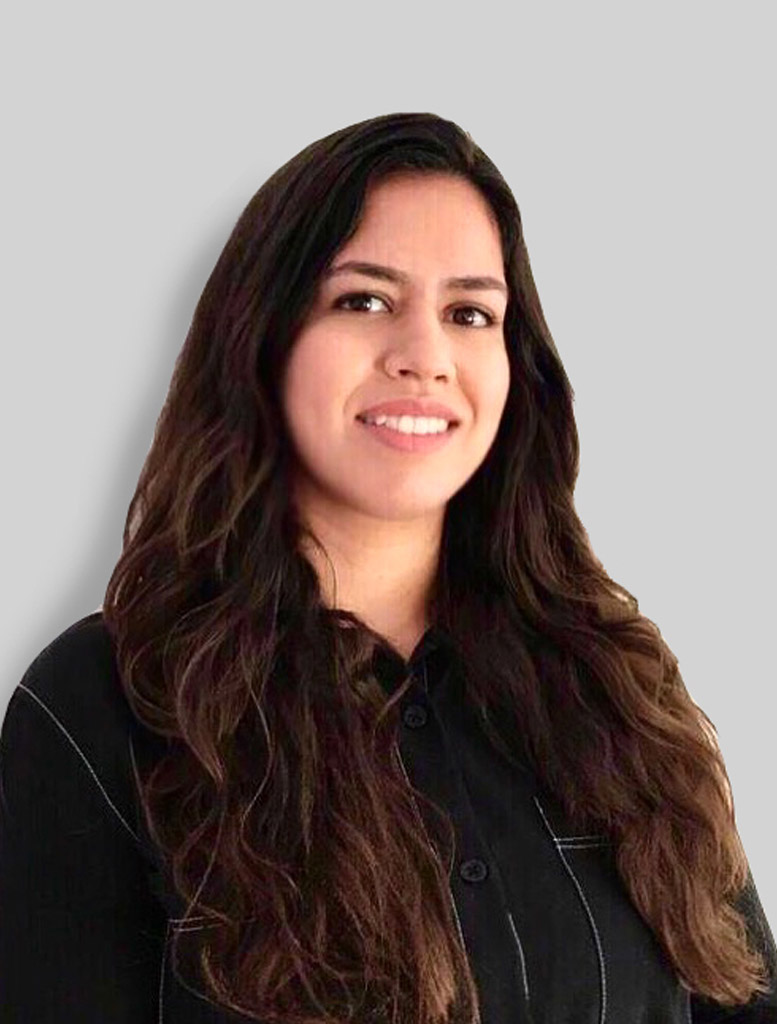
Megouar Zineb
Let me introduce myself, my name is Zineb Megouar I am from Casablanca-Morocco, currently in my sixth year in Architecture at the International University of Rabat (UIR), Morocco. During my Master year I did a work placement where I was able to share my ideas and work with the equipment in several projects in different construction phases.

Menapace Cecilia
I studied architecture at the University of Ferrara where I graduated with a Master's Thesis in landscape and energy-efficient architecture. I then focused my professional experience on urban regeneration and sustainable design, working in companies and architectural firms that are specialized in these specific fields.
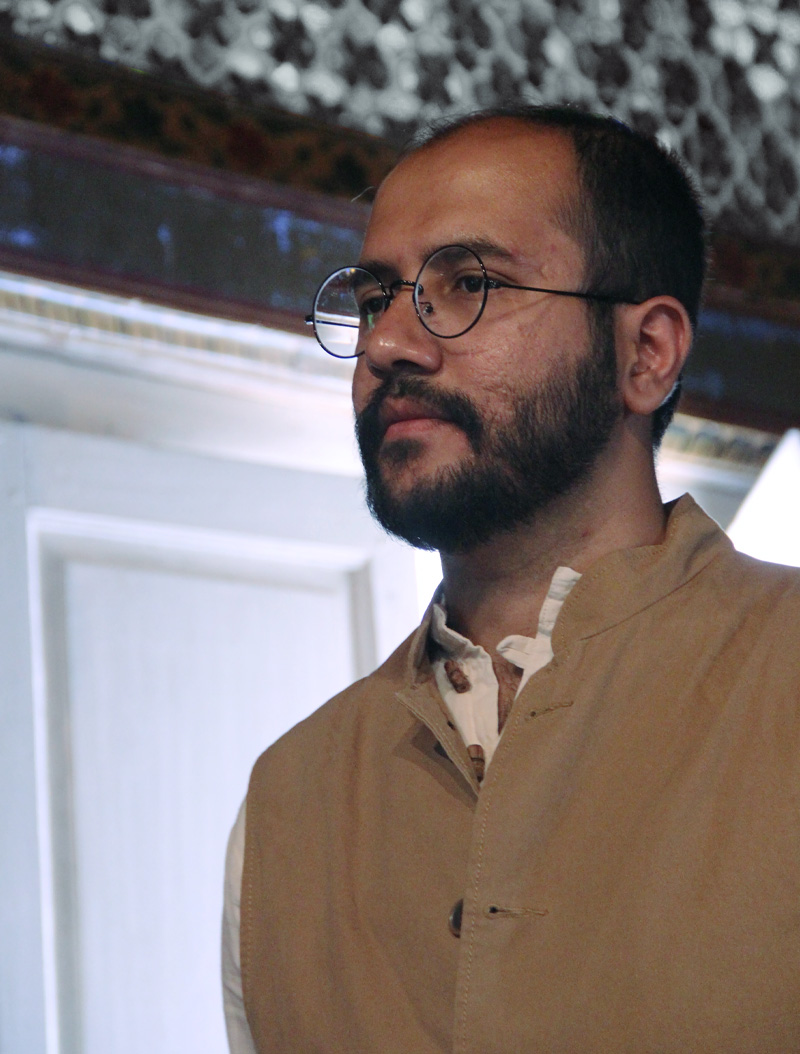
Mhatre Sanket
Sanket Mhatre is a practising architect from Mumbai with a steady investigation in the diversity of nature and the built. His thesis in M.Arch (Theory and Design) was awarded “Louis Kahn Gold Medal” by CEPT University. His practise motivates him to pursue these concerns through research on historic cities, natural environments and sensory qualities of a design. He currently teaches at IES College of Architecture.
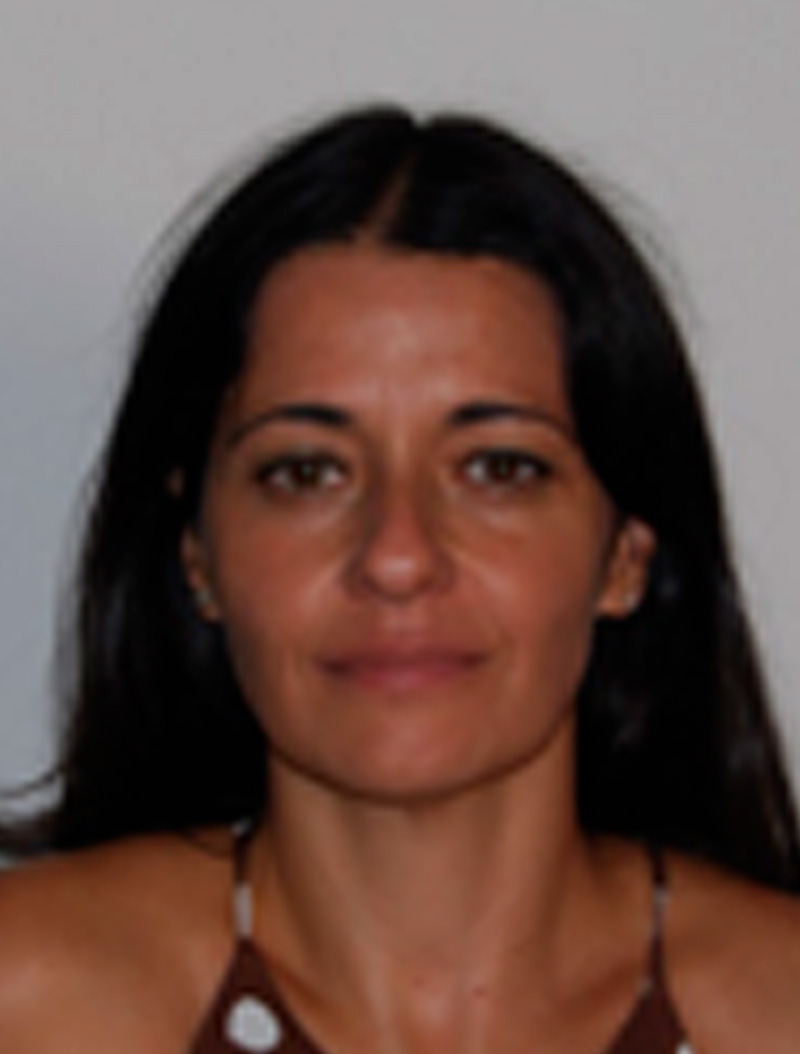
Milano Antonietta
Laureata in Architettura presso l’Università di Firenze con una tesi in consolidamento strutturale. Iscritta alla Scuola di Specializzazione in “Beni Architettonici e del Paesaggio” (UNIFI). Svolge la professione di architetto nell’ambito del restauro. Ha collaborato a progetti di restauro di edifici storici colpiti dai sismi del 2009 e del 2012
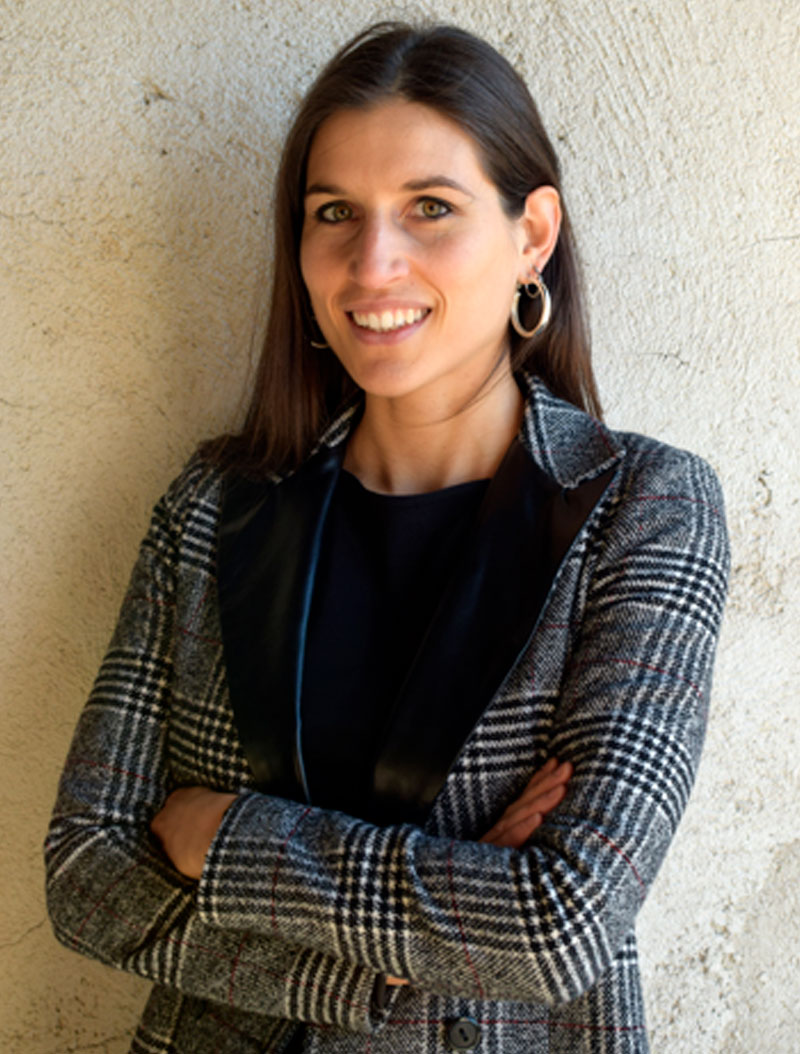
Morena Sara
Engineer graduated “cum laude” in Building Engineering-Architecture at the University of Salerno. In 2018, at the same university, she got a European Doctorate in “Risk and sustainability in Civil, Environmental and Building Engineering Systems” and subsequently a Research Fellowship for the Macro-sector 08/E where actually she also carries out some teaching activities. In 2019, she was an Expert Evaluators delegate in the H2020-MSCA-IF.
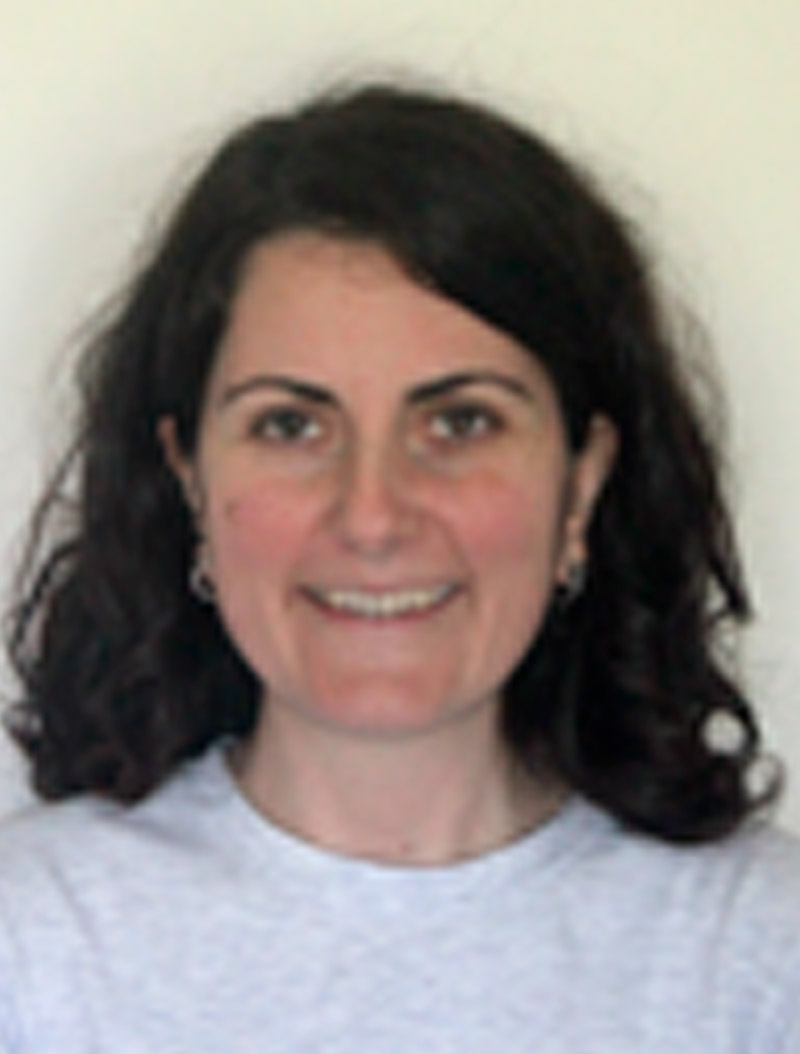
Önsel Atala Zeren
Zeren Önsel Atala is a Ph.D. candidate at Istanbul Technical University, Department of Architecture. She worked as research assistant between 2012 and 2018 at Istanbul Technical University, Department of Architecture and spent one year at University of Stuttgart, Urban Design Institute, as scholar and visiting researcher. She is working as lecturer at Özyeğin University, Department of Architecture since February 2019. She is a member of ICOMOS Turkey National Committee, Chamber of Architects of Turkey and Docomomo Turkey.
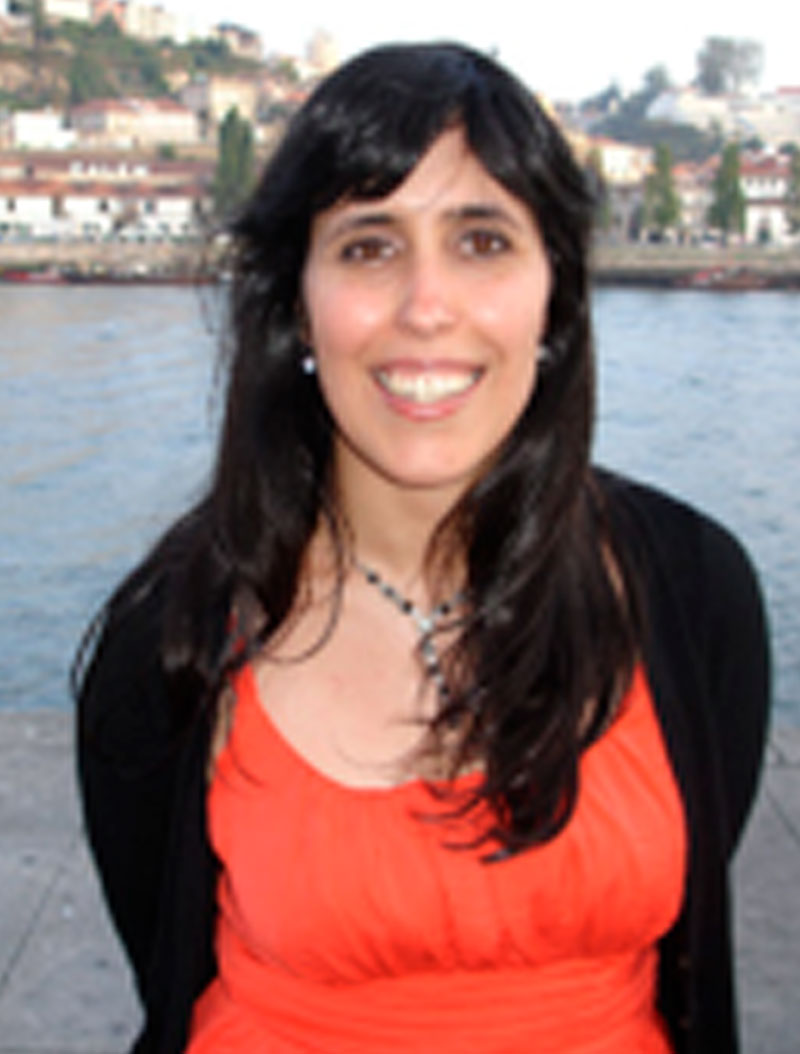
Ornelas Cilísia
Cilísia Ornelas is graduated in Architecture from Faculty of Architecture of the University of Porto (FAUP) in 2003, obtains a Master's Degree in Intervention Methodologies in Architectural Heritage from FAUP in 2007. She has a PhD degree in Civil Engineering from the Faculty of Engineering of the University of Porto (FEUP) in 2016. She is researcher at the Institute of R&D in Structures and Construction (CONSTRUC) at FEUP, and she is fellow at the Institute of Construction (IC) at FEUP.
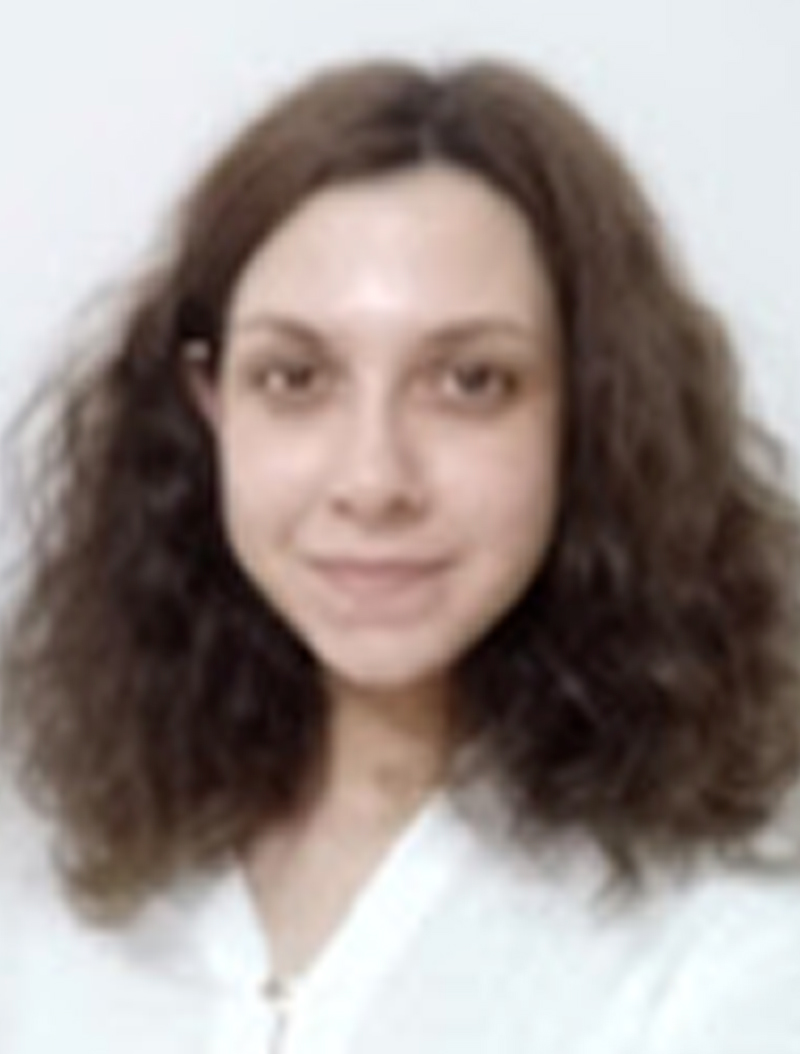
Özkuvancı Özkuvancı Özge
Özge Özkuvancı graduated in Architecture at Gebze Technical University, and holds a Master’s Degree in Architectural Design from Istanbul Technical University. She is now PhD candidate in the Design, Technology and Society Program of Özyeğin University and a research assistant in the same institution.
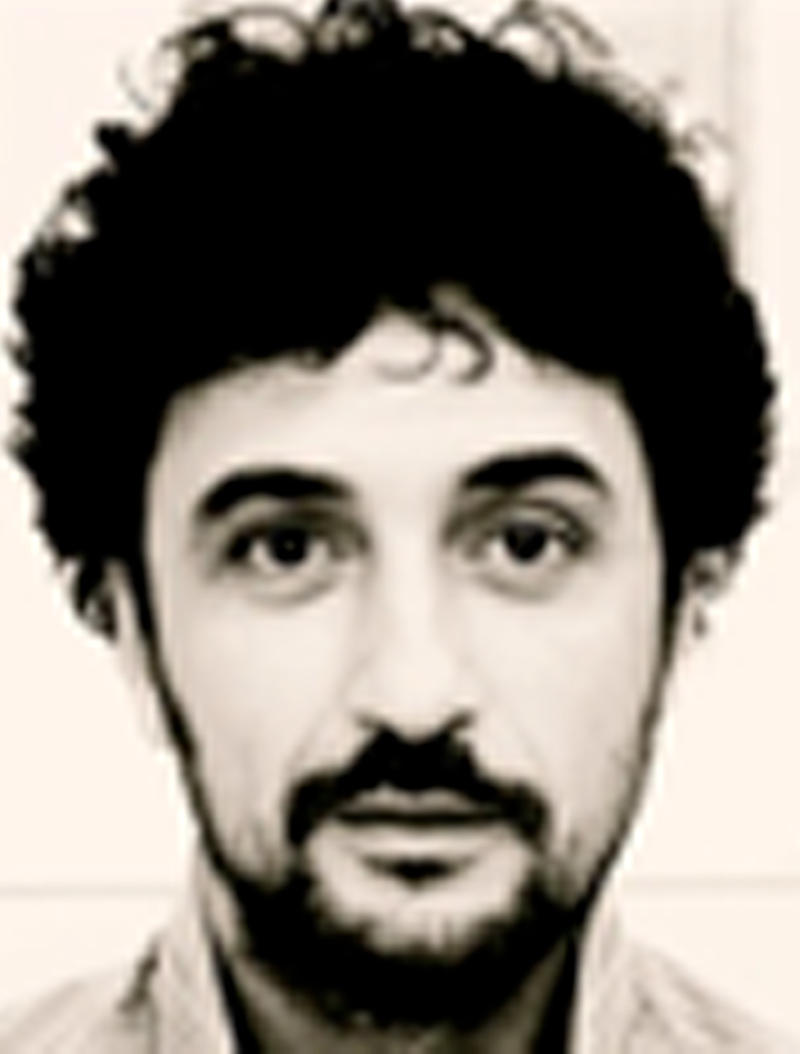
Panzavolta Andrea
Andrea Panzavolta is a facilitator expert in manage participatory process for defining plans through the inclusion of citizens and stakeholders. He is expert in communication processes, knowledge base, decision making and he is a trainer of participatory technics and methods. Andrea is a member of the International Association of Facilitators.
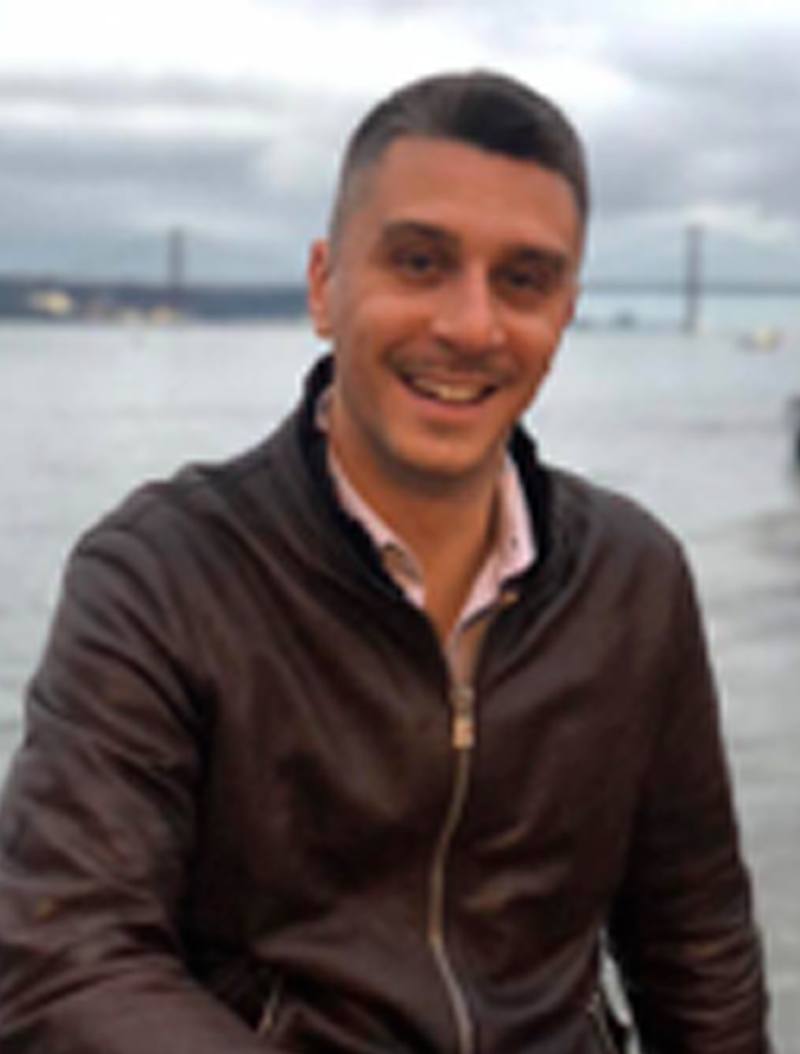
Perticarini Maurizio
2018 assegno di Ricerca presso l’Università degli Studi di Padova. 2019 borsa di Dottorato di Ricerca presso l’Università degli Studi Luigi Vanvitelli, II Università di Napoli. 2015 - 2018 disegnatore e libero professionista Architetto.
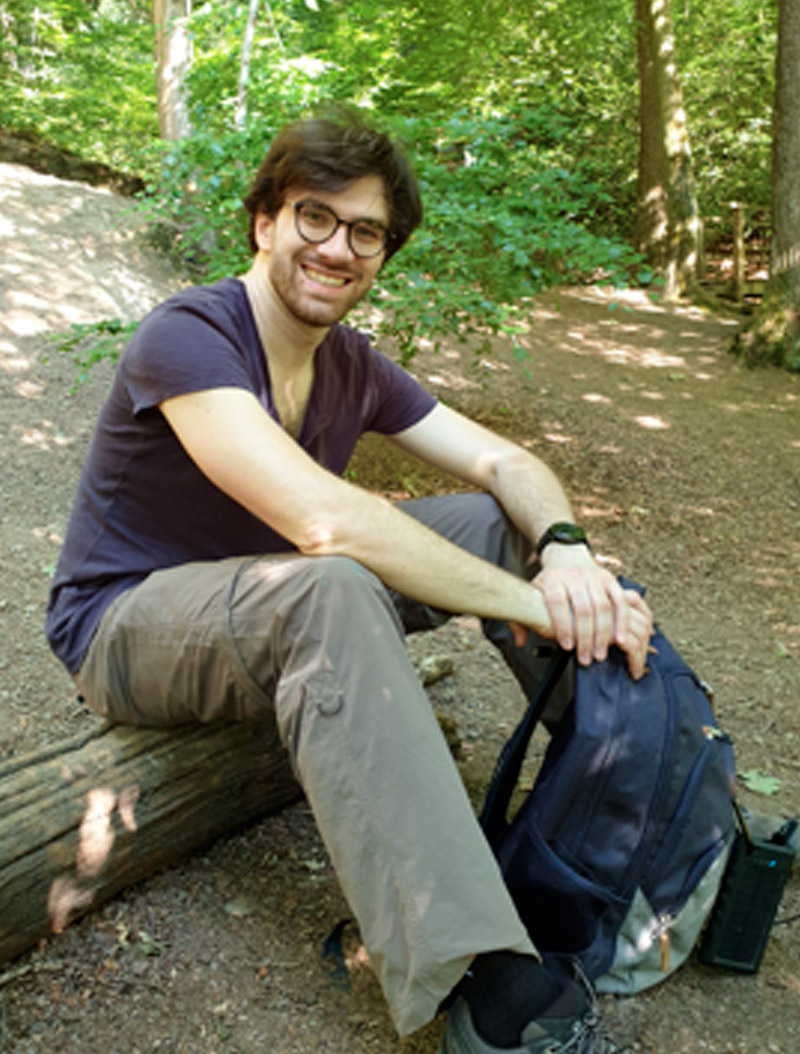
Pini Nicolò
Nicolò Pini, PhD in Classic Archaeology (University of Cologne in 2017), is currently Research associate at the Islamic Archaeology Unit, University of Bonn, collaborating on several projects in the Near East. He has specialized in ancient urbanism and building archaeology, especially for the Roman, Byzantine and Early Medieval periods.
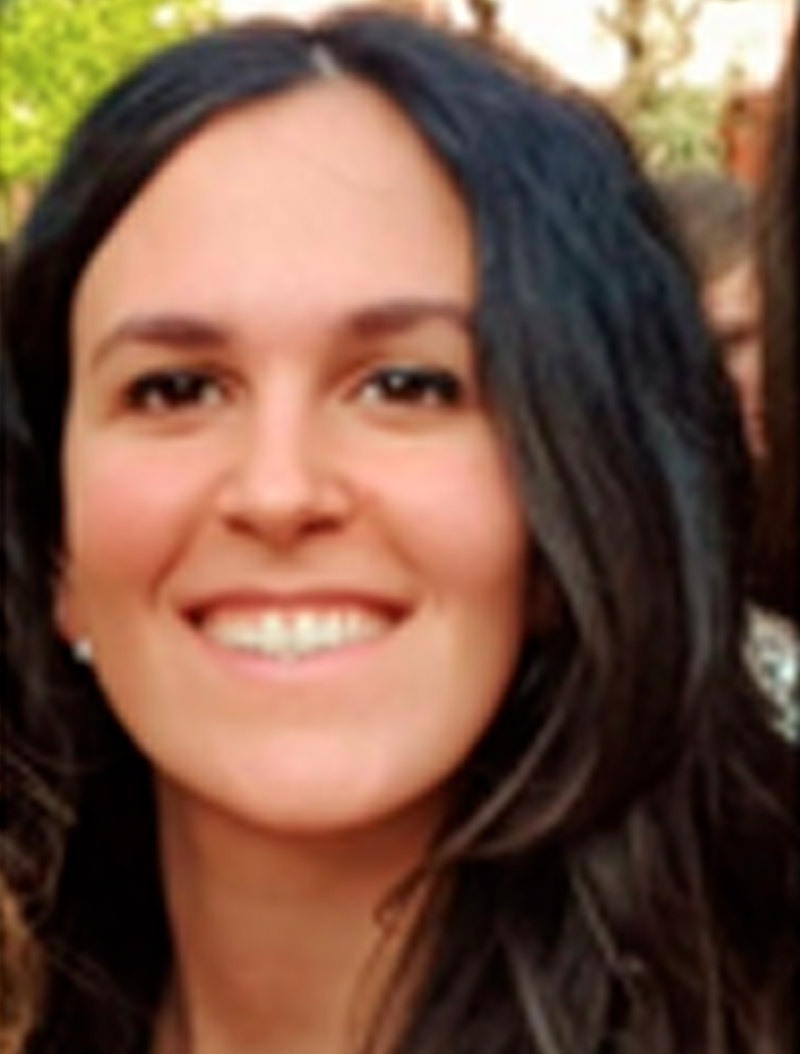
Praticò Lucia
Lucia Praticò, 26 years old. Civil engineer graduated with full marks in Structural engineering. Currently attending the 2 year of a PhD programme in Bologna, on the seismic vulnerability analysis of existing structures. Selected for the Erasmus study period in Sweden, and the World Heritage Summer School in New York.
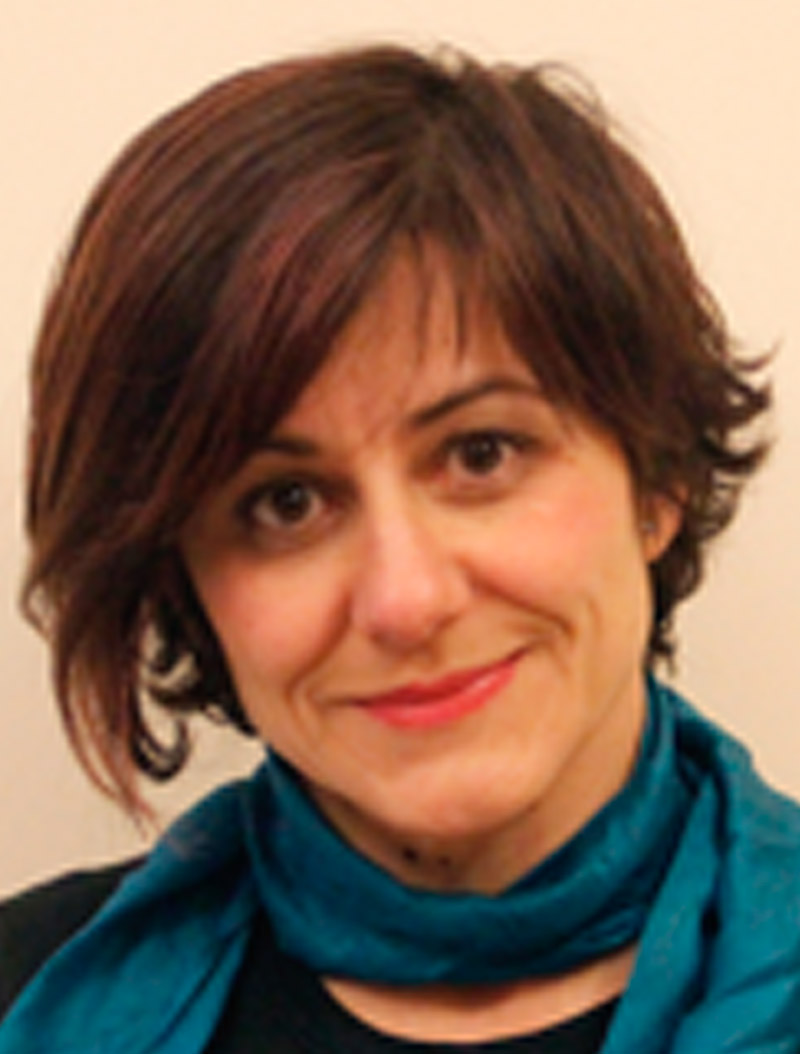
Previti Maria
I am an Architect specialised in restoration and conservation, employed by the MiBACT.
My initial assignment at ``Parco Archeologico di Pompei`` allowed me to develop my knowledge on construction management and public works related to restoration sites.
I joined the reconstruction efforts following the 2016 earthquake; currently working at Marche region on restoration interventions to publics buildings and cultural heritage.
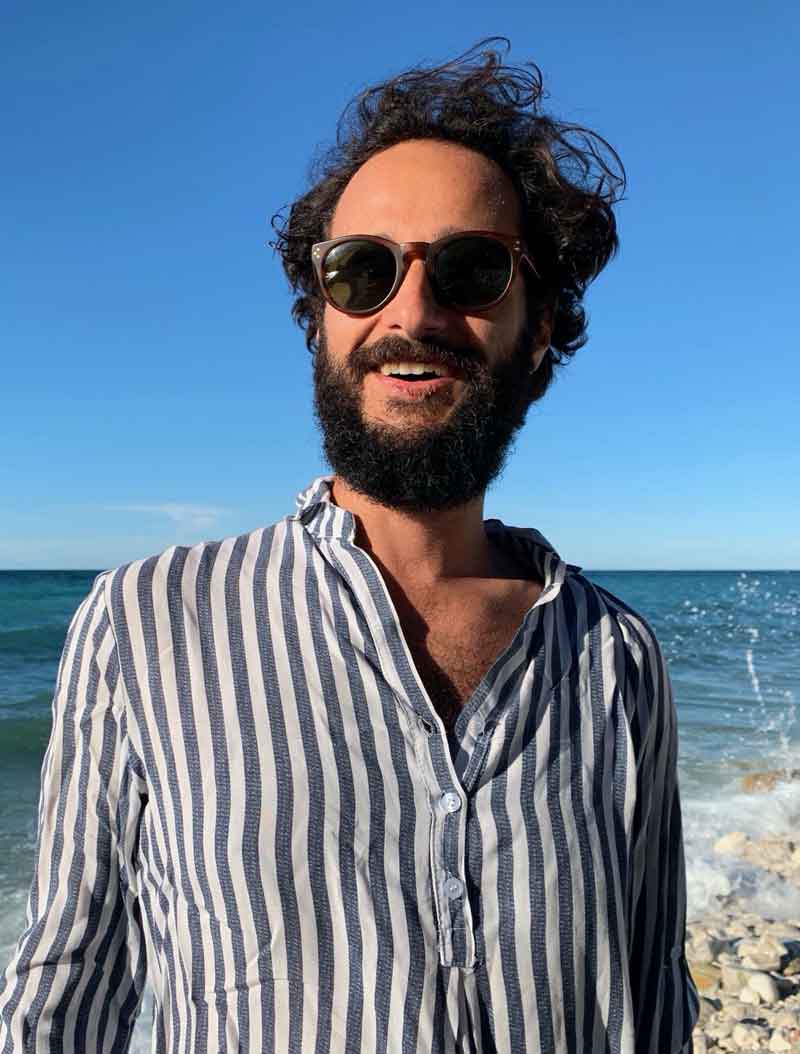
Ridolfi Flavio
Architect, PhD in Material and Structures for Architecture at UNIFI (Florence). Researched on the seismic performances of historic masonry with focus on vernacular earthen constructions. Damage surveyor after 2016 Central Italy earthquake. Now active in freelance profession and academic research.
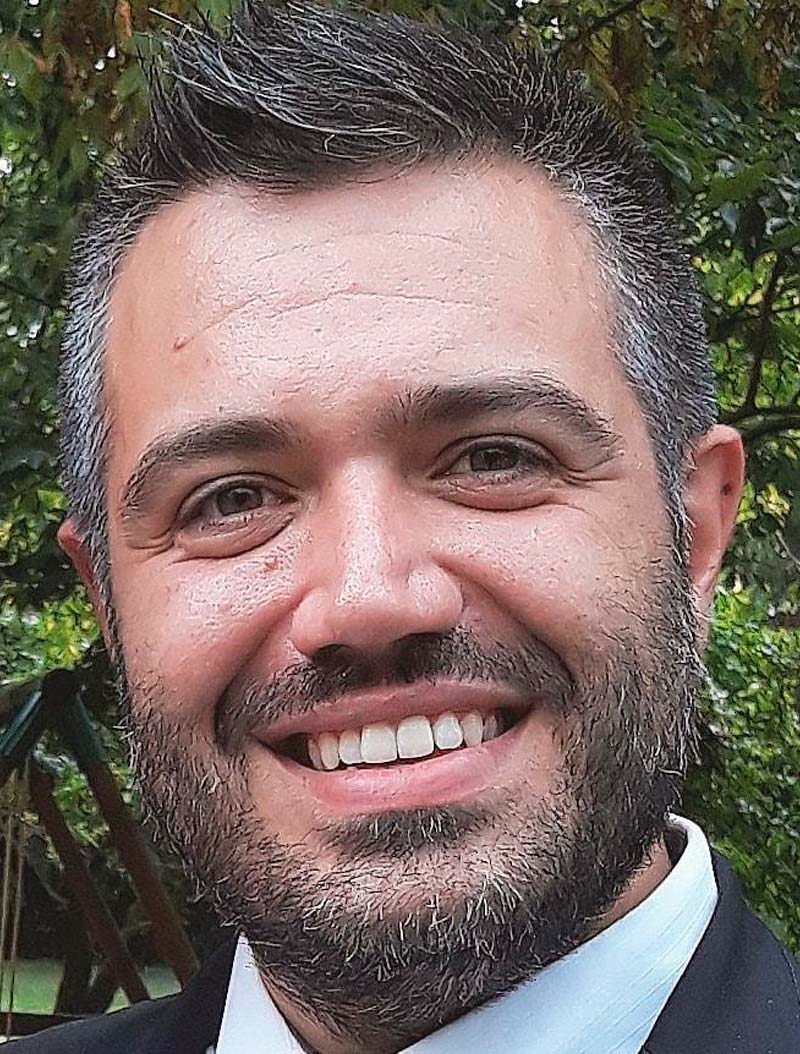
Santangelo Giuseppe Camillo
He graduated at the Faculty of Architecture of Ferrara in 2006, where he also took the PhD in Technology of Architecture in 2011. He is contract professor of ``Environmental Design`` from 2016 at the Department of Architecture of Ferrara, and of “Innovative Technologies for Sustainable Design” at the Department of Engineering and Architecture of Parma from 2019. In 2010 he opened his own studio, where he still carries out his profession, devoting himself above all to the technological design culture.
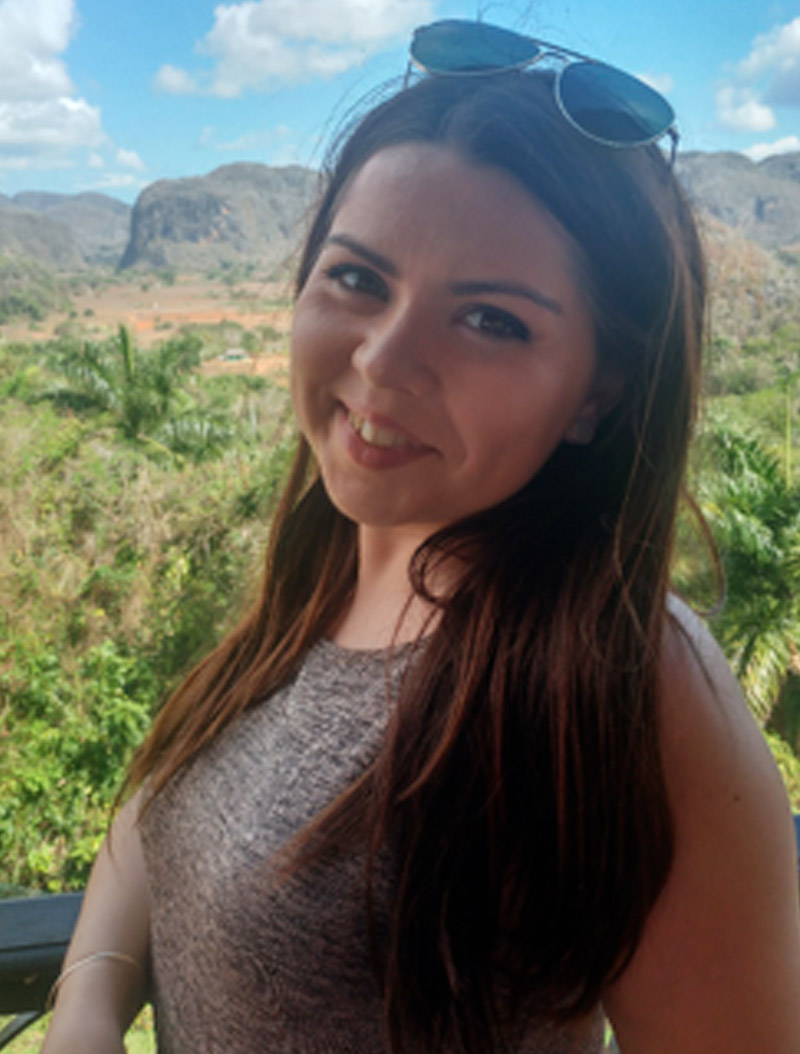
Scupin Alexandra
Previous experience has contributed to my interest for an in-depth study in the field of structural assessment for existing structures in highly seismic areas. As I wanted to engage in more complex research activities, I am currently working on a PhD thesis that aims to evaluate previous structural retrofitting interventions done on historic masonry structures from Romania.

Selih Jana
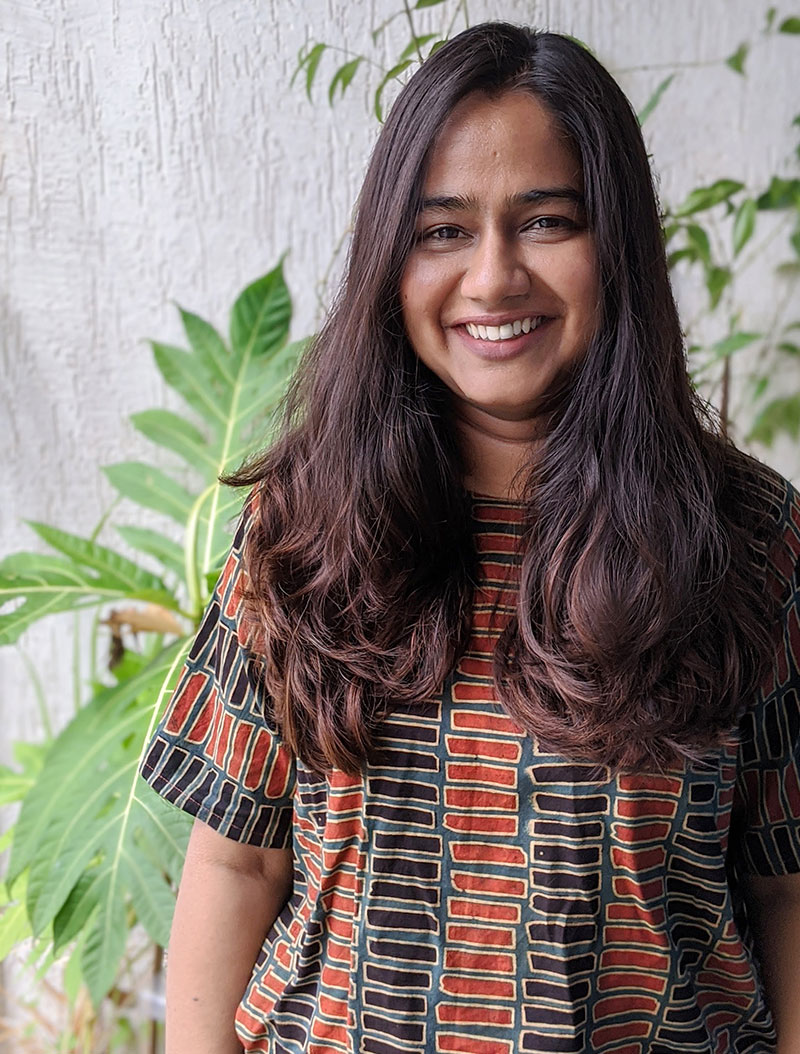
Sharad Chaitra
Chaitra Sharad holds a Master’s Degree in Architecture (Theory & Design) from CEPT University. She has written chapters in the books Learning Architecture; Between History and Memory: Blue Jodhpur; and Architectural Expressions: People, Time, Ideologies. Her continuing research is on the role of the 'human element' in architecture. She is an independent researcher, and her interests lie in history and cultural narratives. She is currently teaches at IES College of Architecture Mumbai.
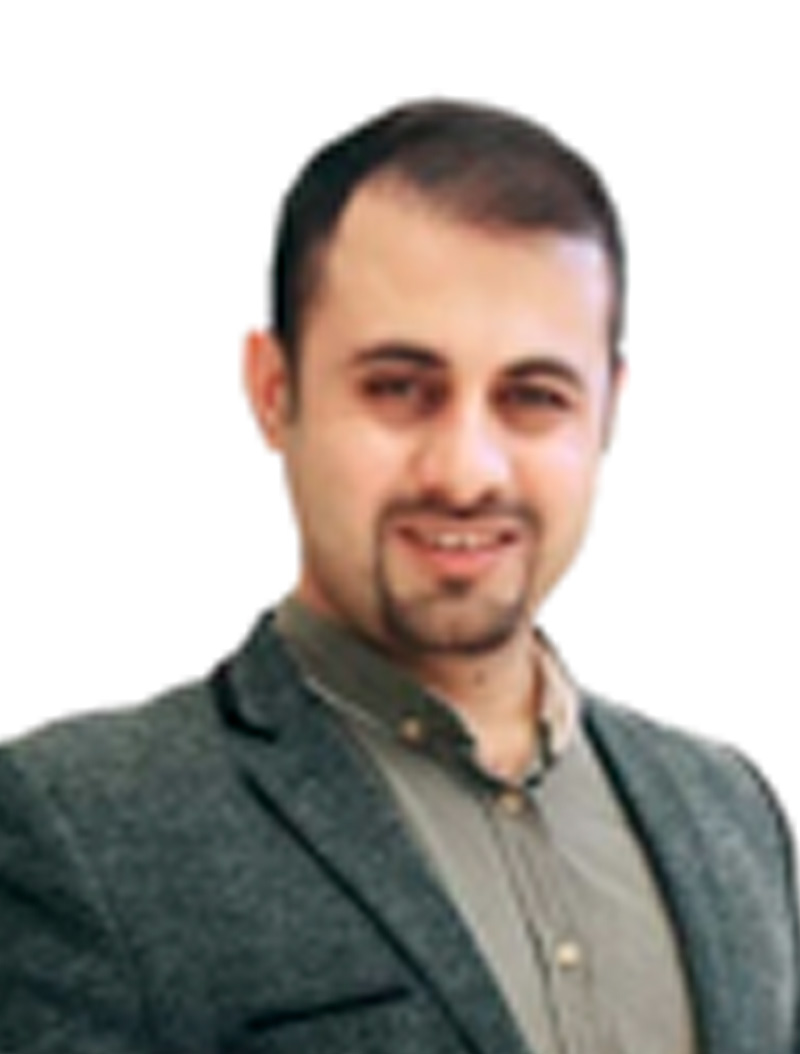
Sherzad Shad
I am an architect, I like design building through exterior and interior, also I like to share my knowledge about architecture and design inside universities or schools. I am passionate about education and getting students excited to learn. My goal is to help provide people with hands-on learning and real-world learning experience which help prepare them to be successful.
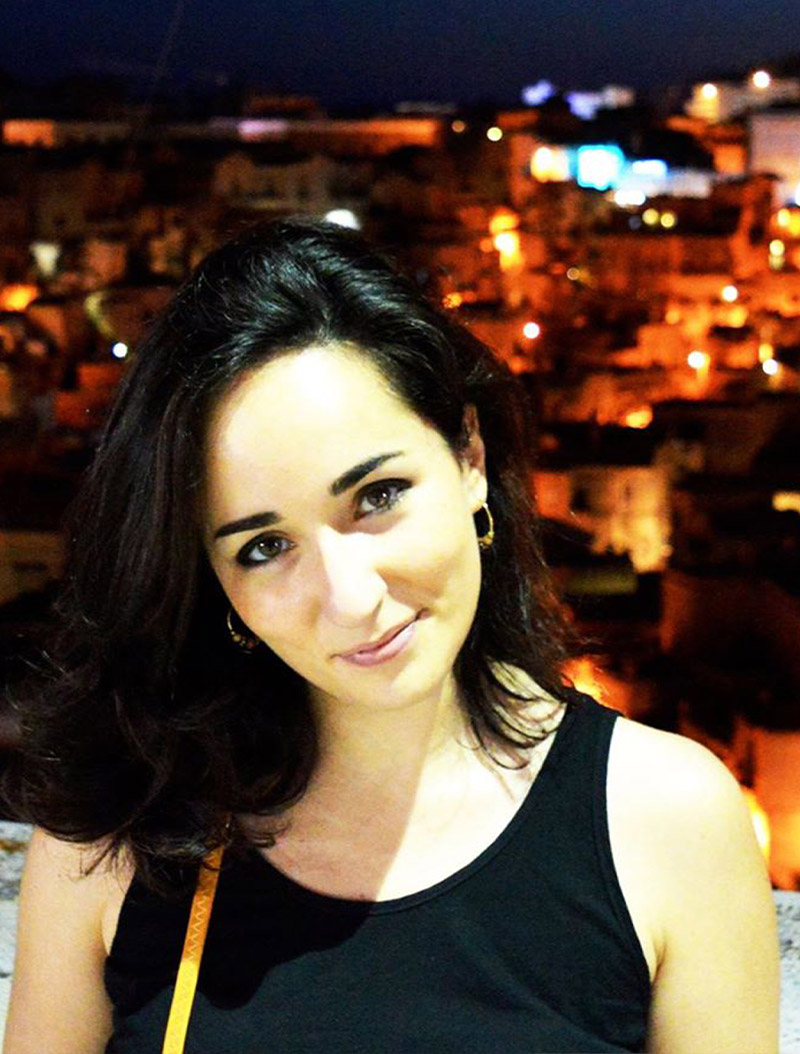
Tosto Chiara
I’m Chiara Tosto. I’m an Architect and I live in Matera, city where I come from. I lived in Bari where had the master degree at the Politecnico di Bari, and in Turin for taking the post lauream specialization in Architectural Heritage and Landscape at the Politecnico di Torino.
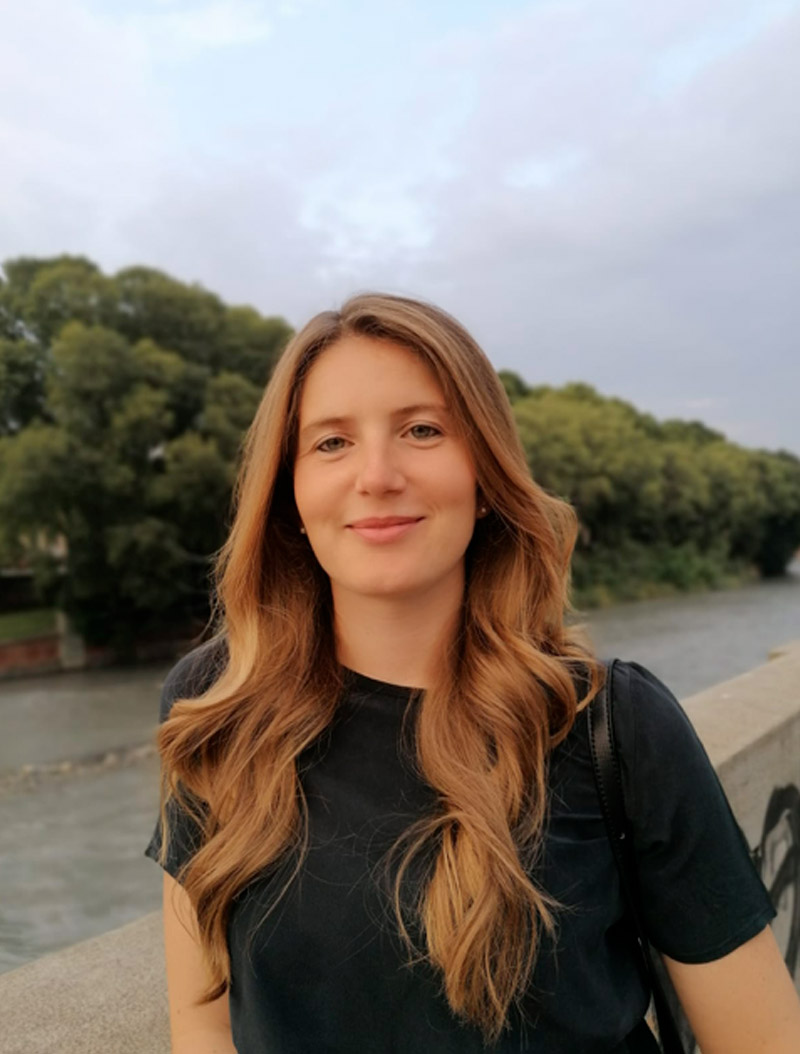
Ugliotti Francesca Maria
Francesca Maria Ugliotti, RTD-A at the Politecnico di Torino DISEG Department. Graduated in Building Engineering and specialized with a Master in Real Estate Management. Focused on the use of BIM for data collection, management and visualization of existing buildings in the Smart City scenario.
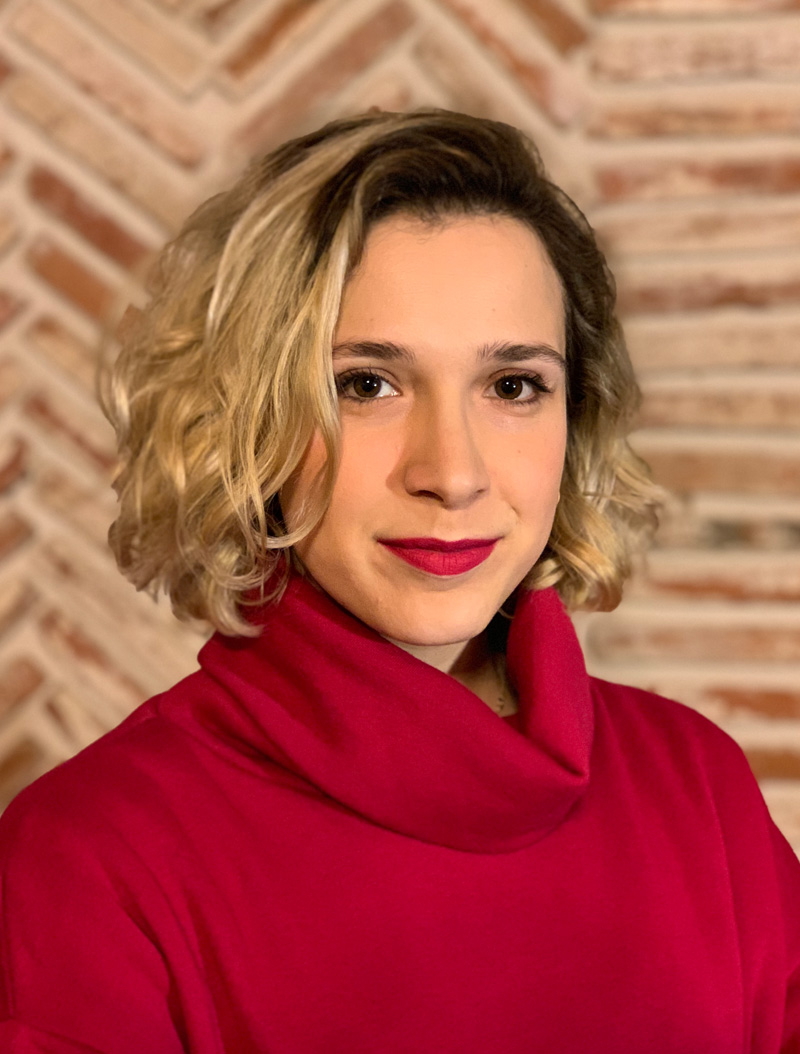
Valle Isabel
I have studied Conservation and Restoration of Cultural Heritage, with specialty in sculpture. I developed my final bachelor dissertation on 3D modeling with UV light and its uses for the diagnosis, conservation and diffusion strategies in Cultural Heritage, in which I obtained the maximum degree. Thanks to that I presented various works in several seminars and congress, mainly focused on 3D photogrammetric modeling.
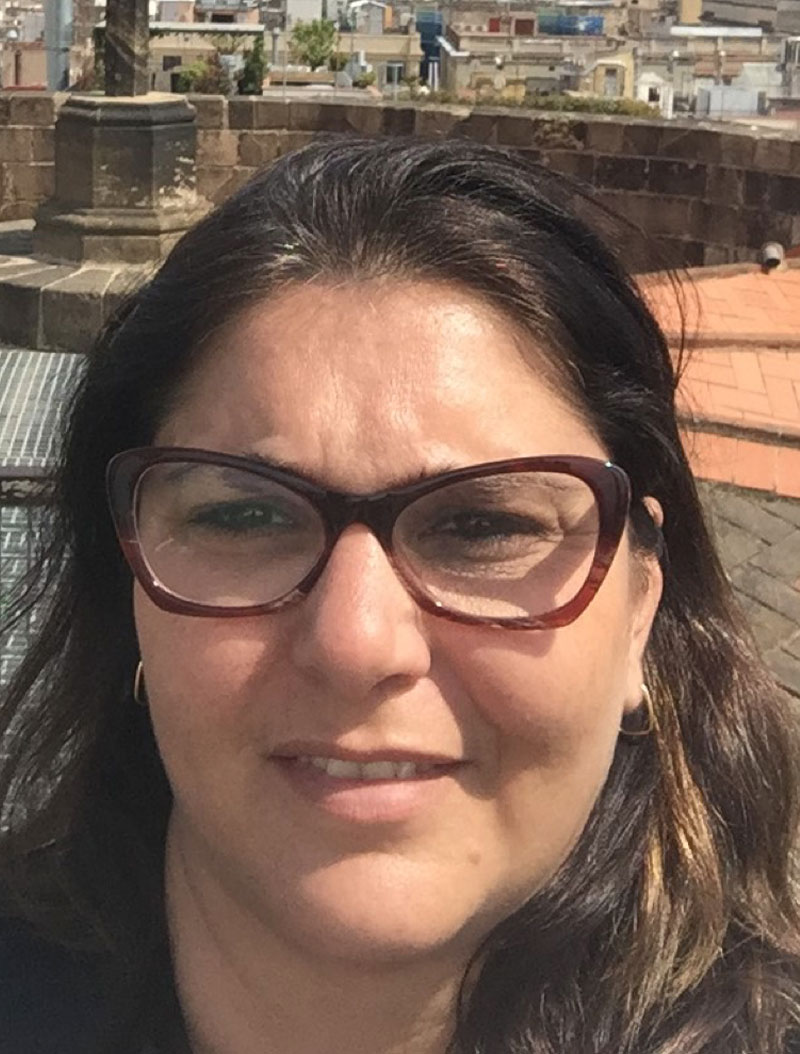
Vaz De Souza Mariana
I have a degree in Architecture and Urbanism from the Federal University of Rio de Janeiro (2001) and a Masters in Architecture from the Federal University of Rio de Janeiro (2004). I am currently a doctoral student at PROARQ-UFRJ with support from the Coordination for the Improvement of Higher Education Personnel, and a researcher at the Federal University of Rio de Janeiro, through PROARQ. I am a member of ICOMOS Brasil, and participate in the Education and Training, Emerging Professionals and Heritage for Our Generations committees. My professional experience in Architecture and Urbanism has an emphasis on Techniques for the Conservation and Restoration of Historical Monuments, but I also work with interior design. My biggest motivation is to follow a teaching career working in the teaching of cultural heritage, restoration of historical monuments, teaching of construction and survey techniques and the ethical importance of acting in a restoration project.
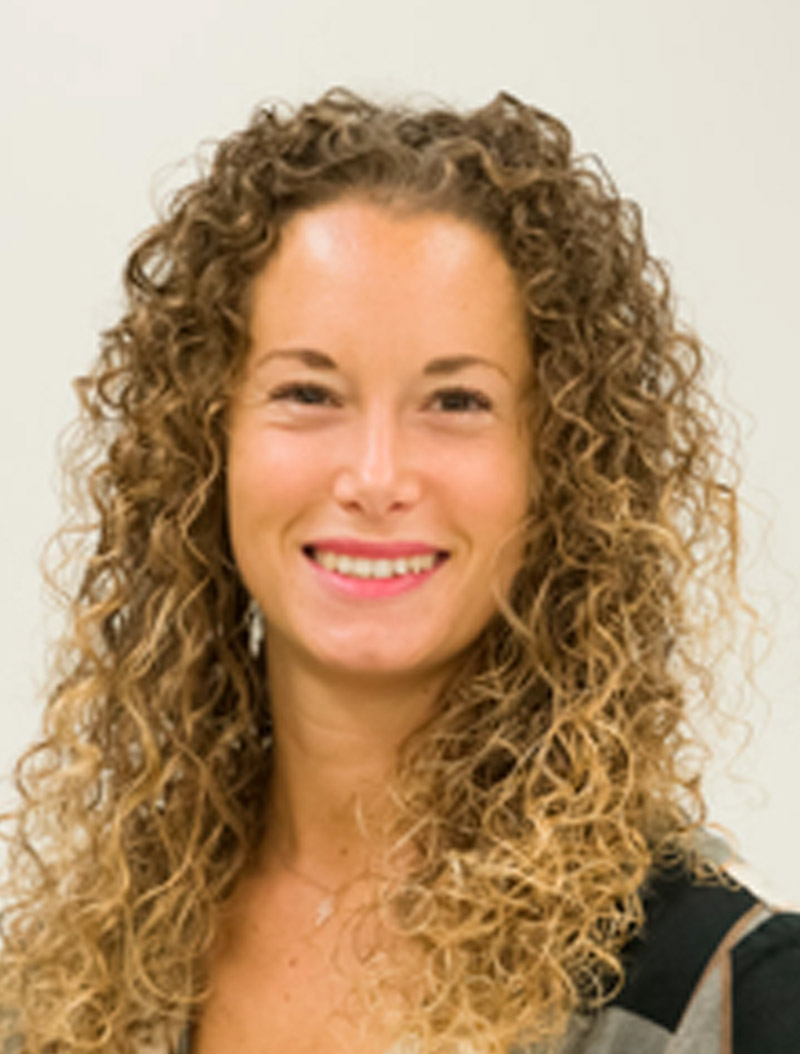
Ziraldo Emma Gaia
Emma Gaia Ziraldo is a qualified conservation scientist with experience in environmental monitoring, integrated pest management, damage prevention, and diagnostic analysis of artworks. Multi-lingual postgraduate with an MSc in Material Science for Cultural Heritage from the University of Torino, Italy - Emma currently holds the position of Preventive Conservation Fellow at the Conservation Center of Art and Historic Artifacts in Philadelphia, USA.


